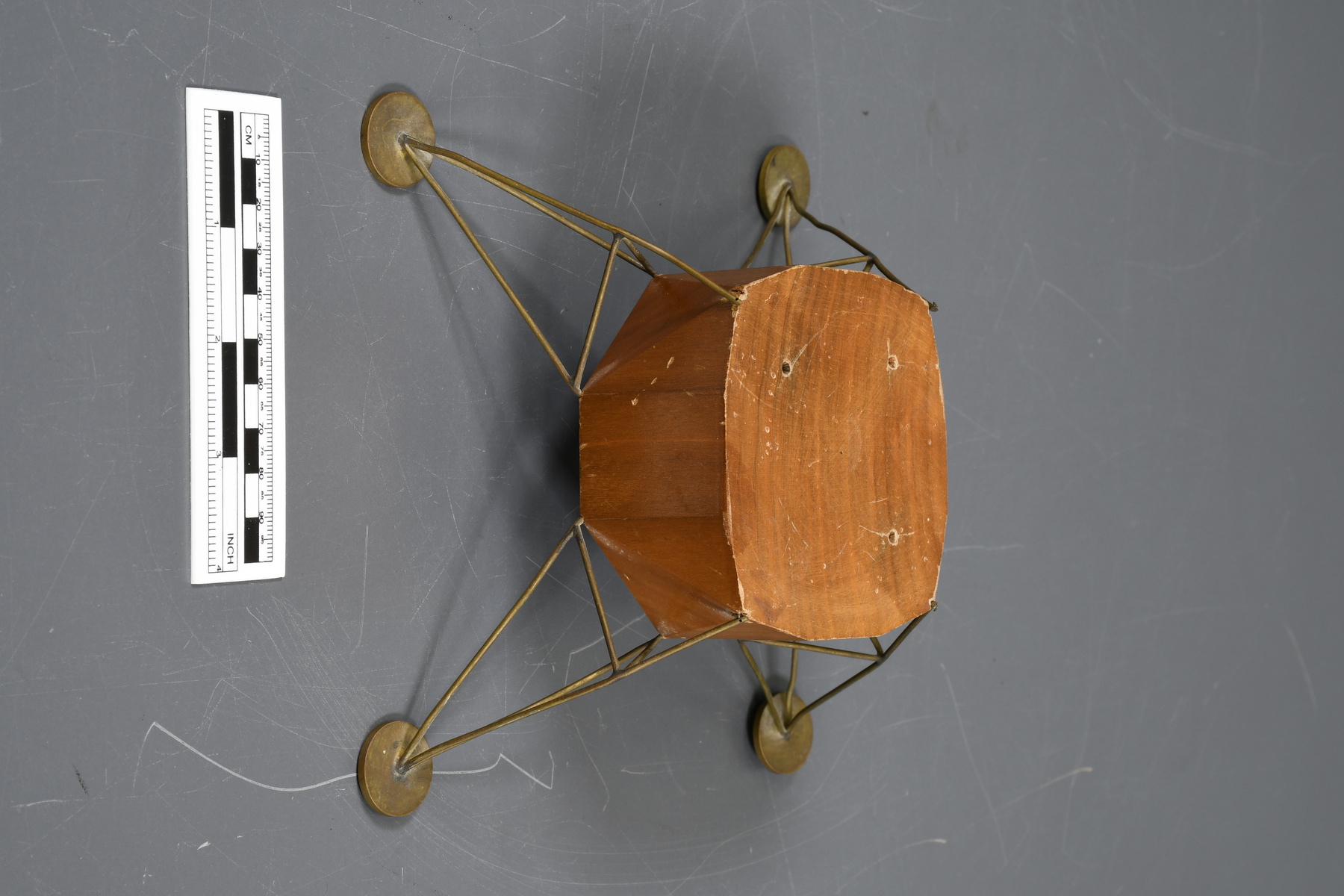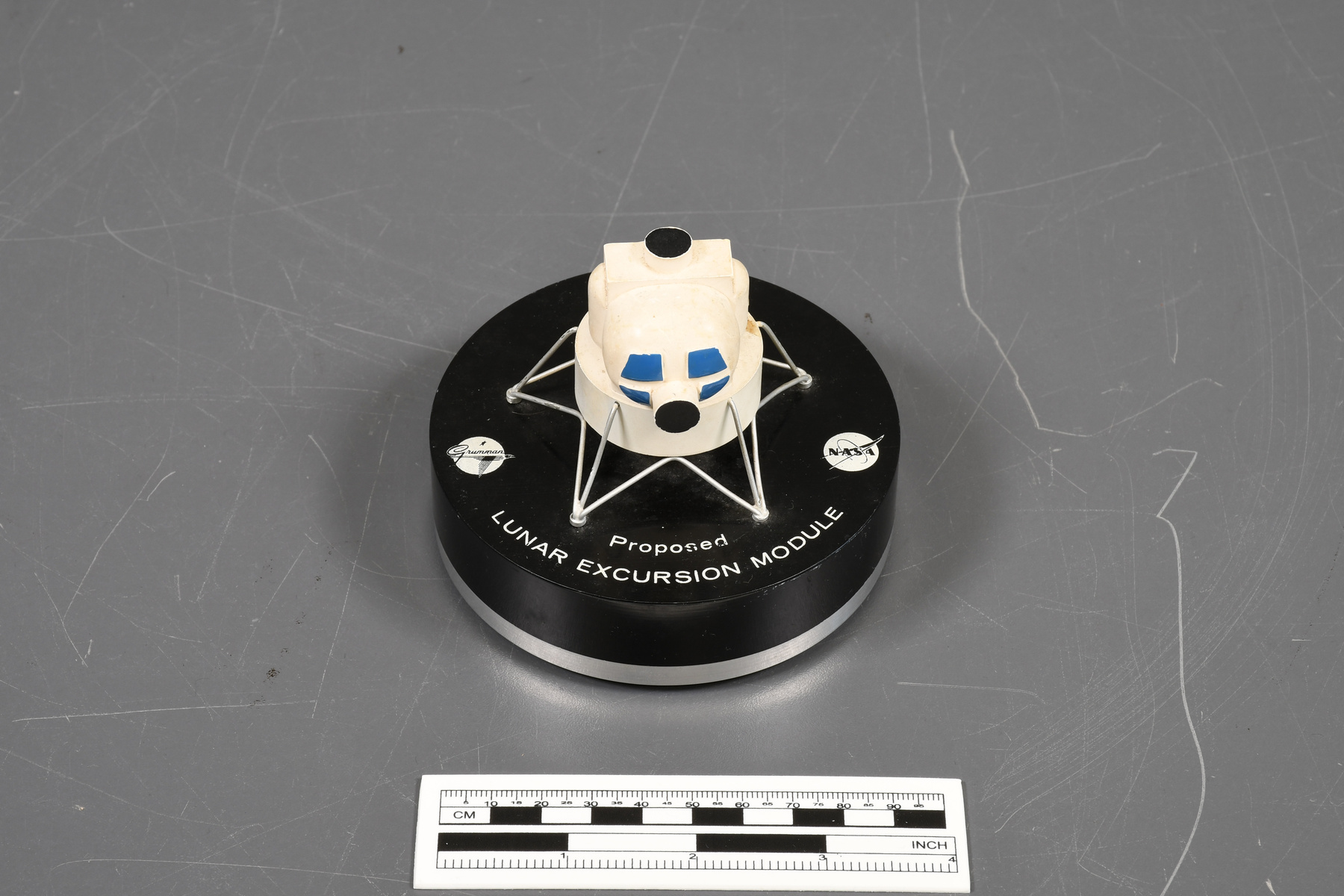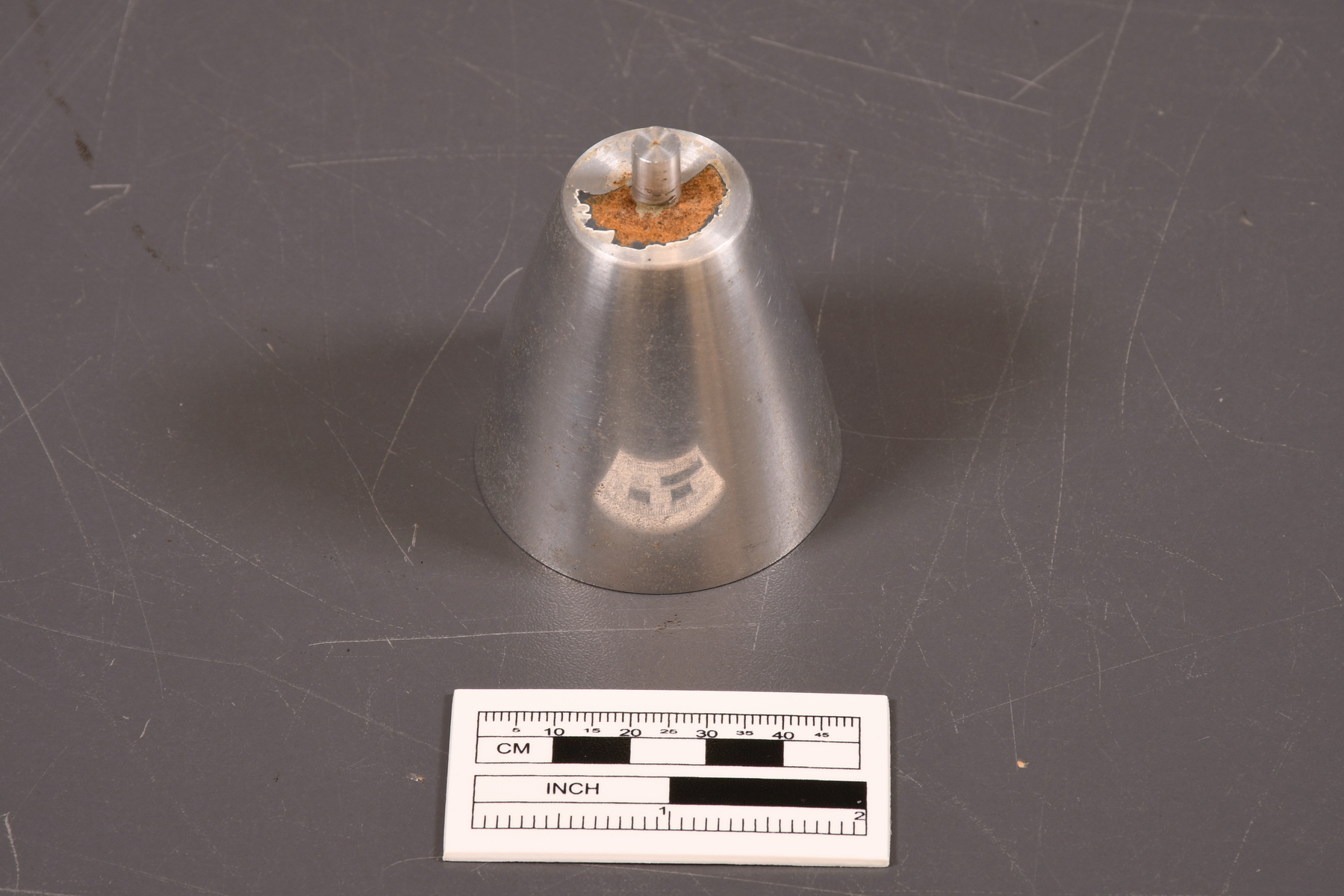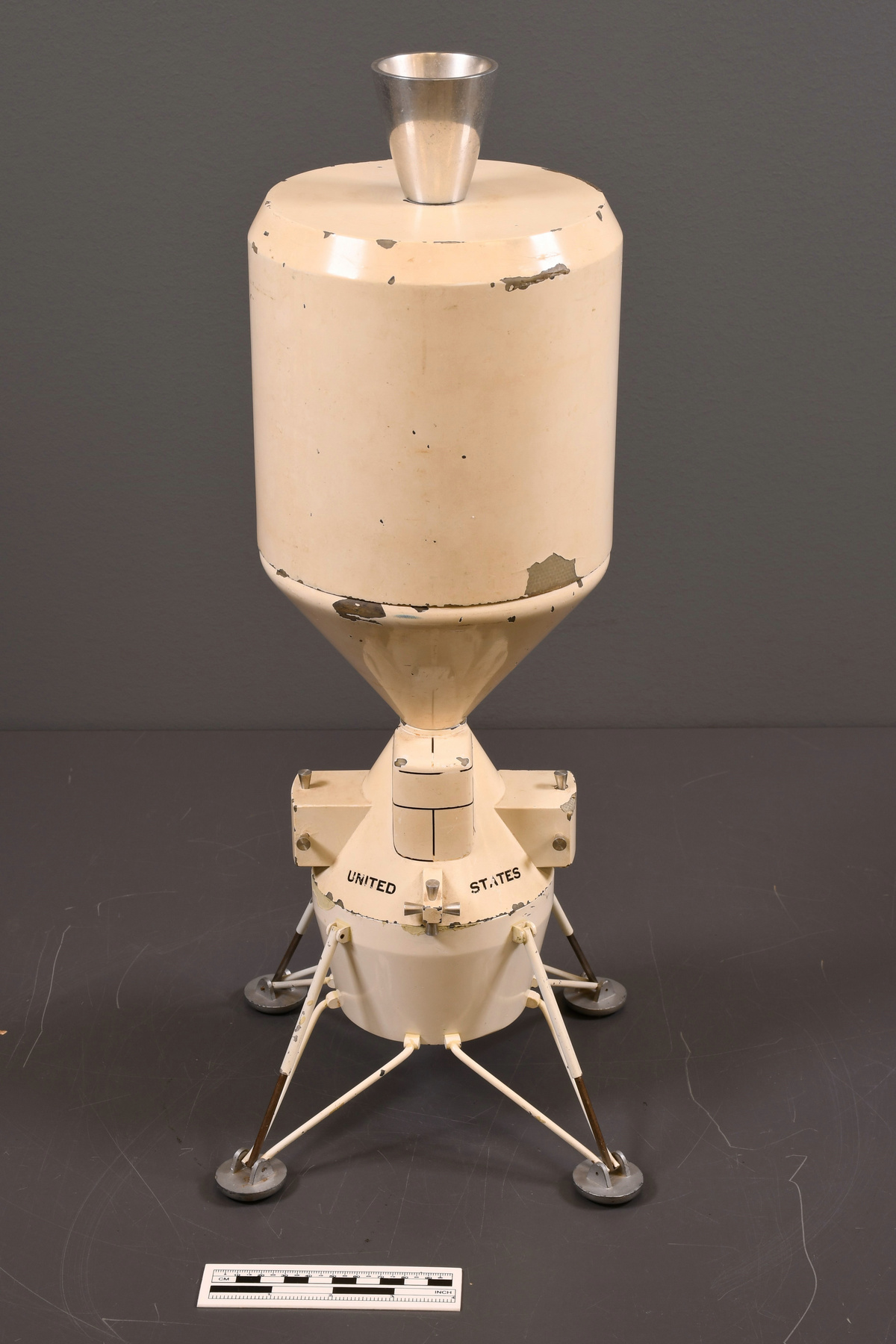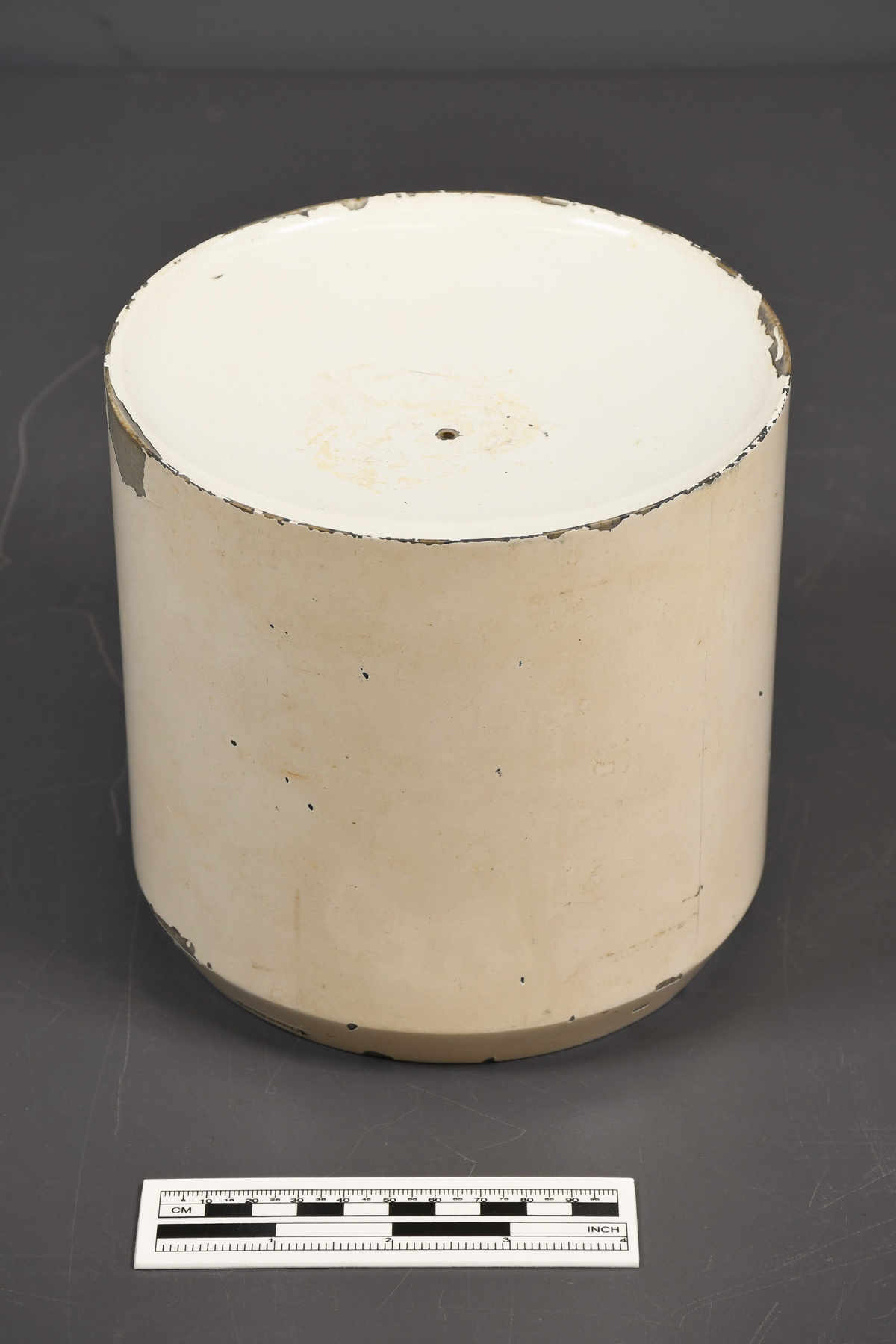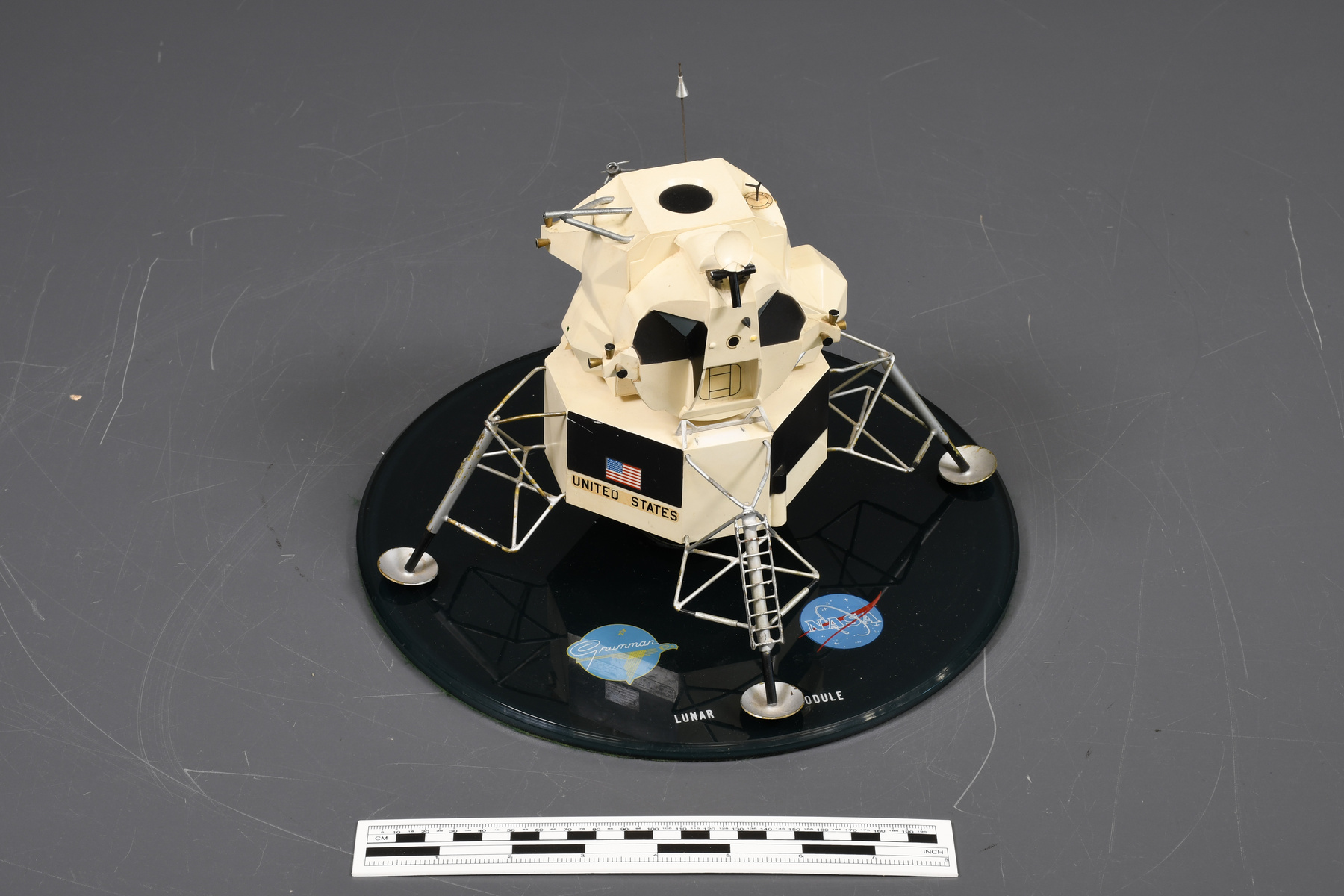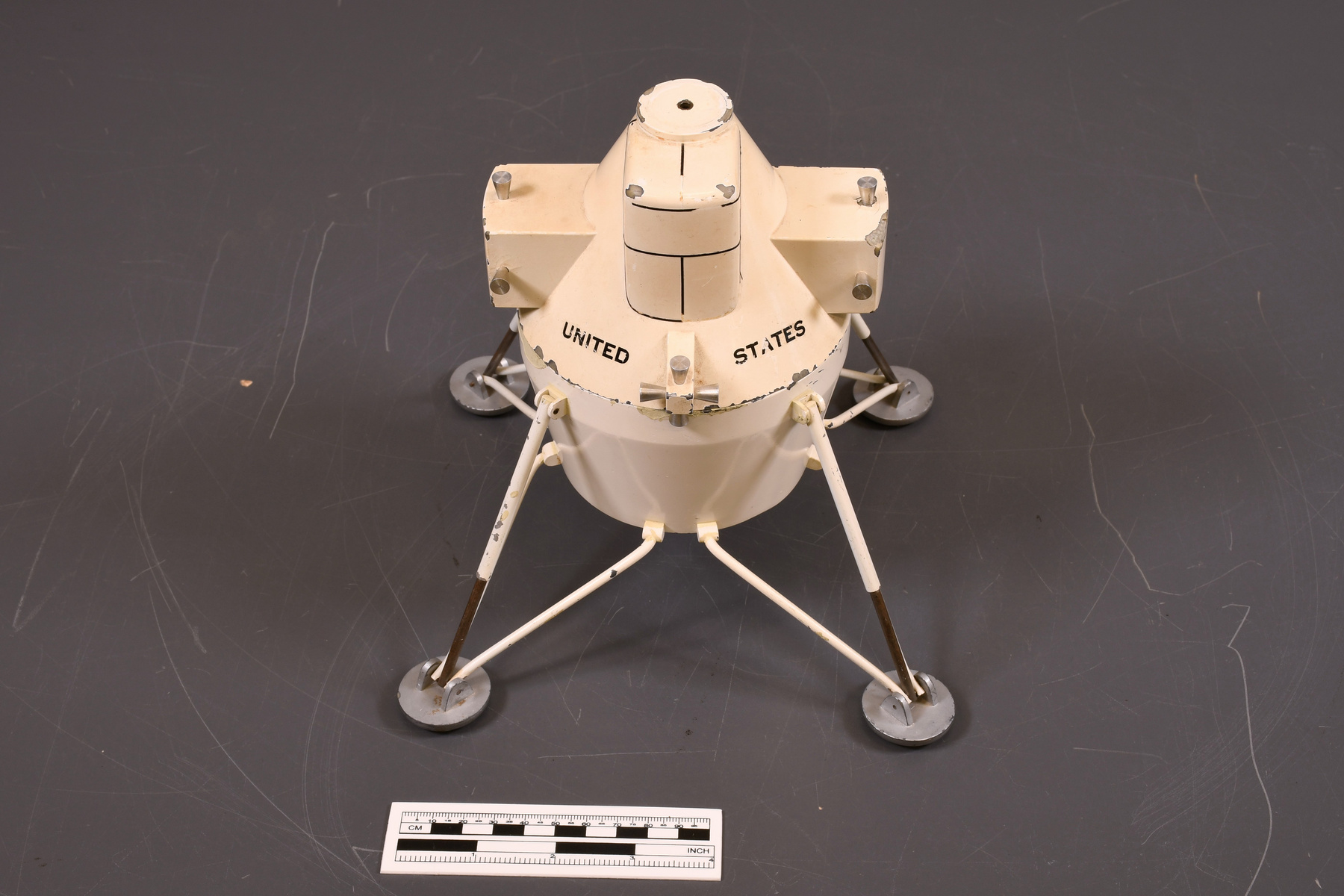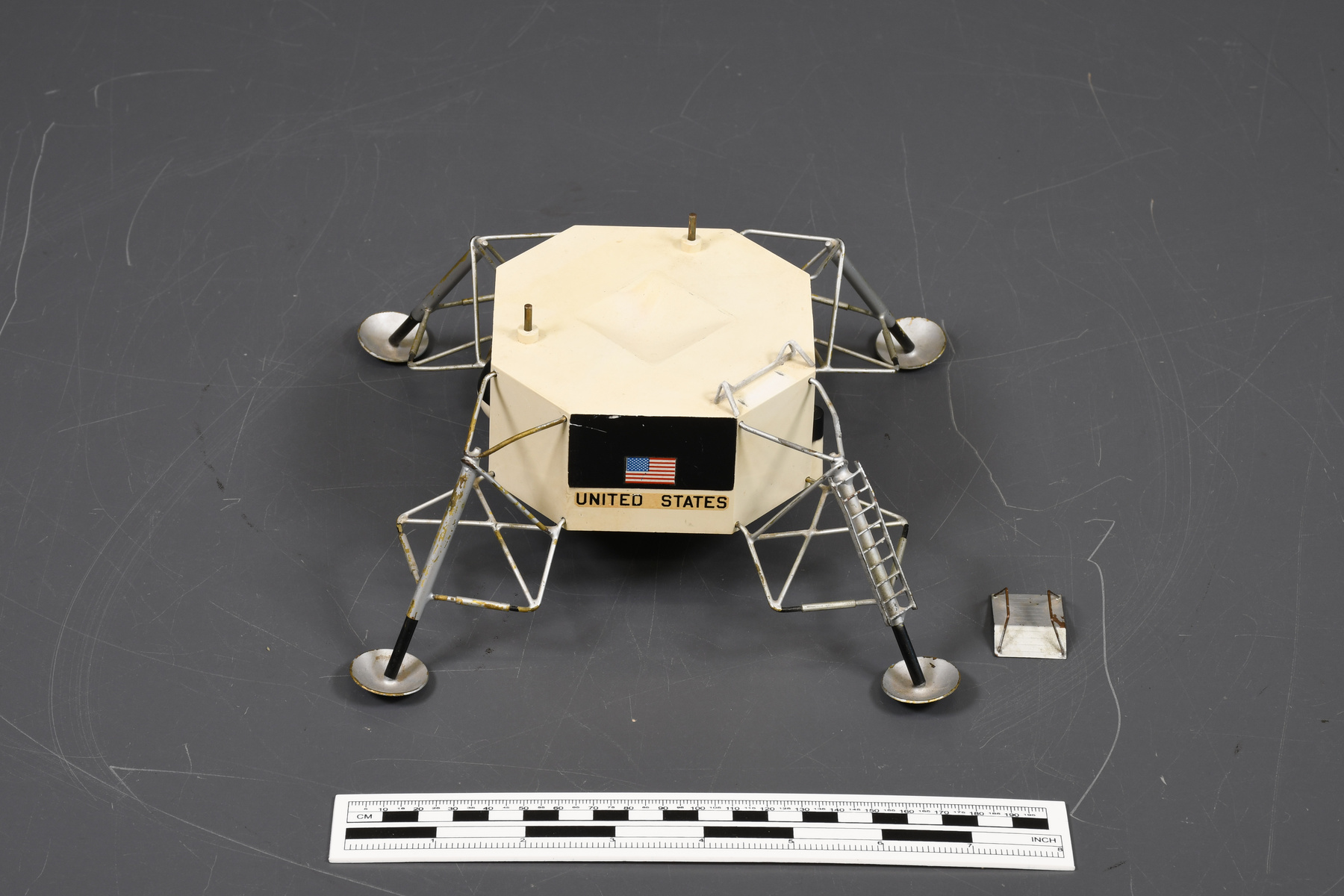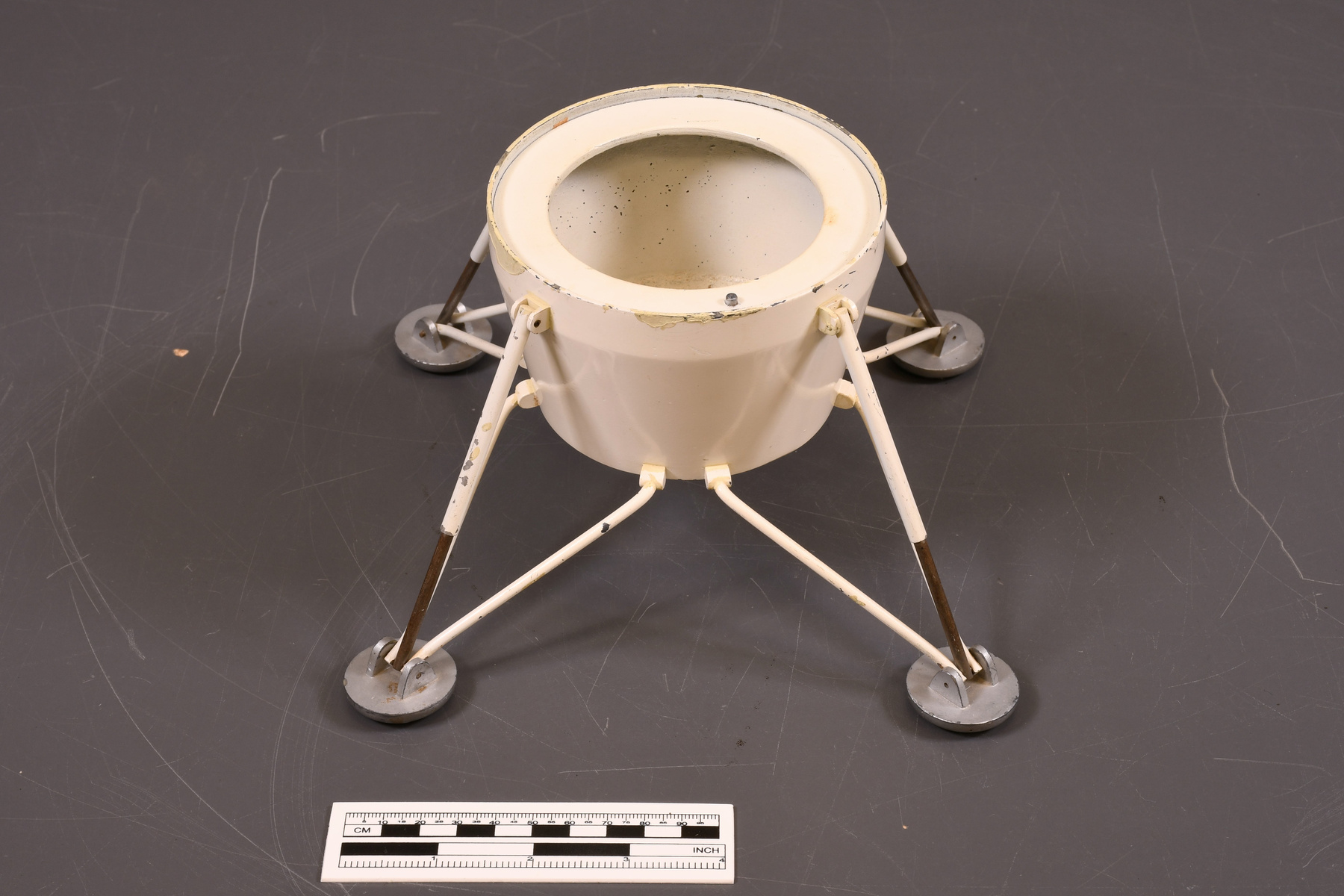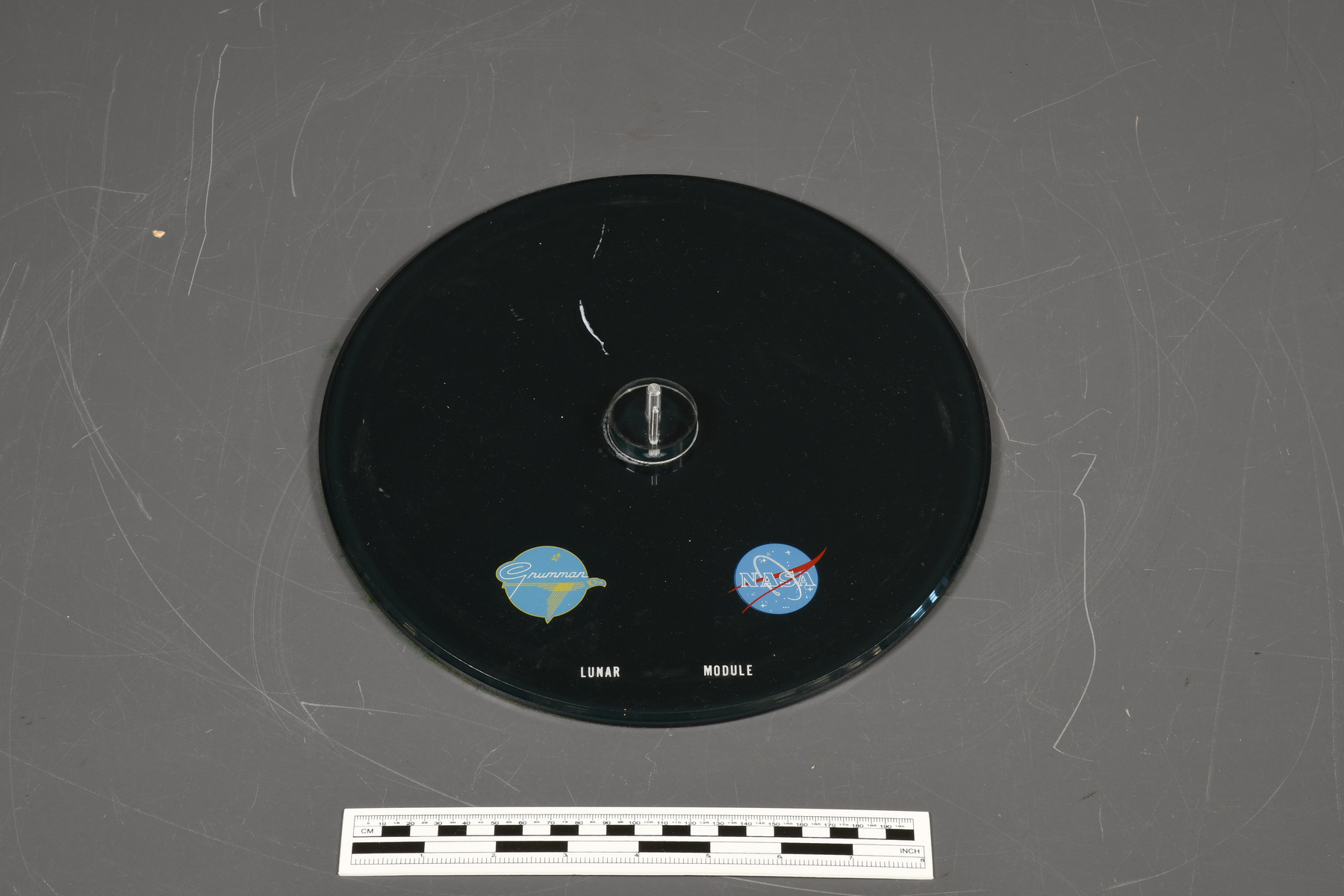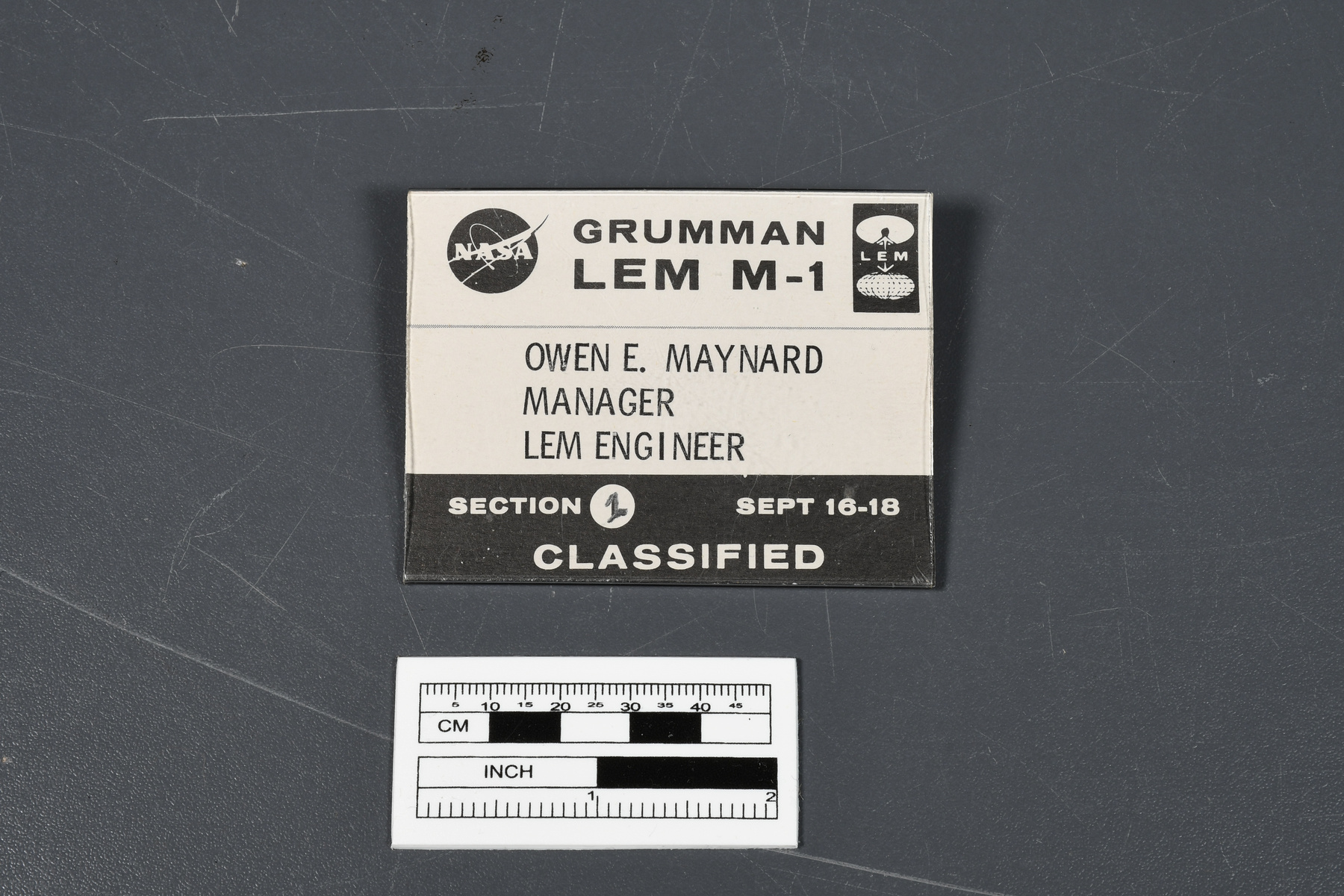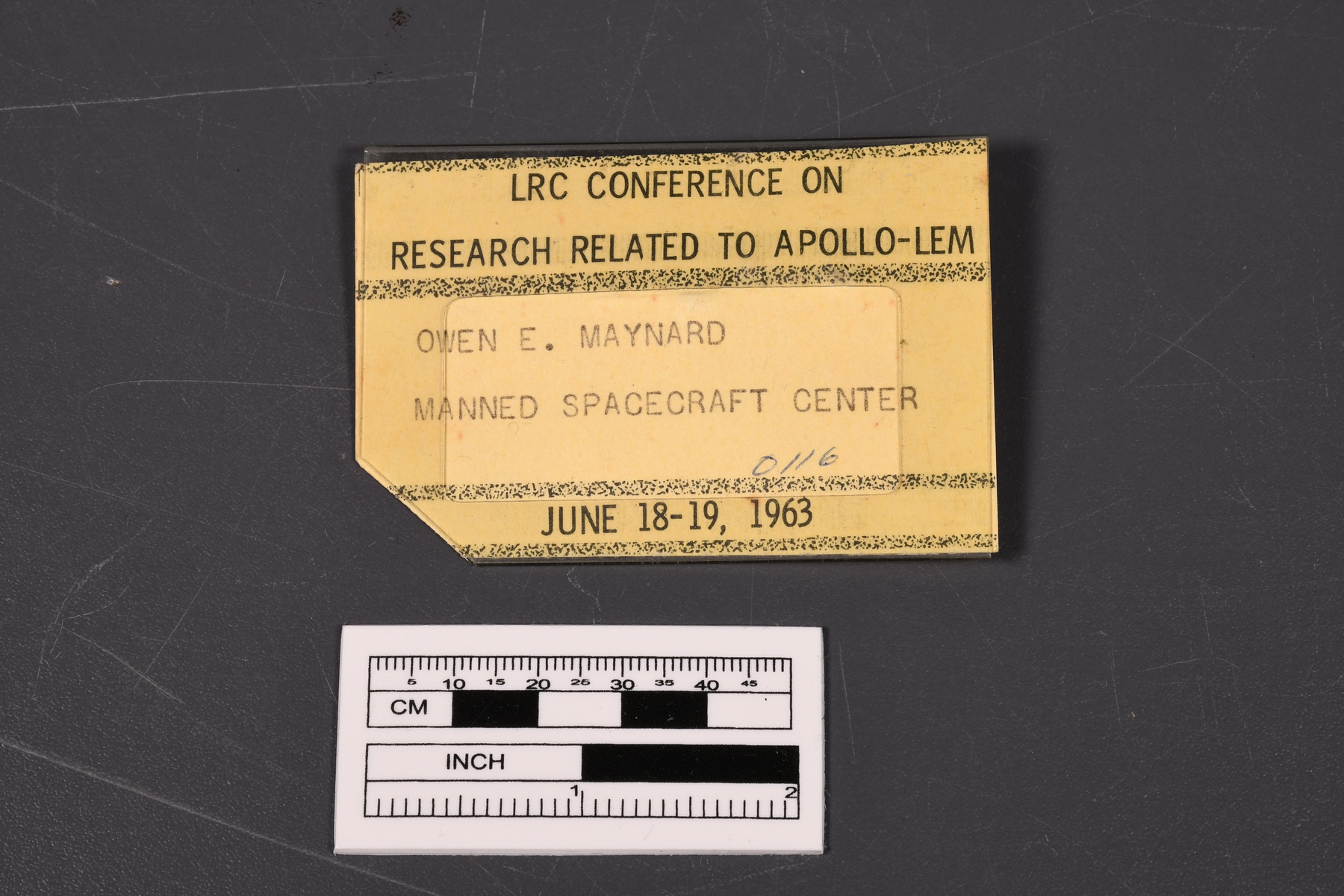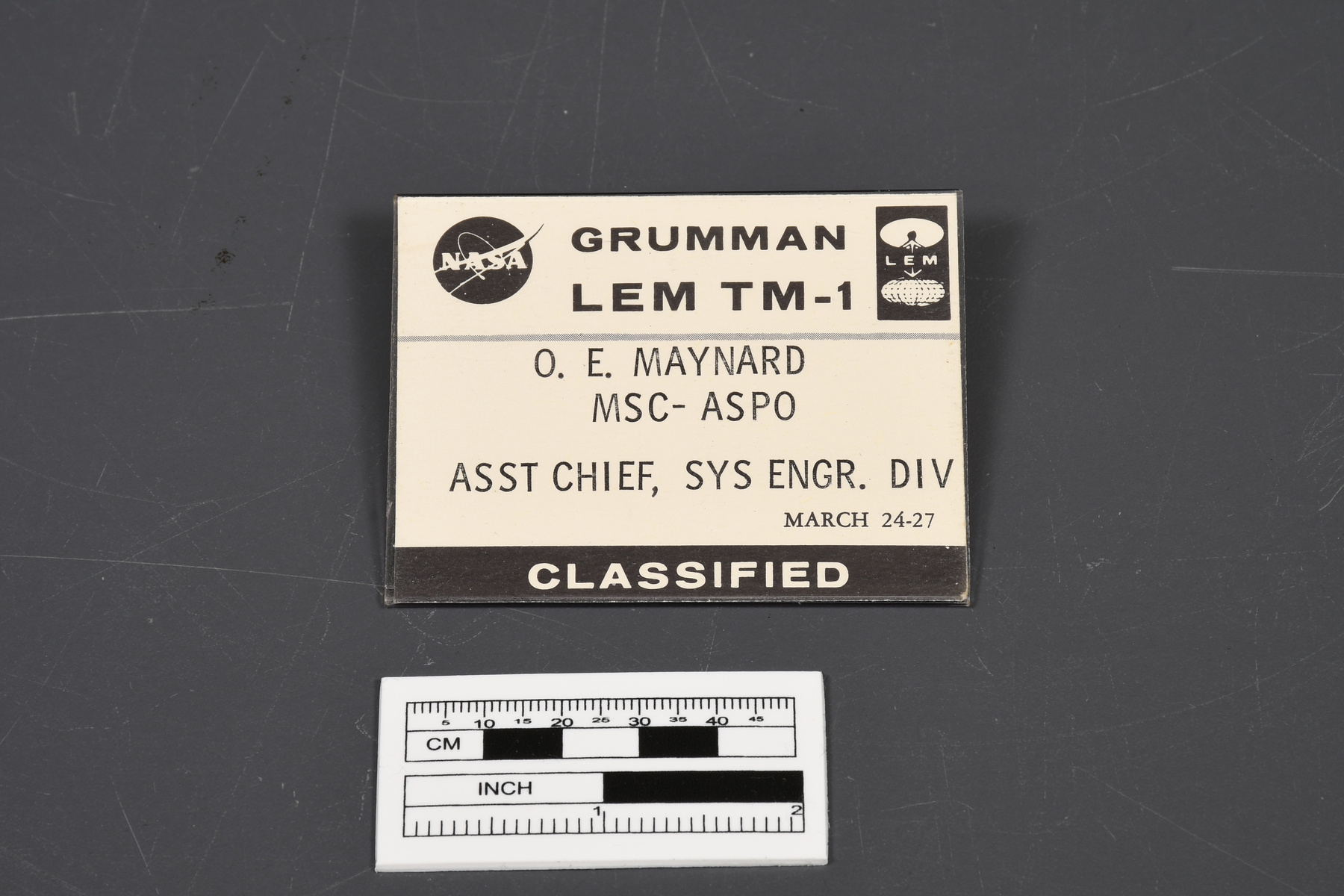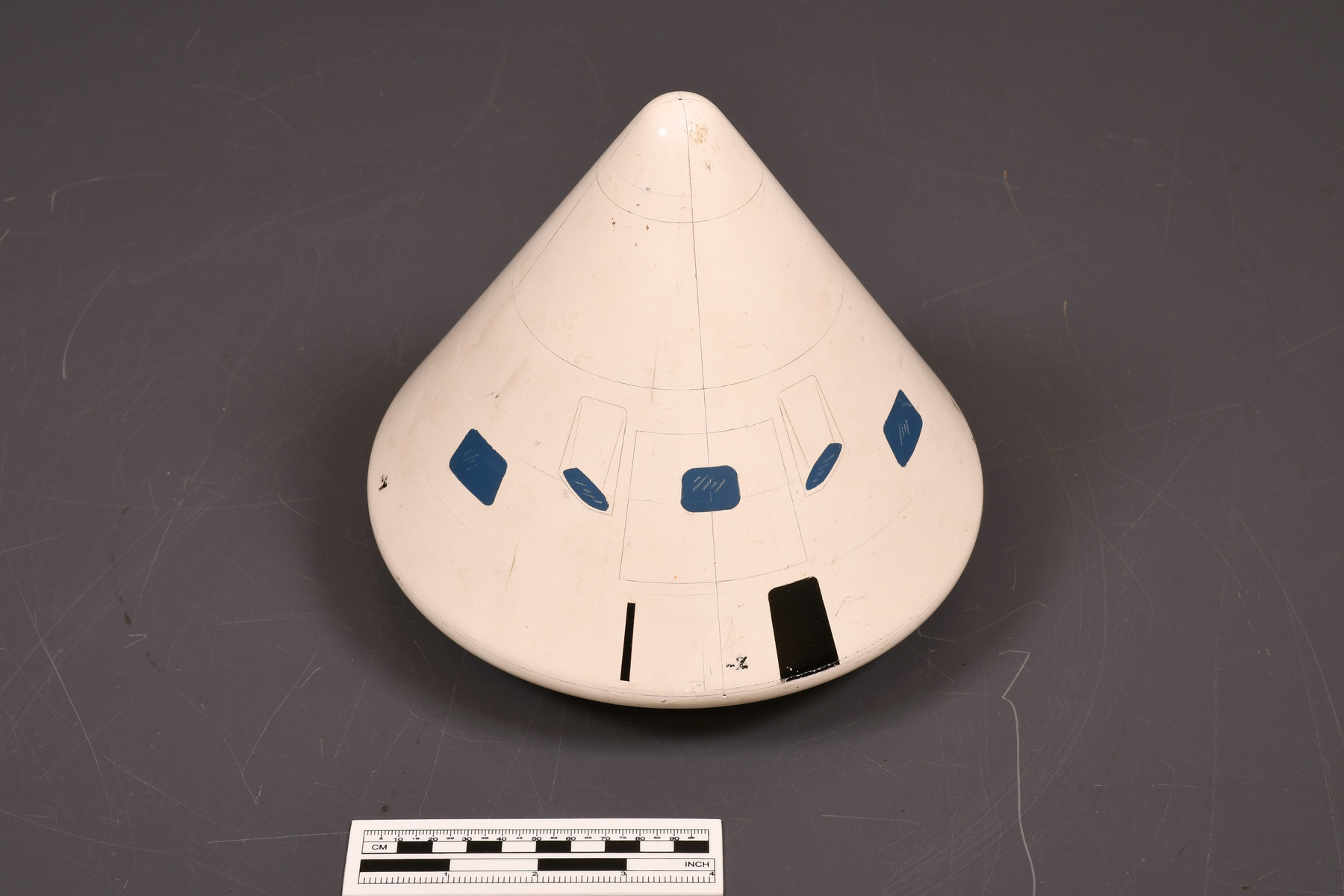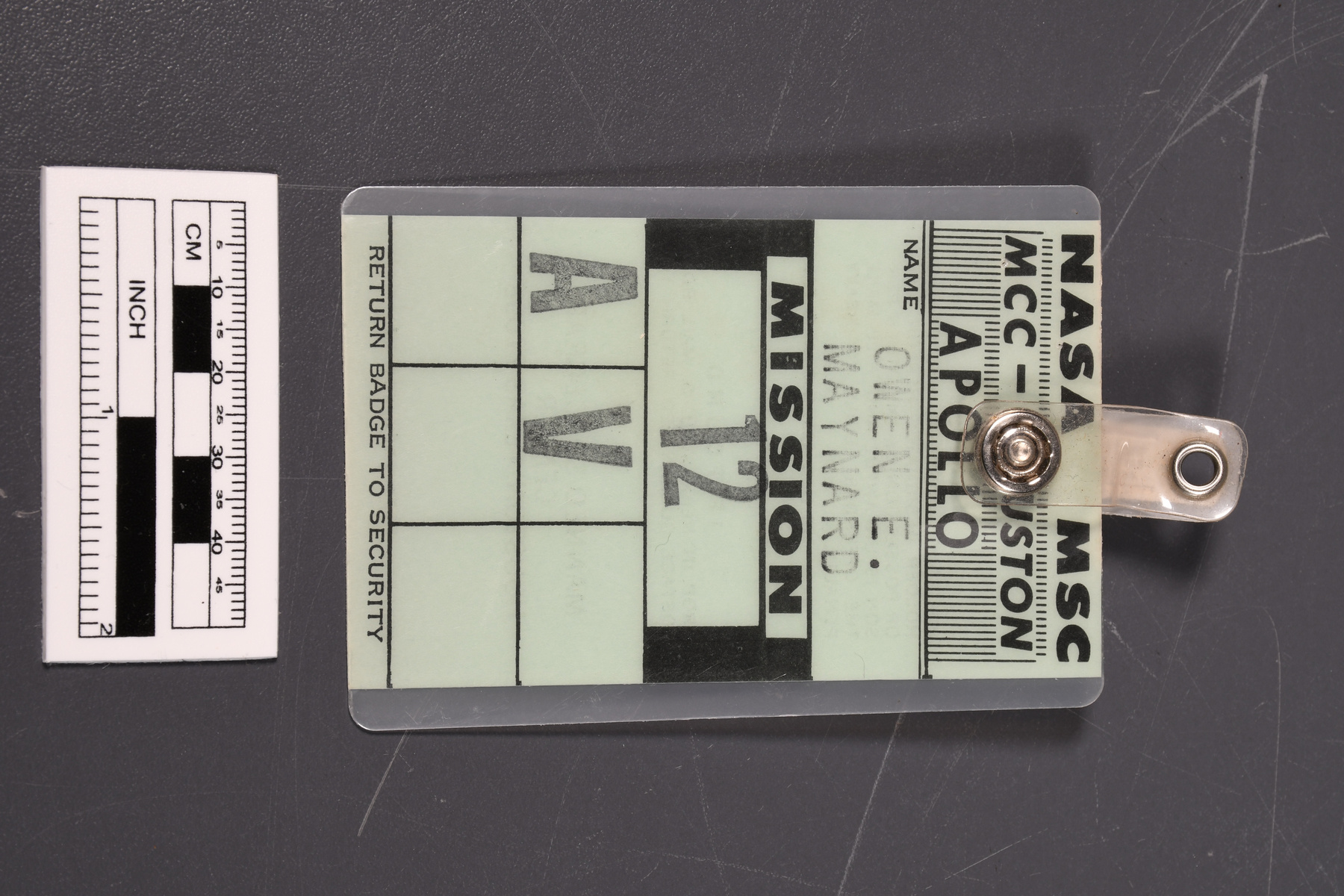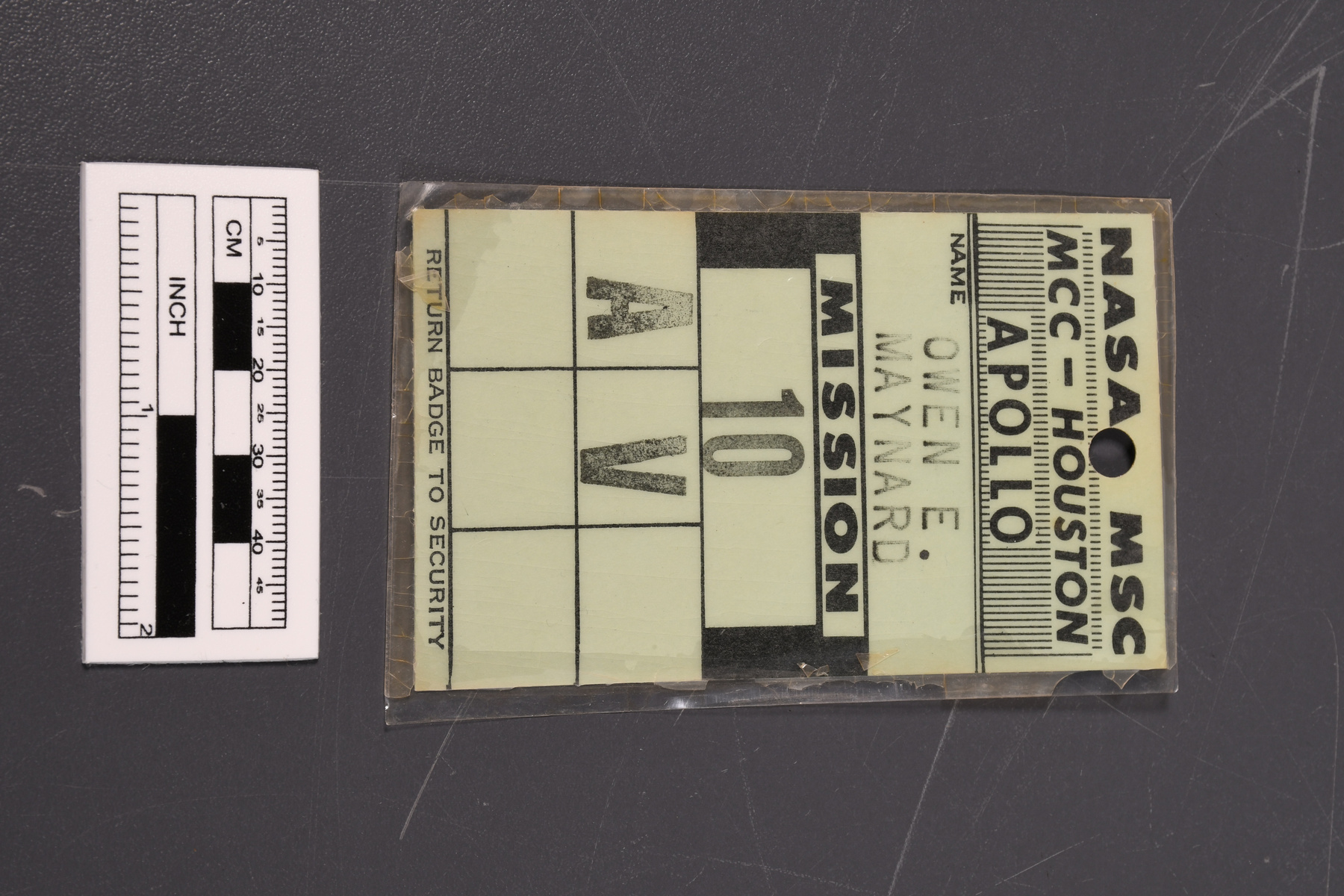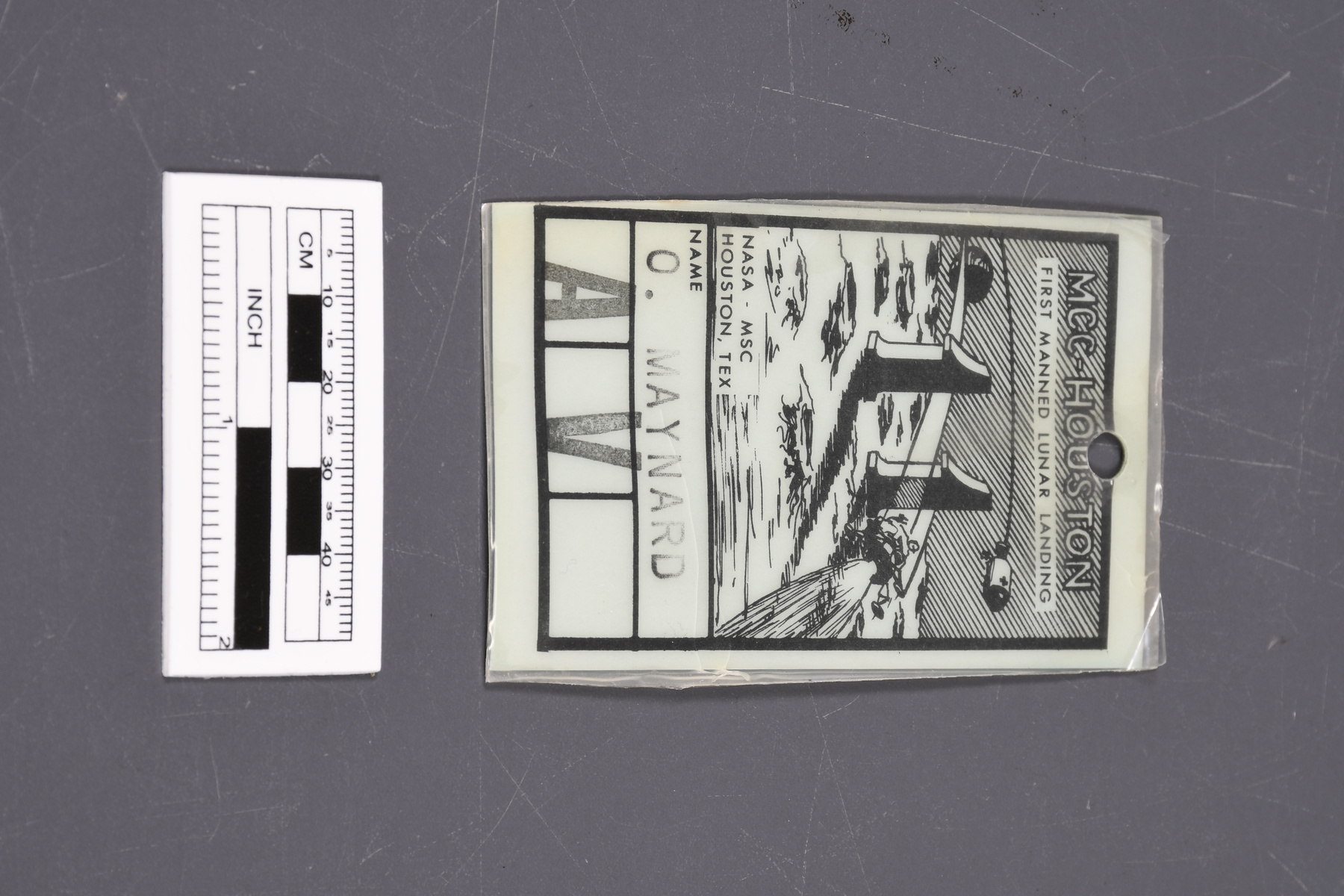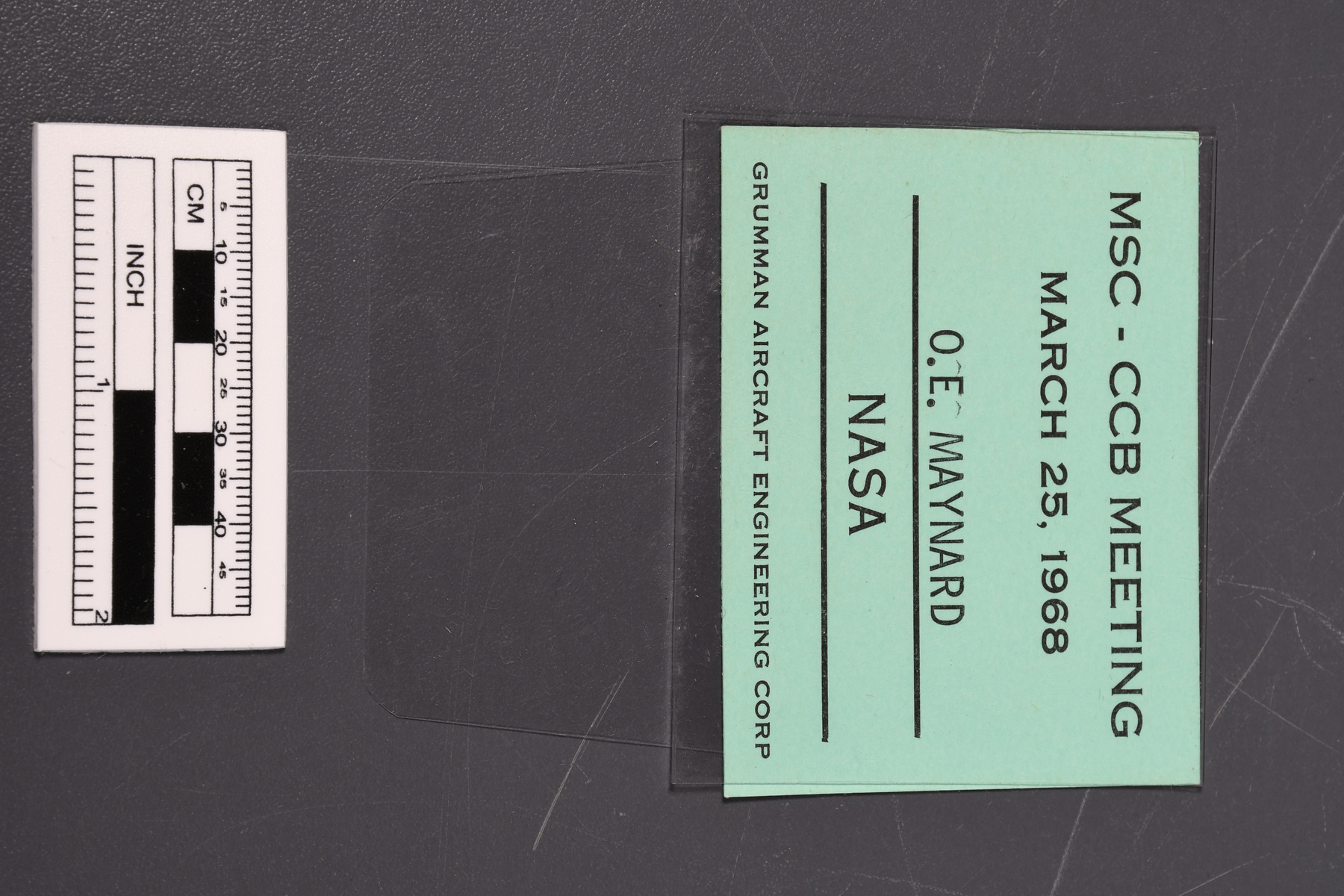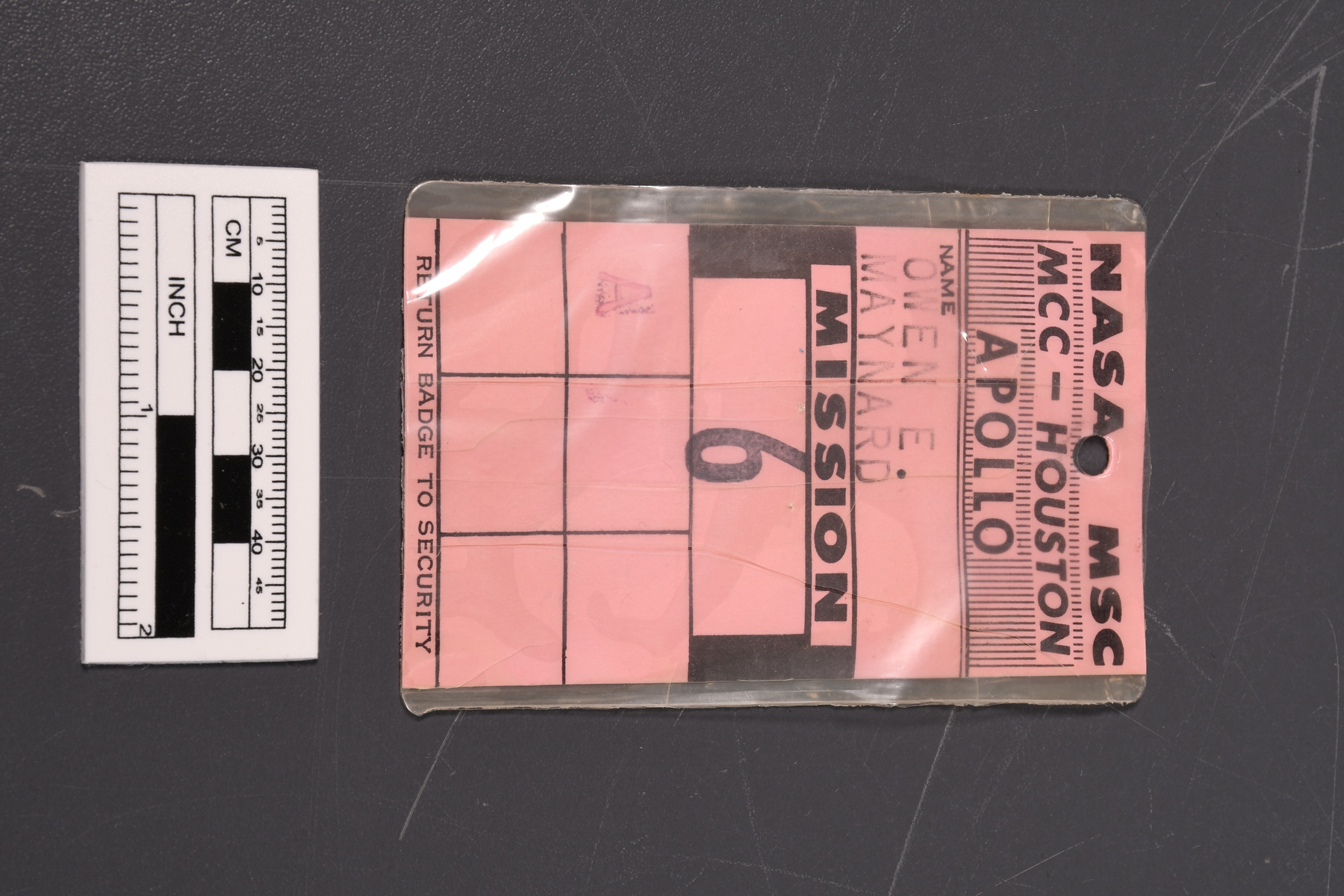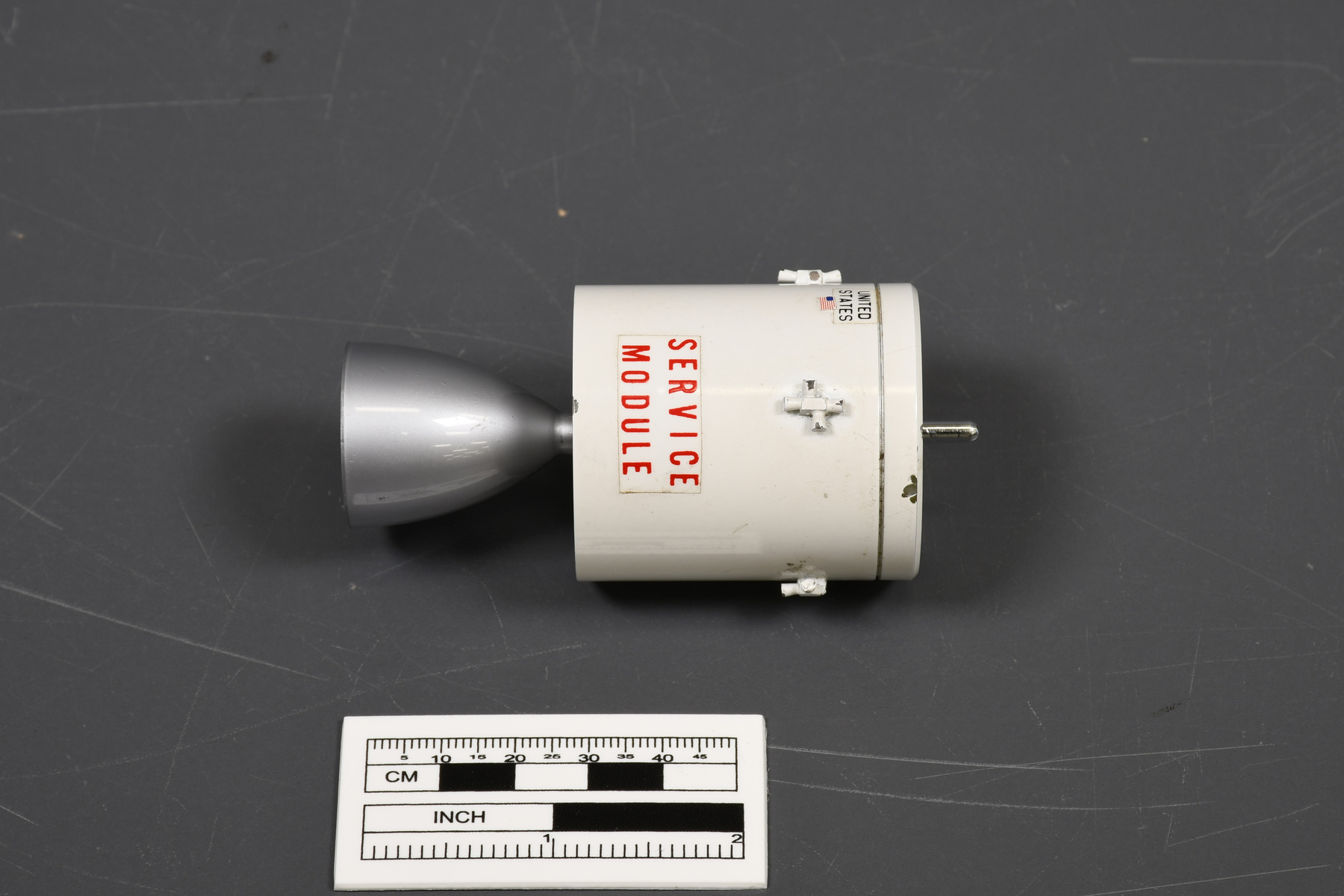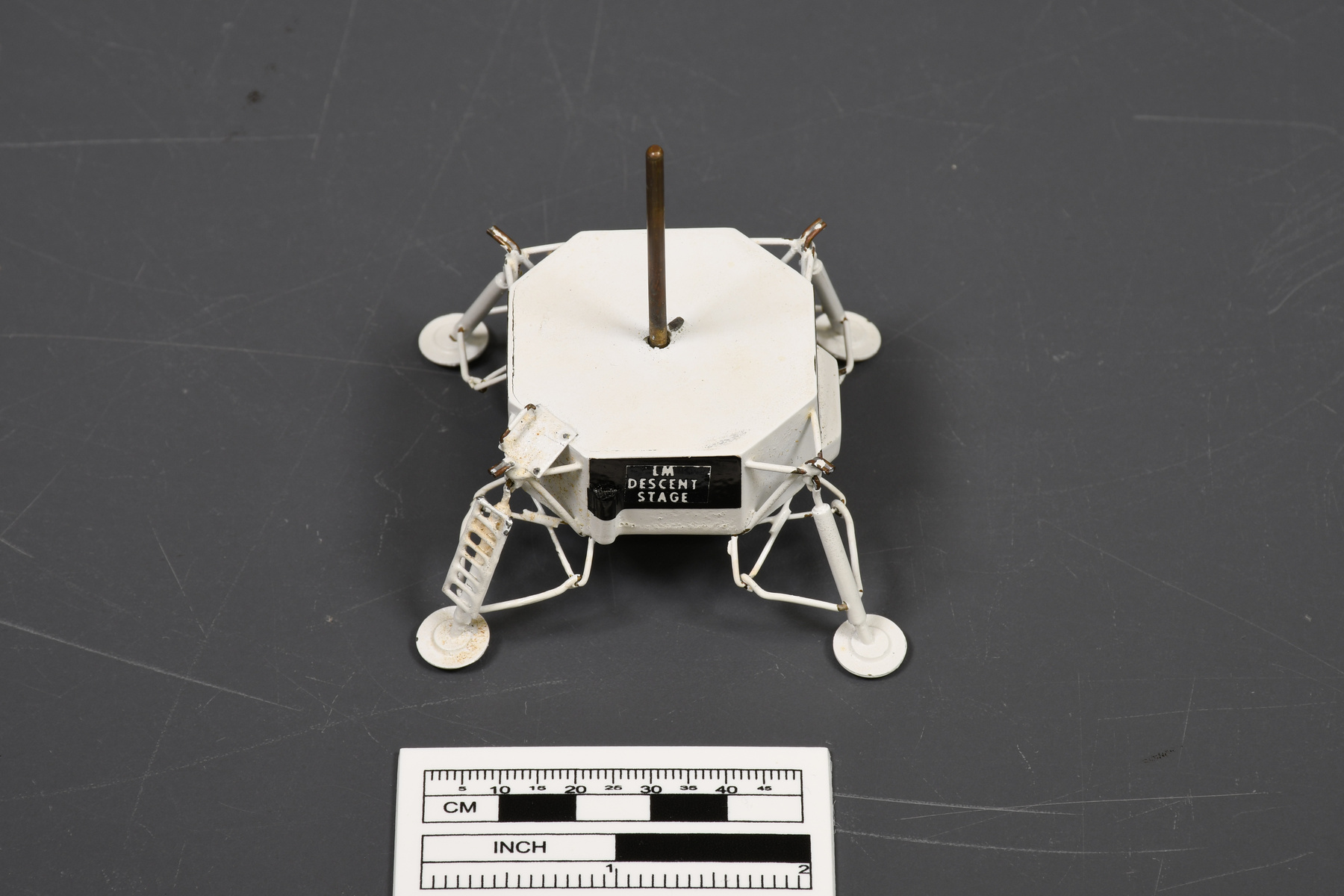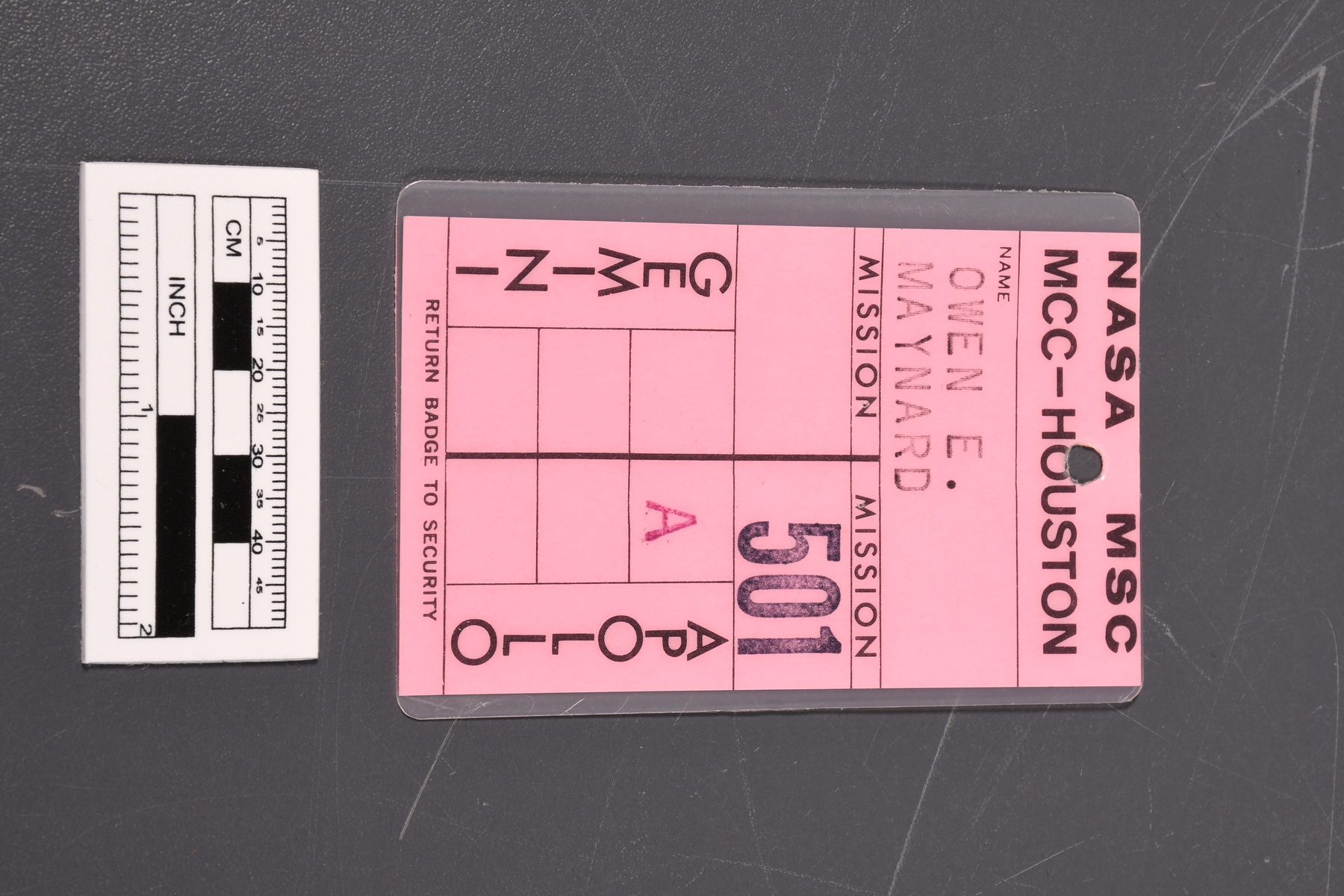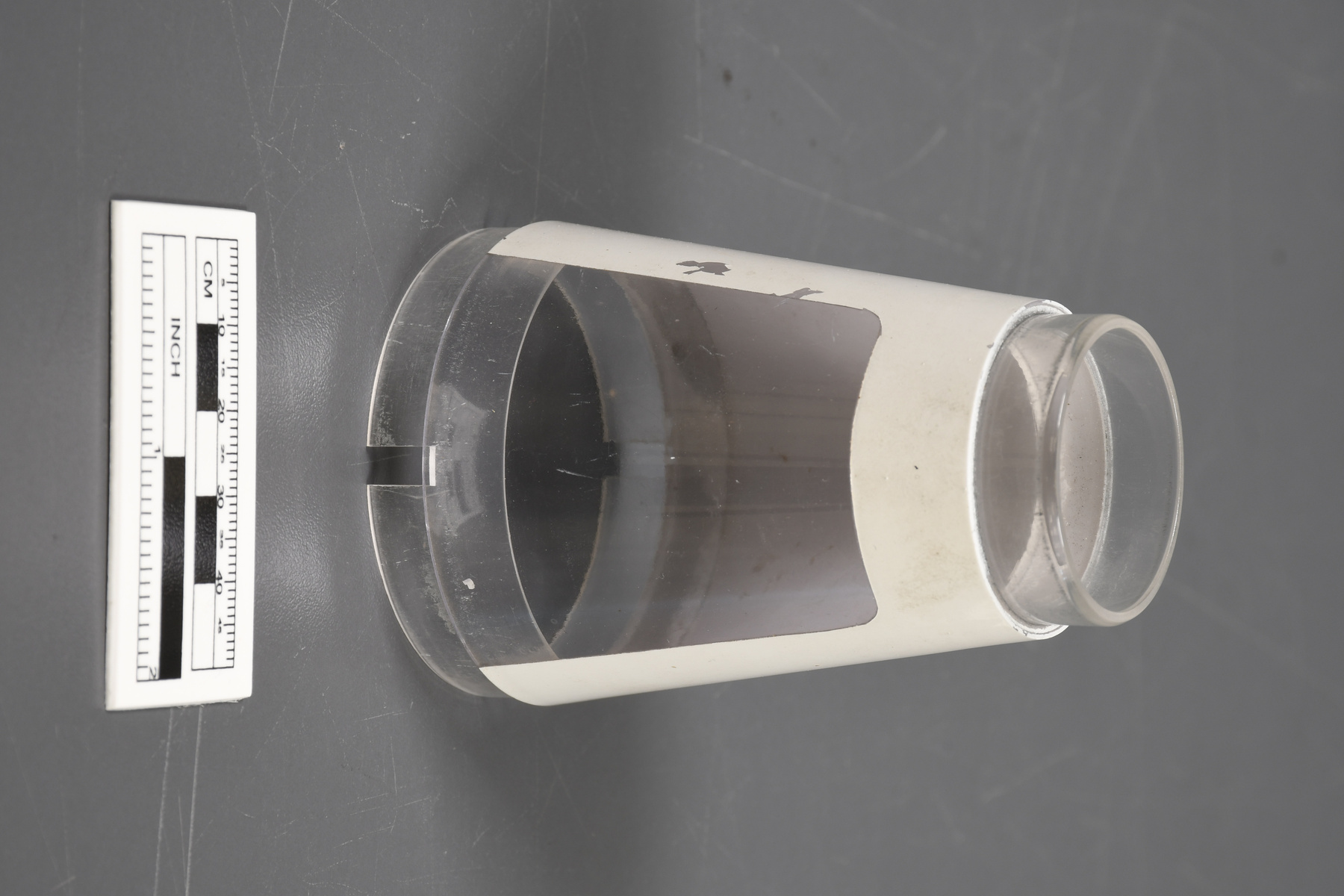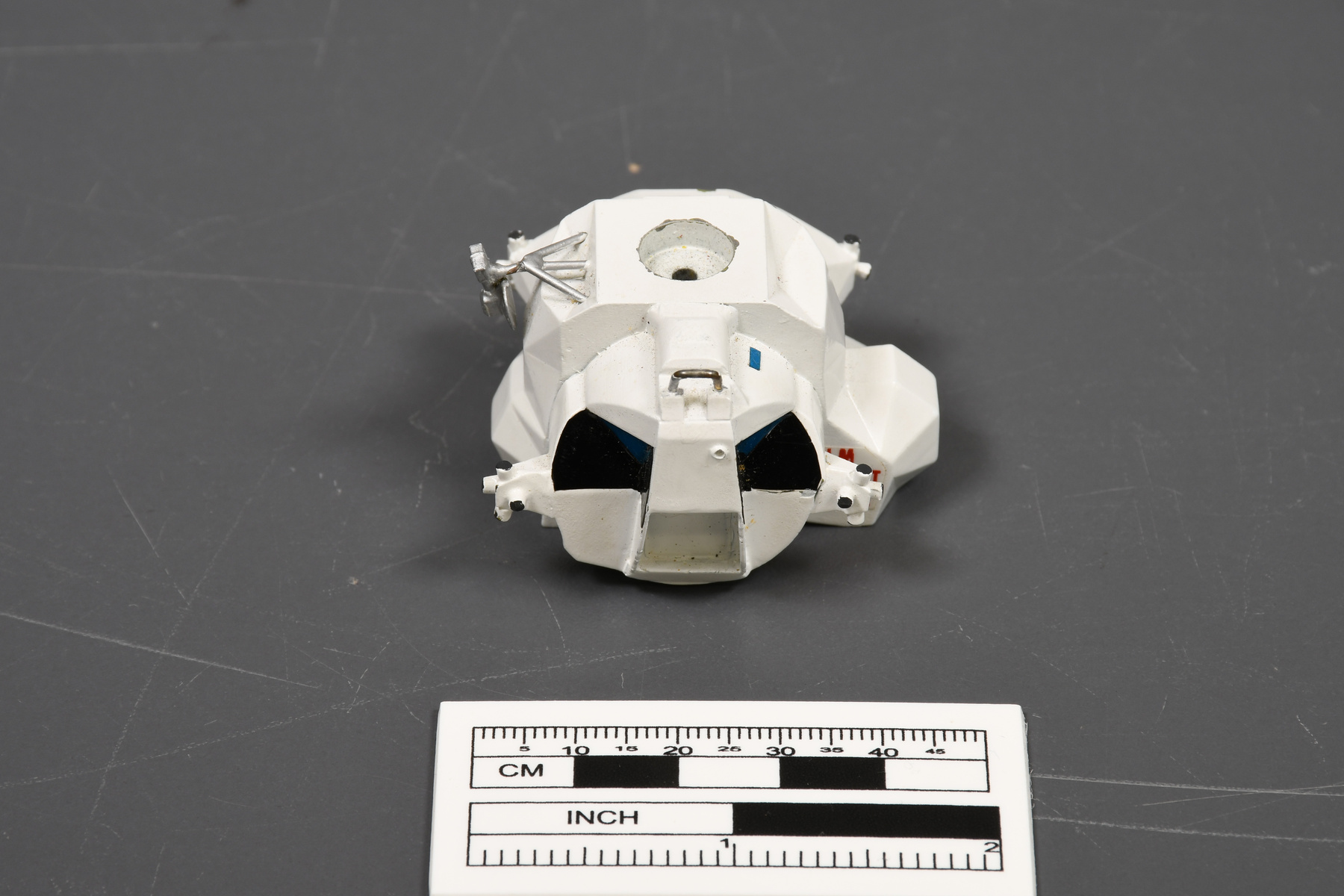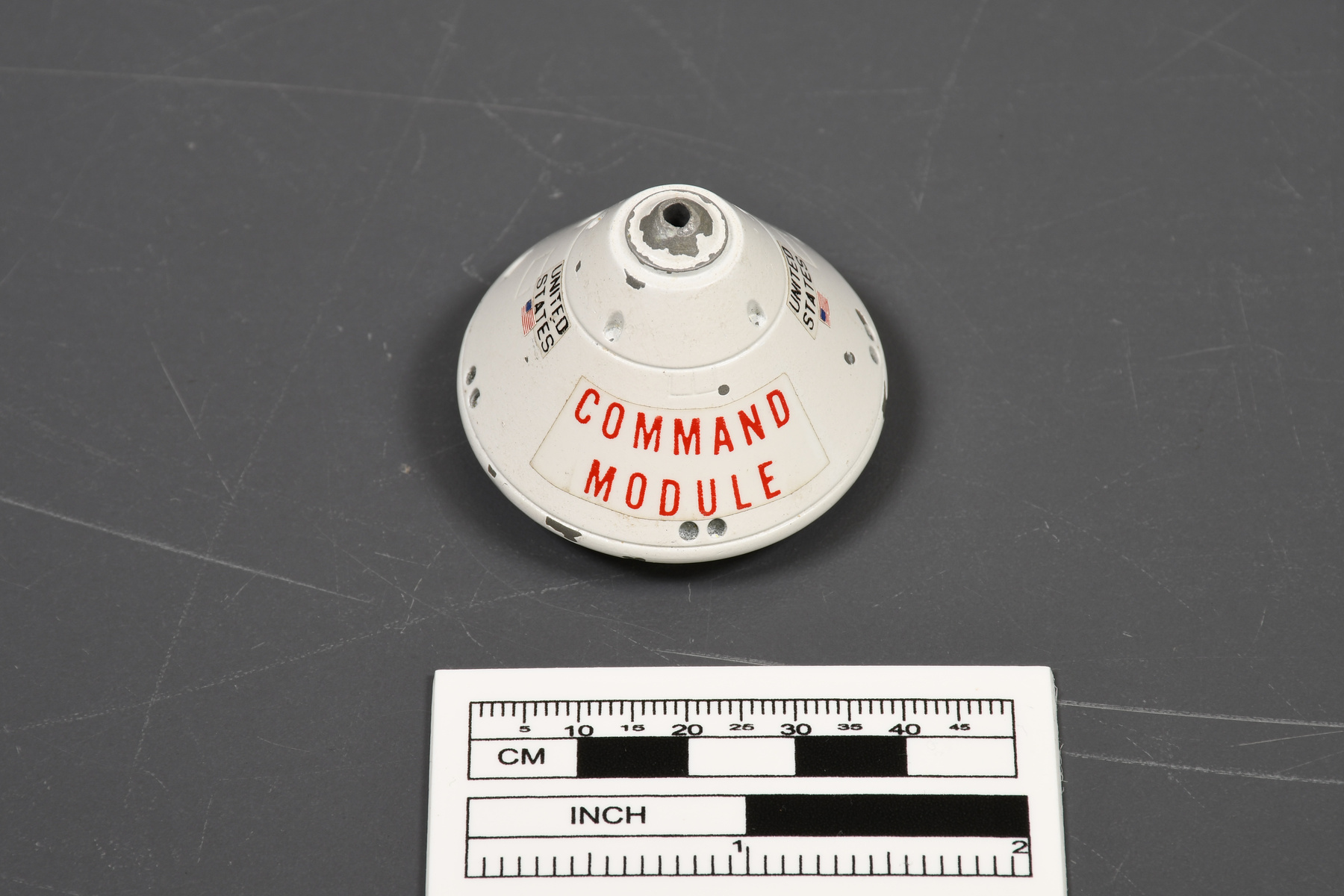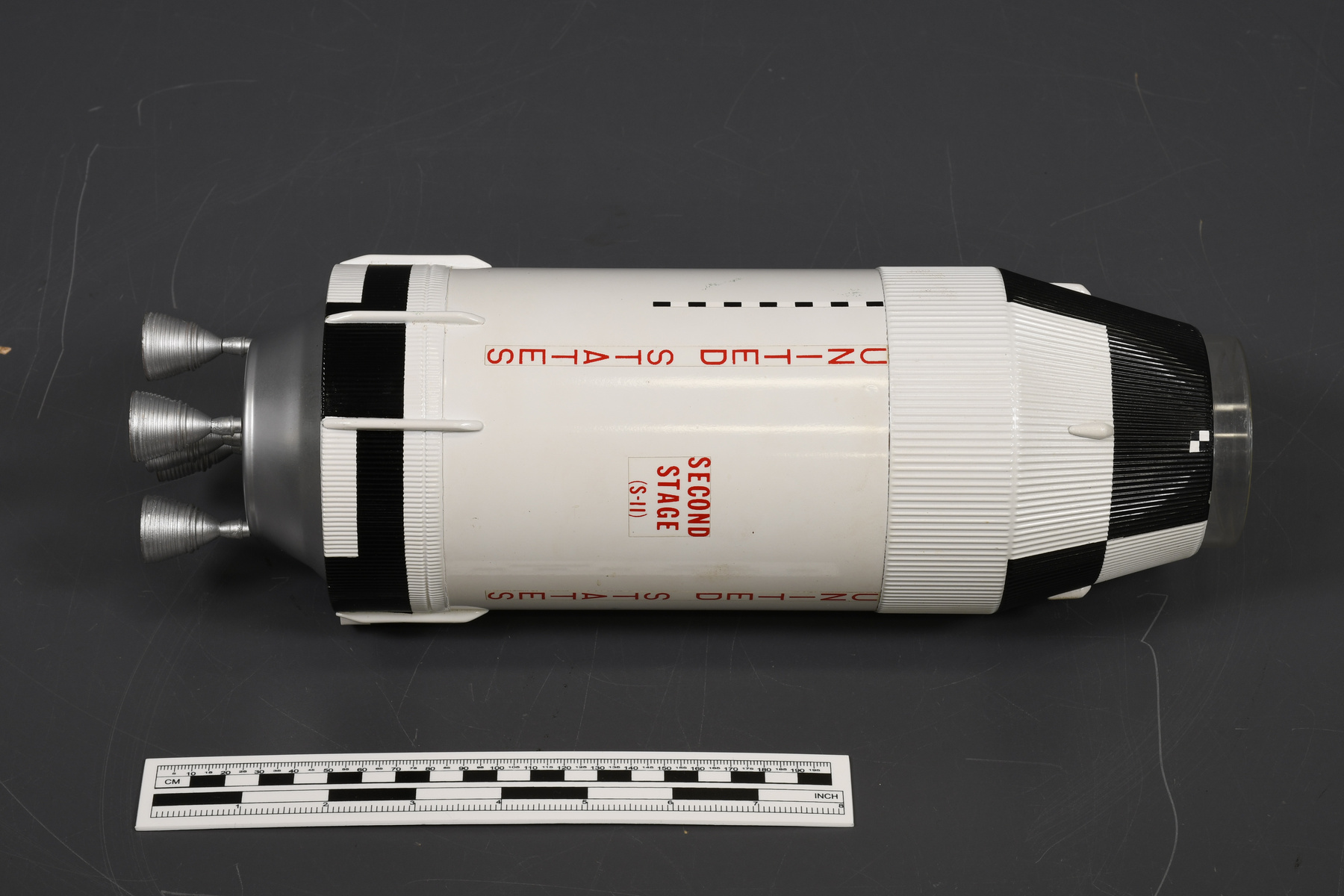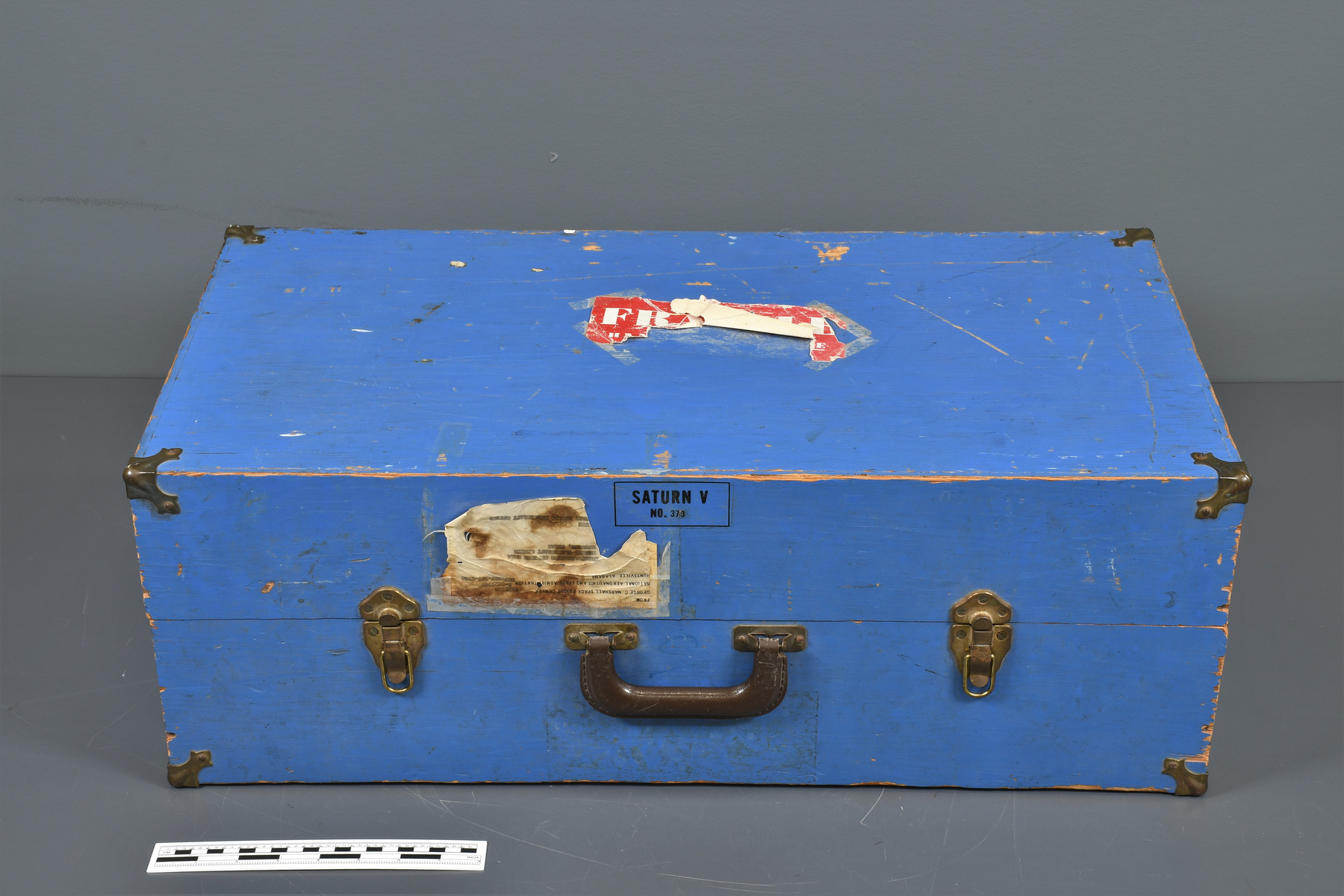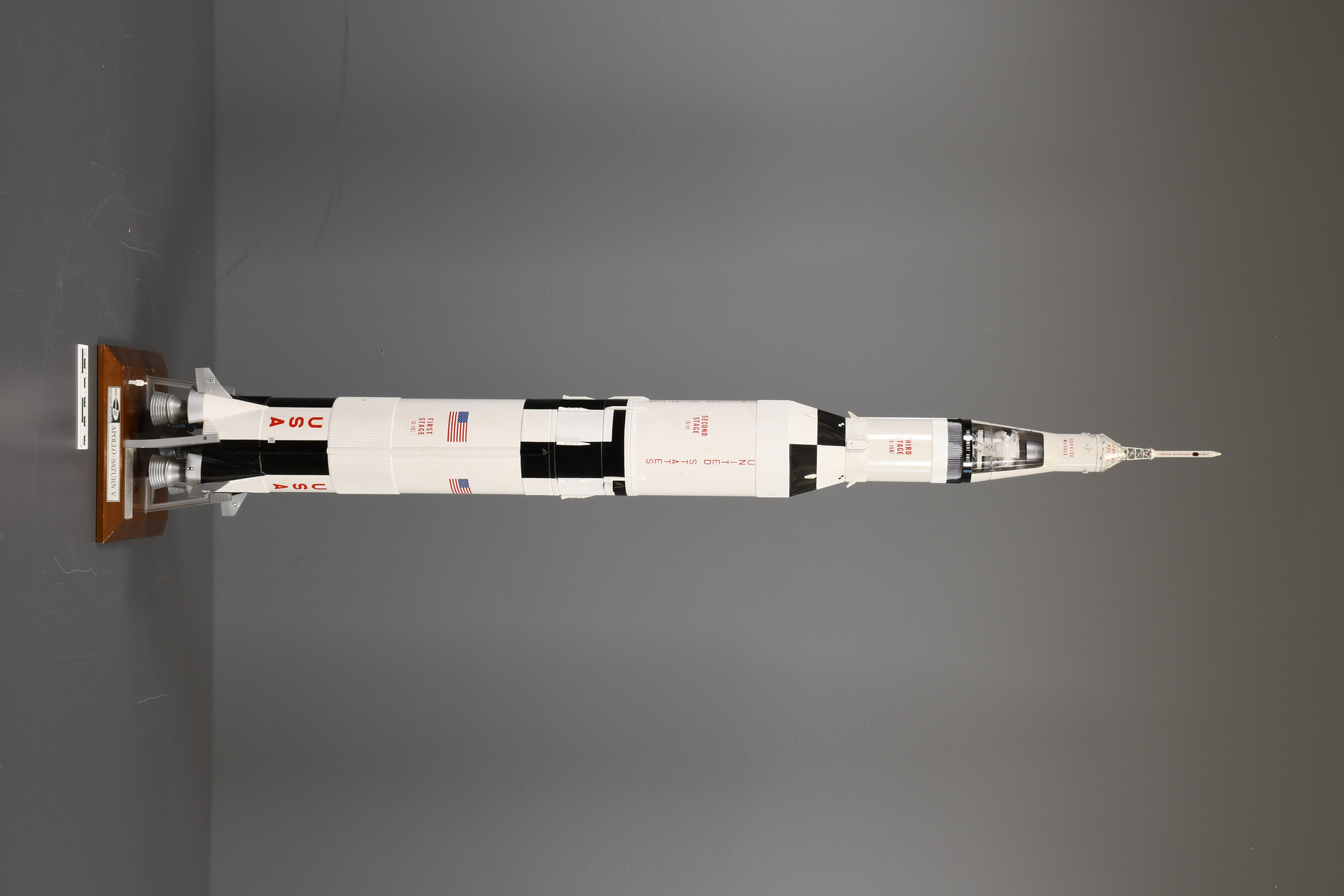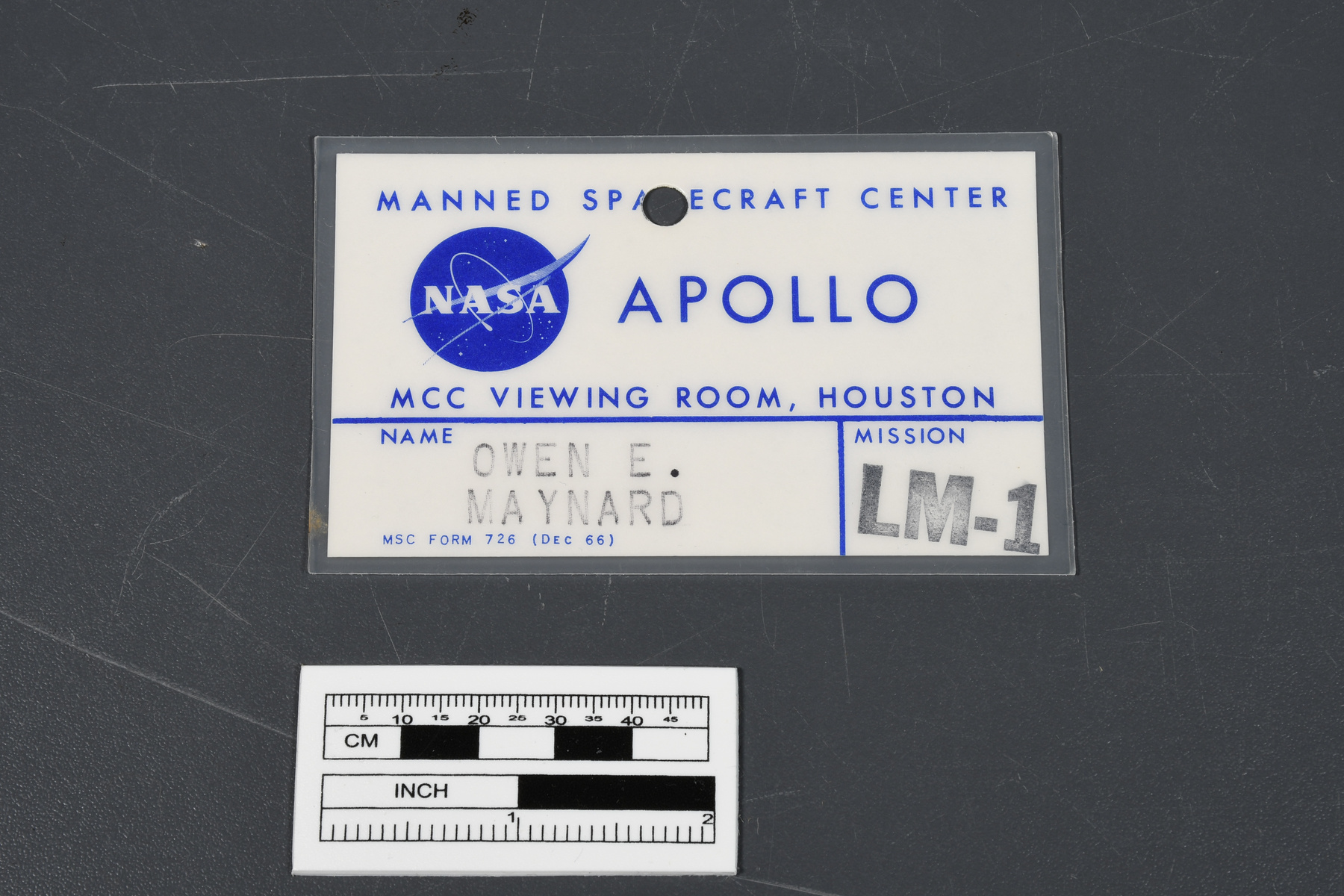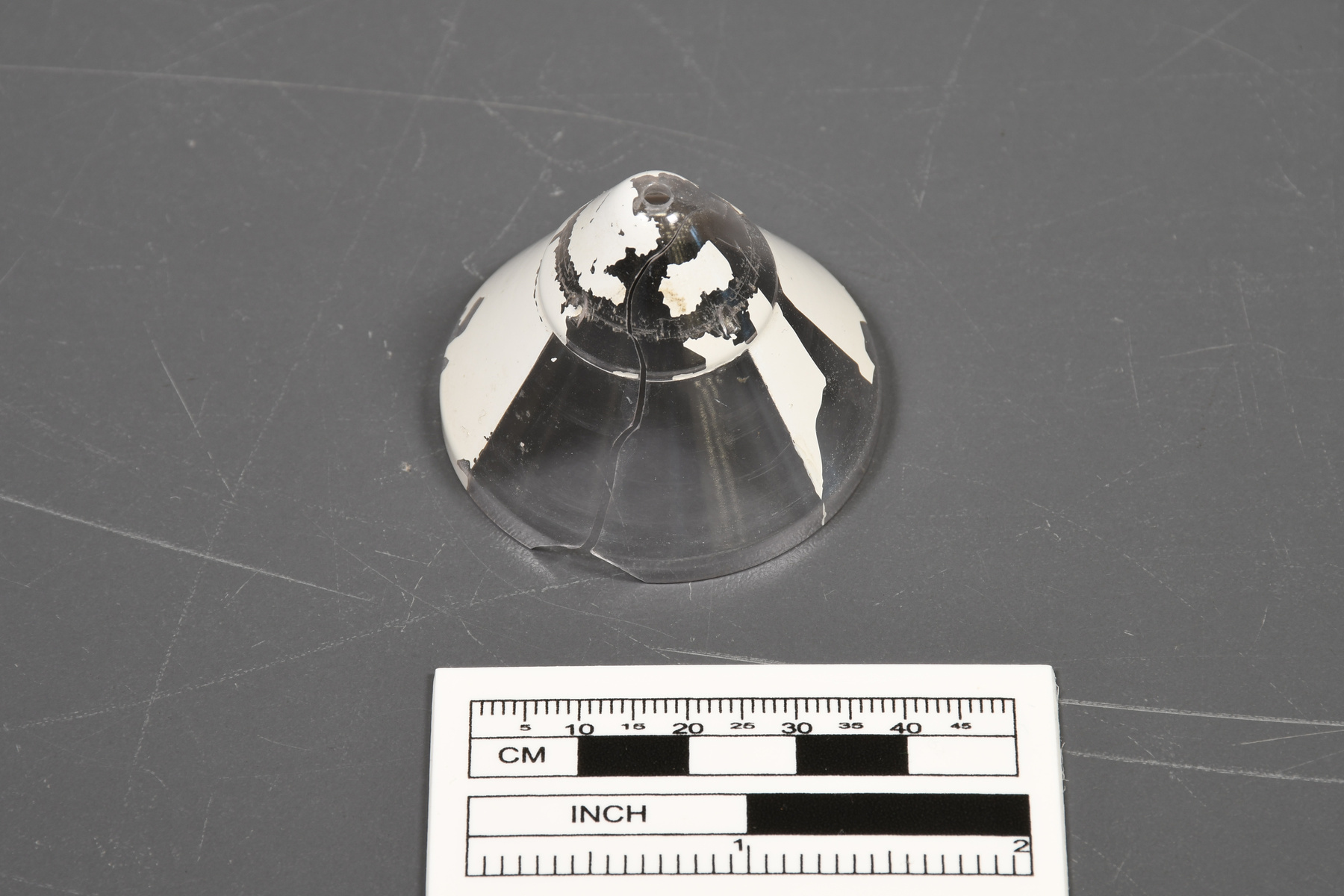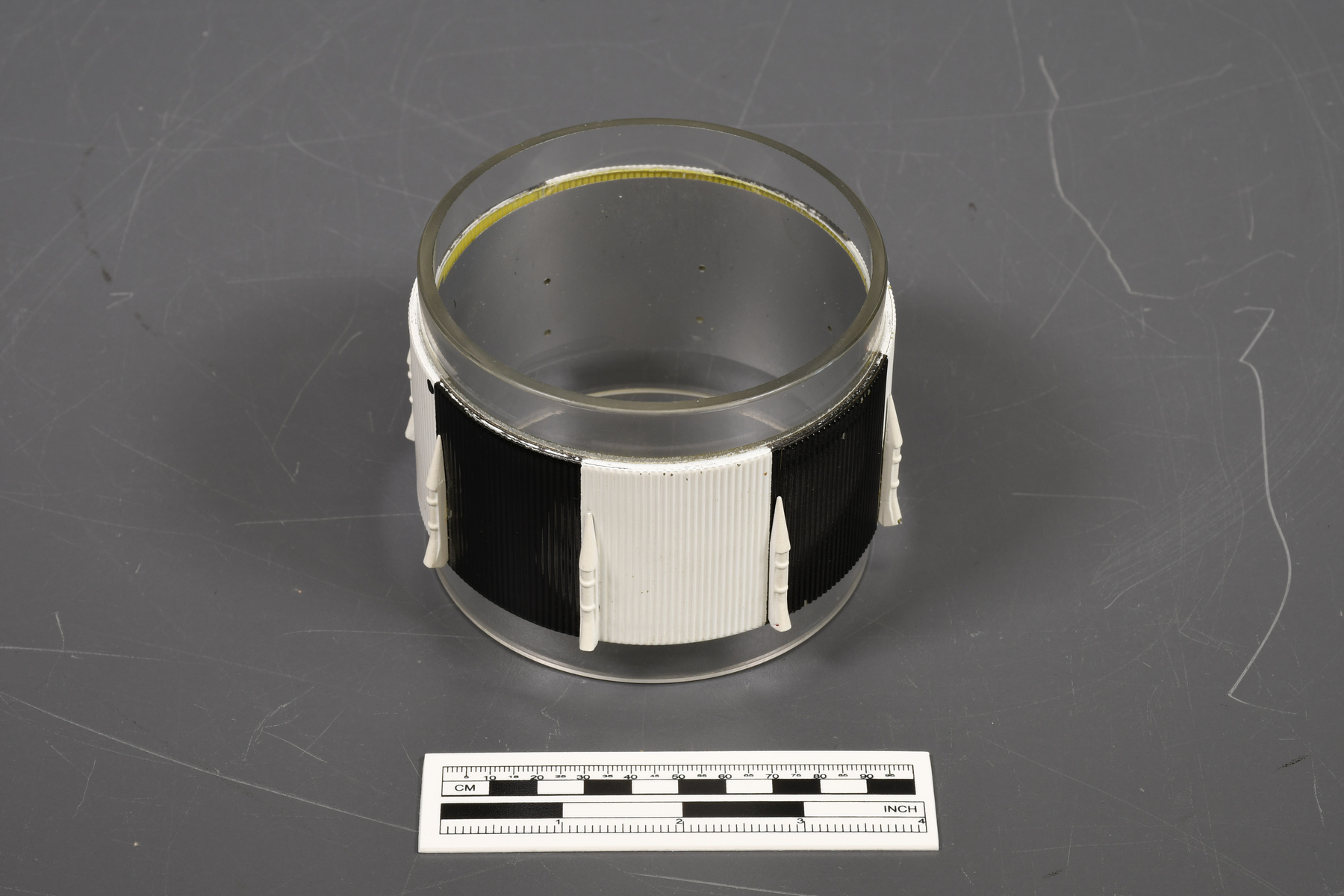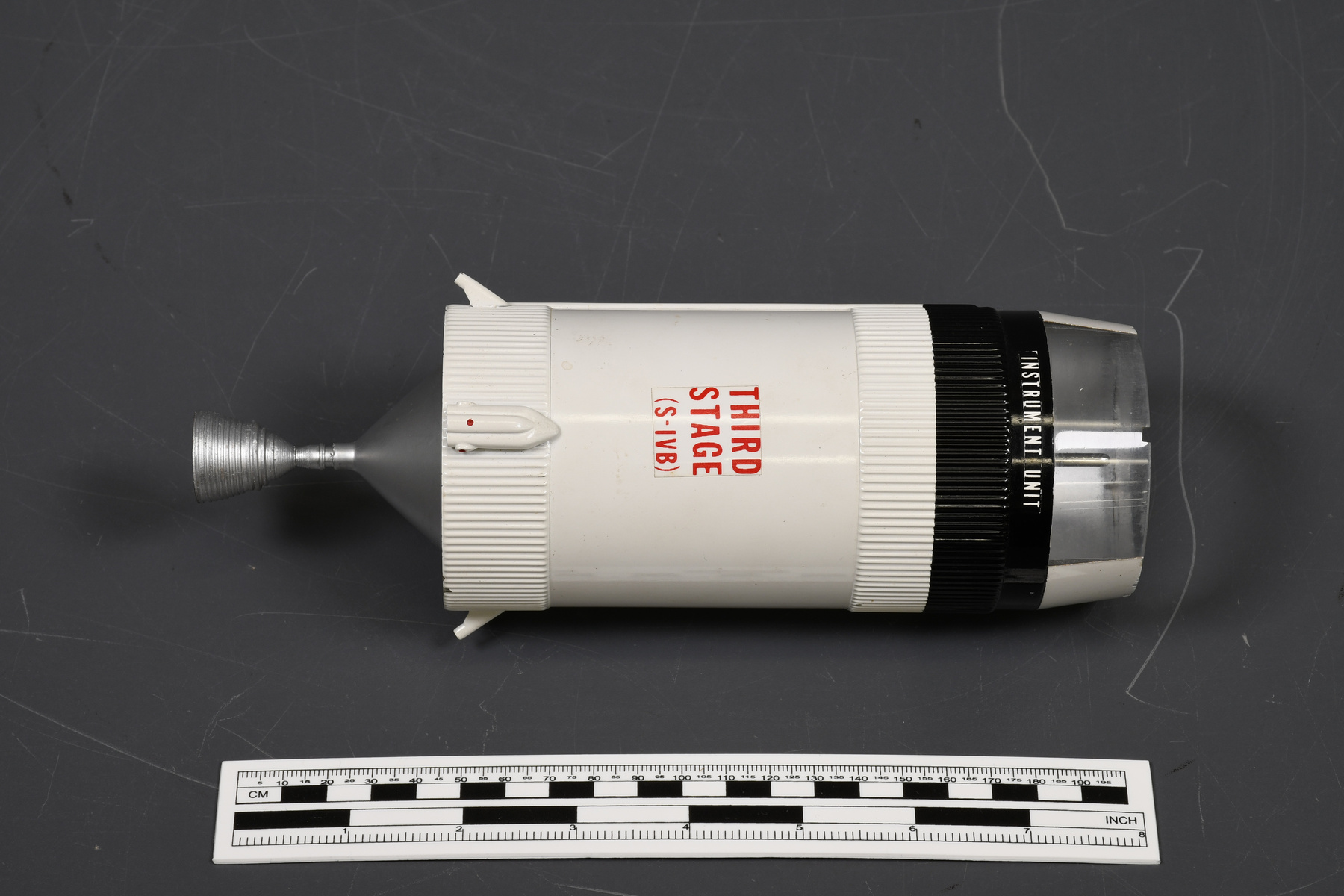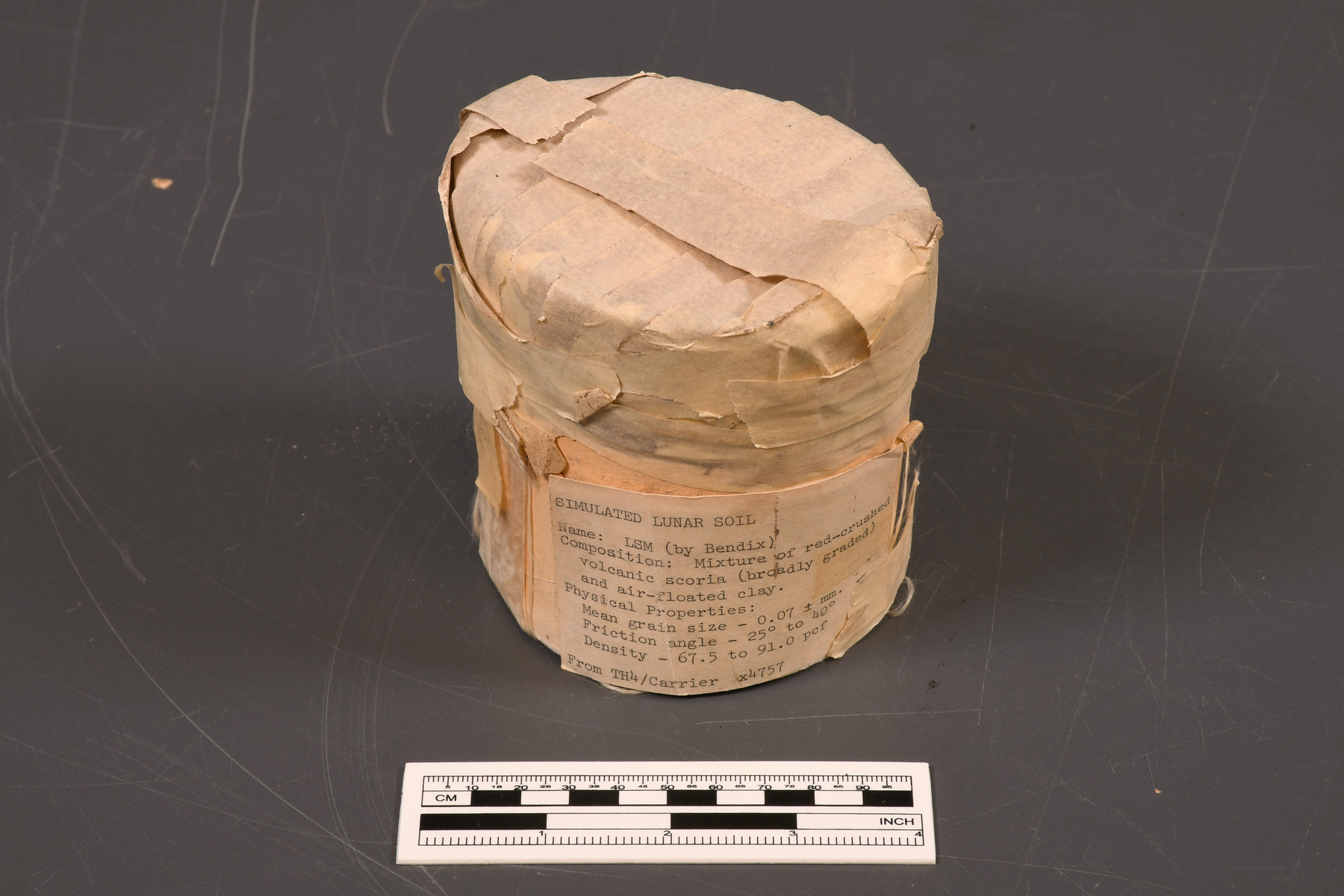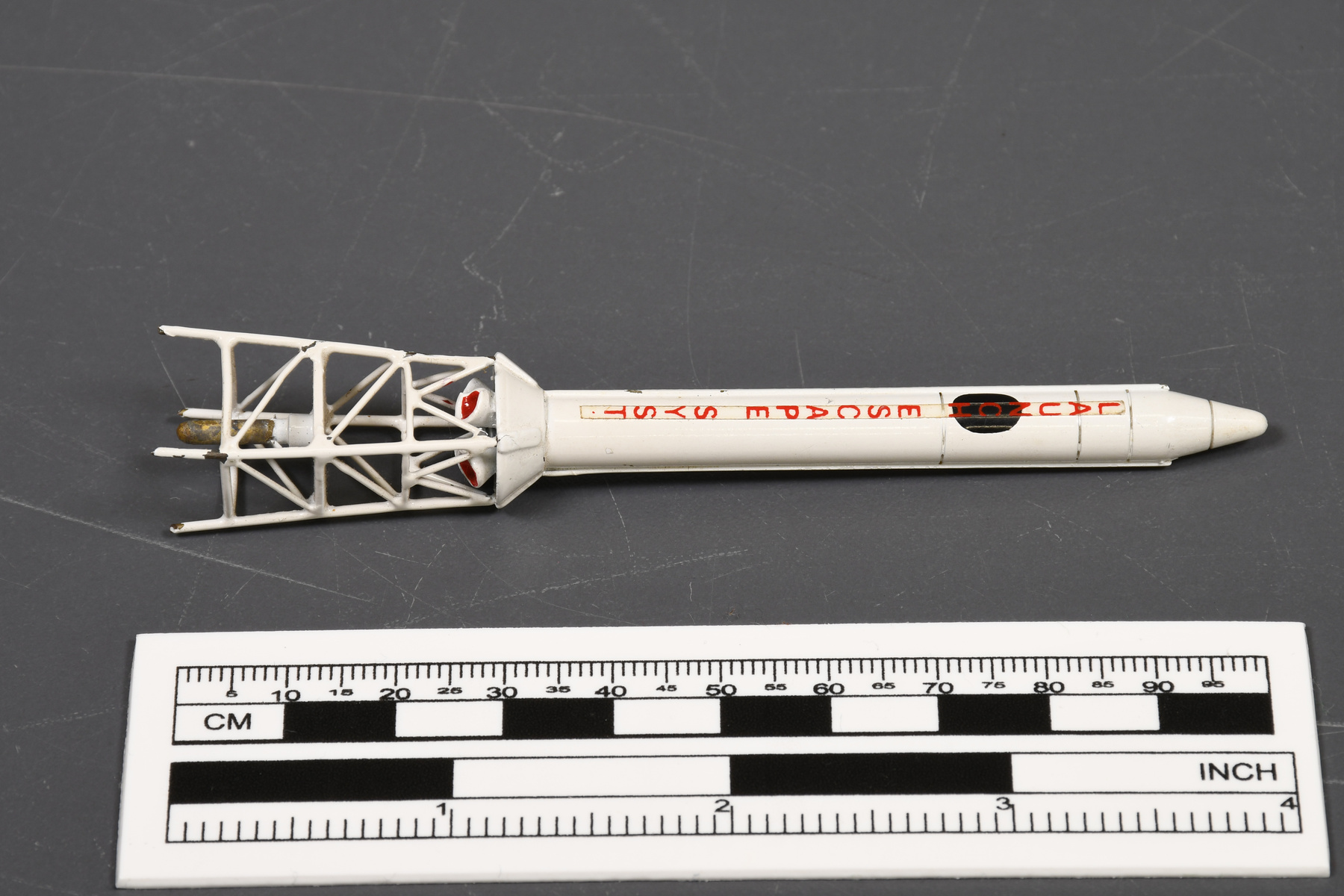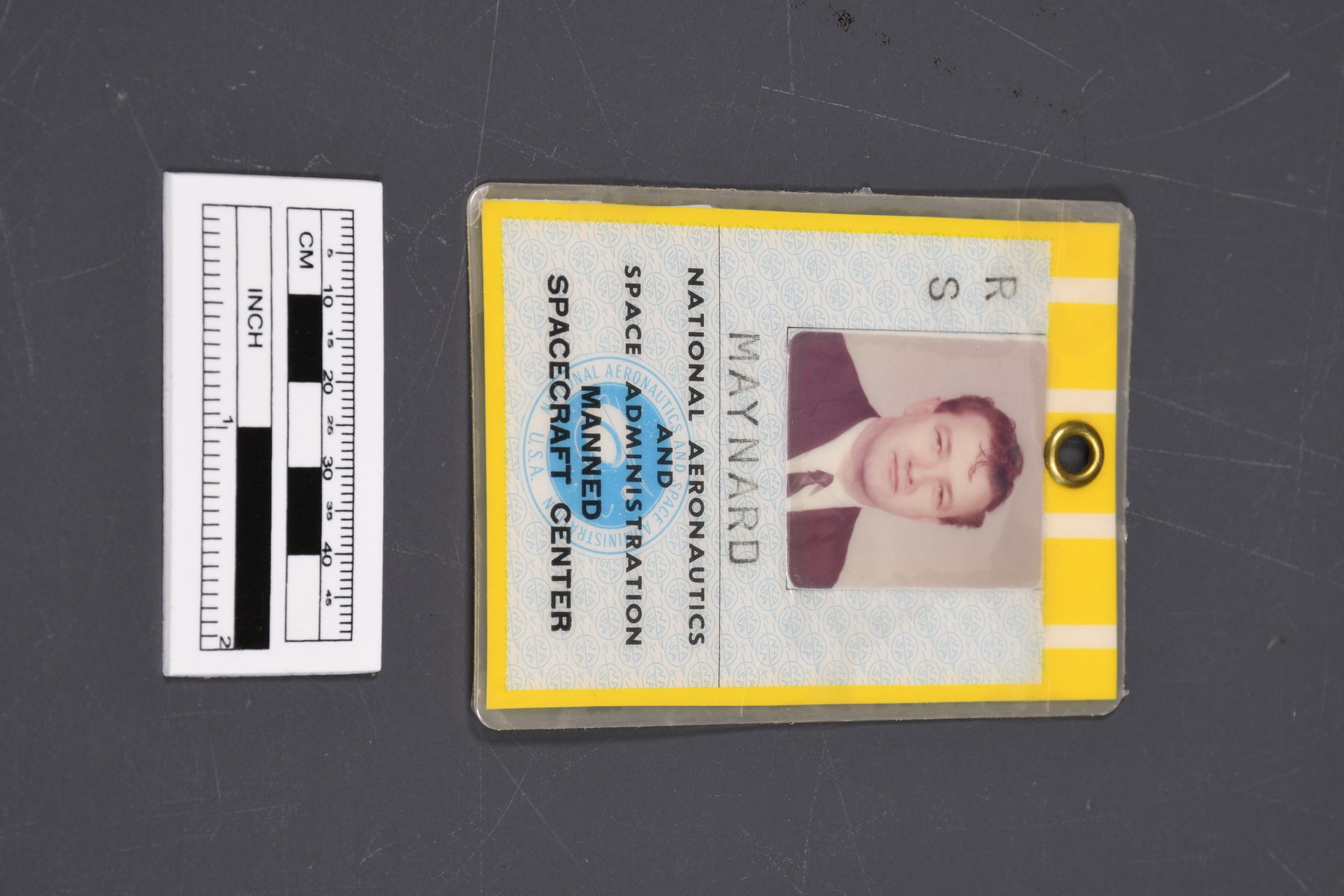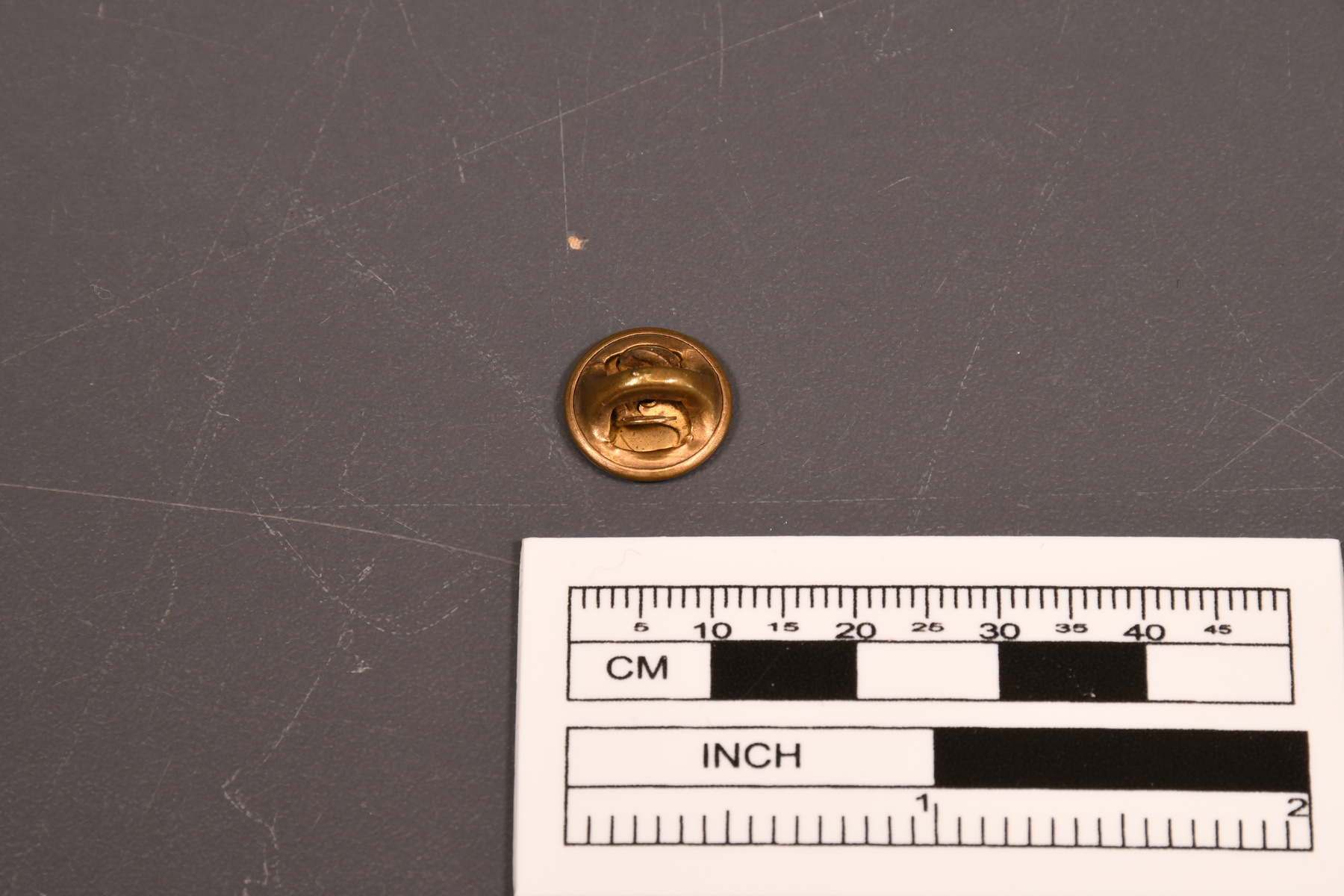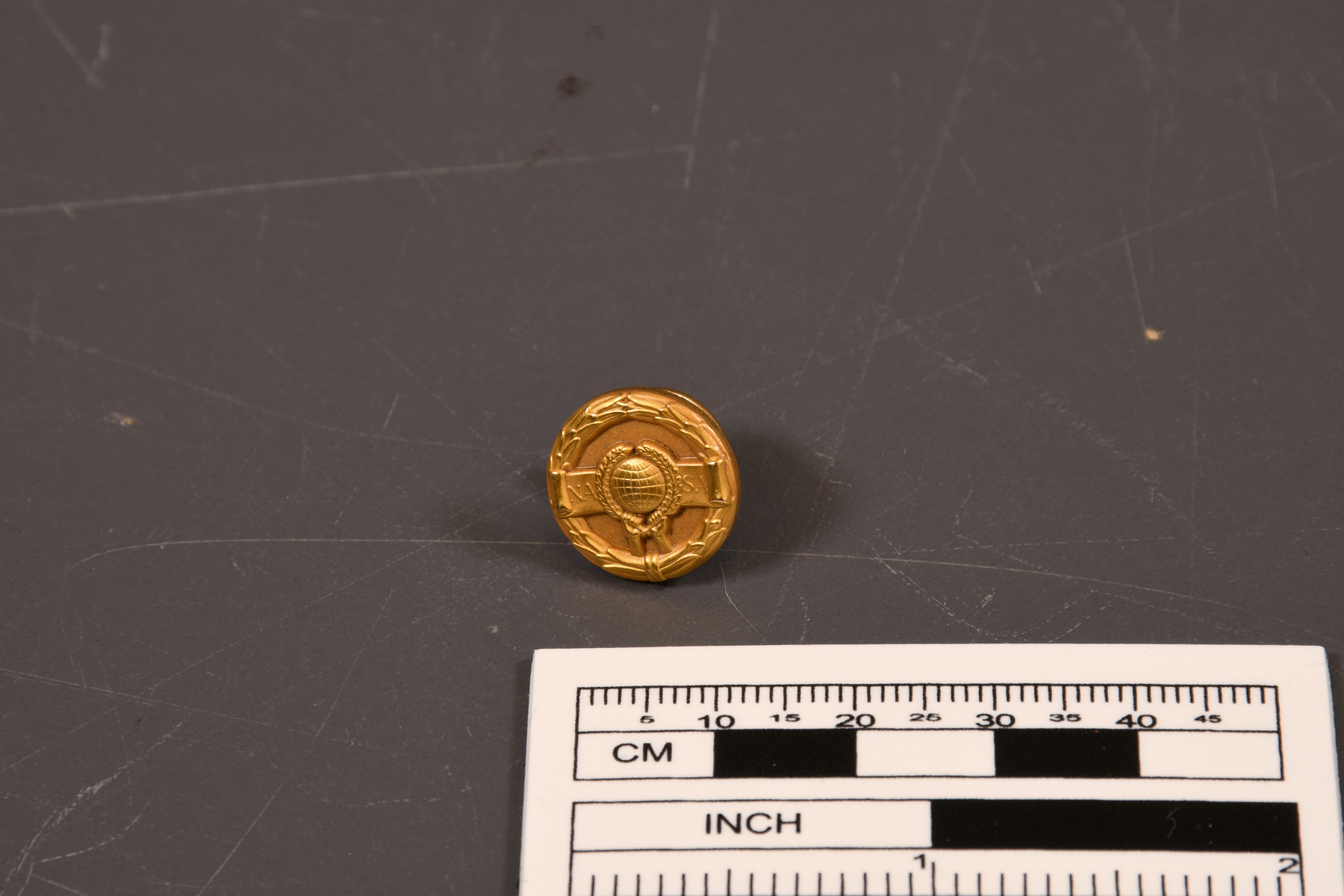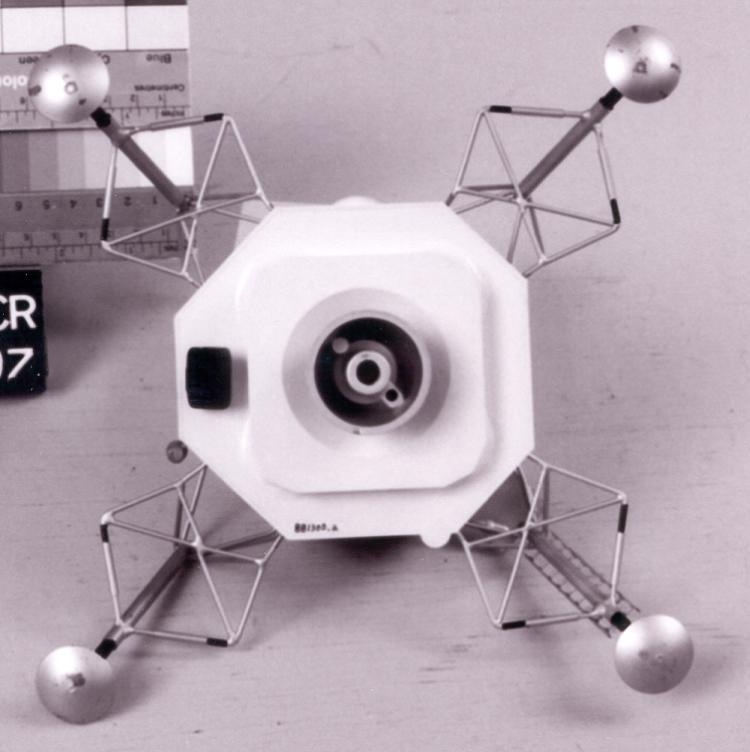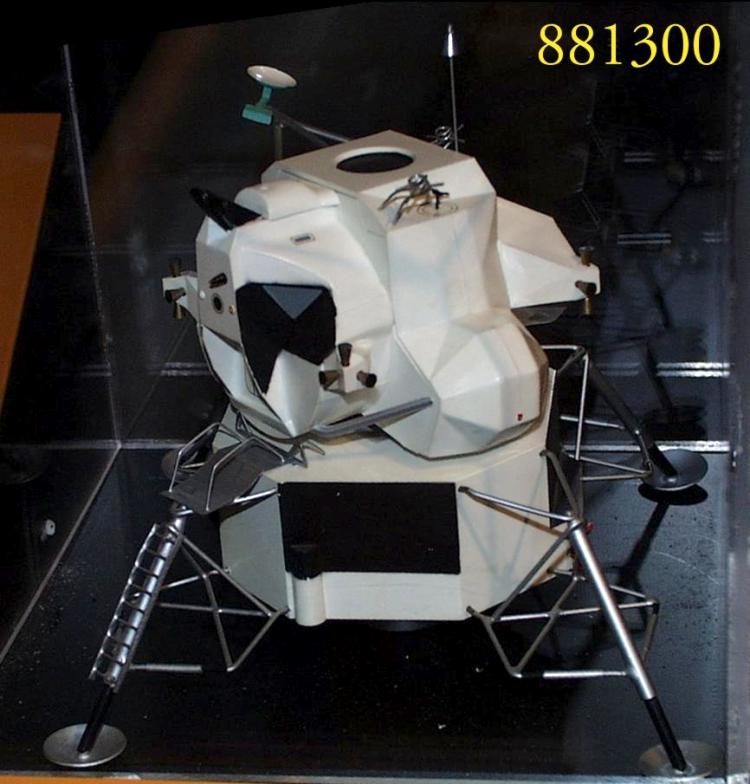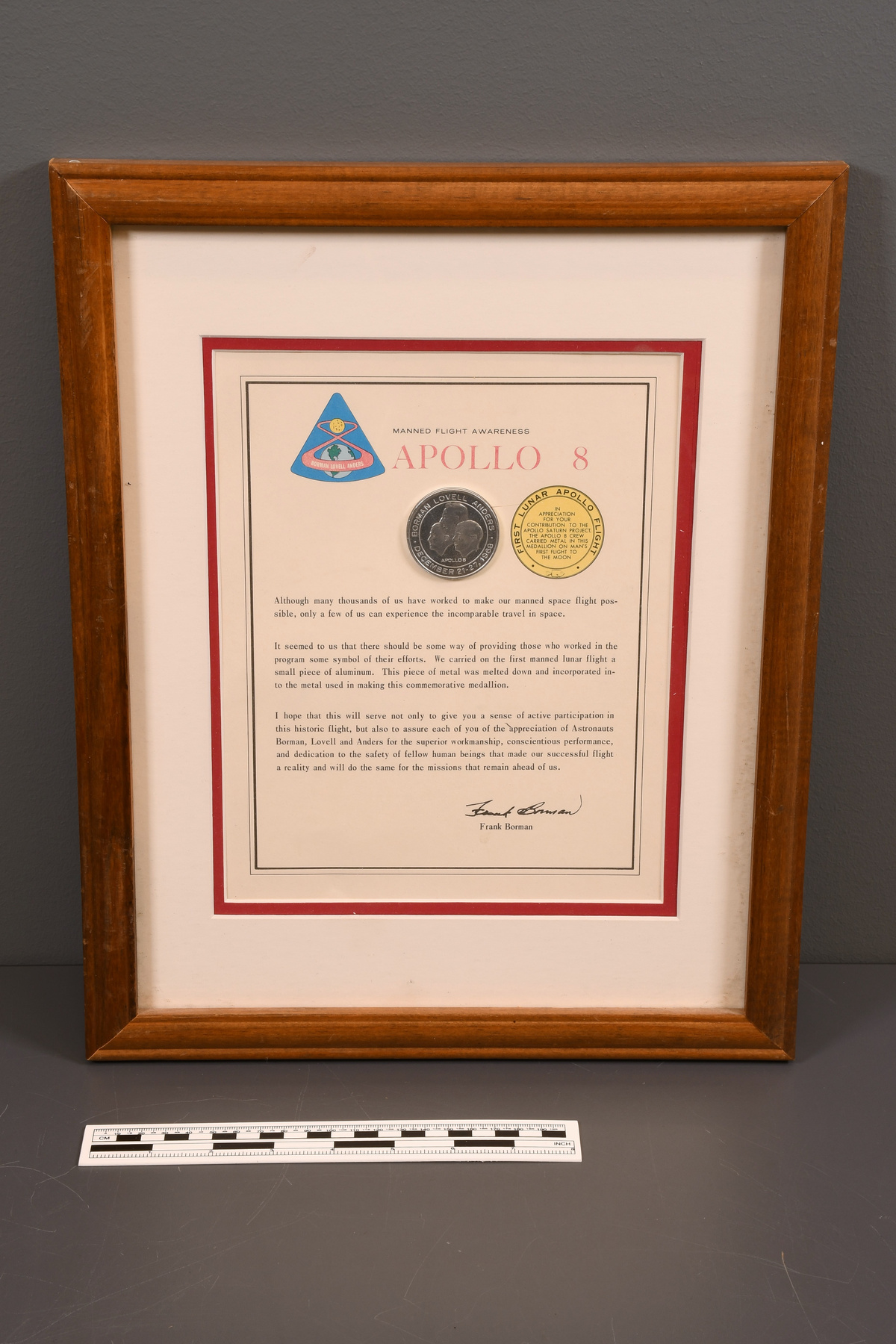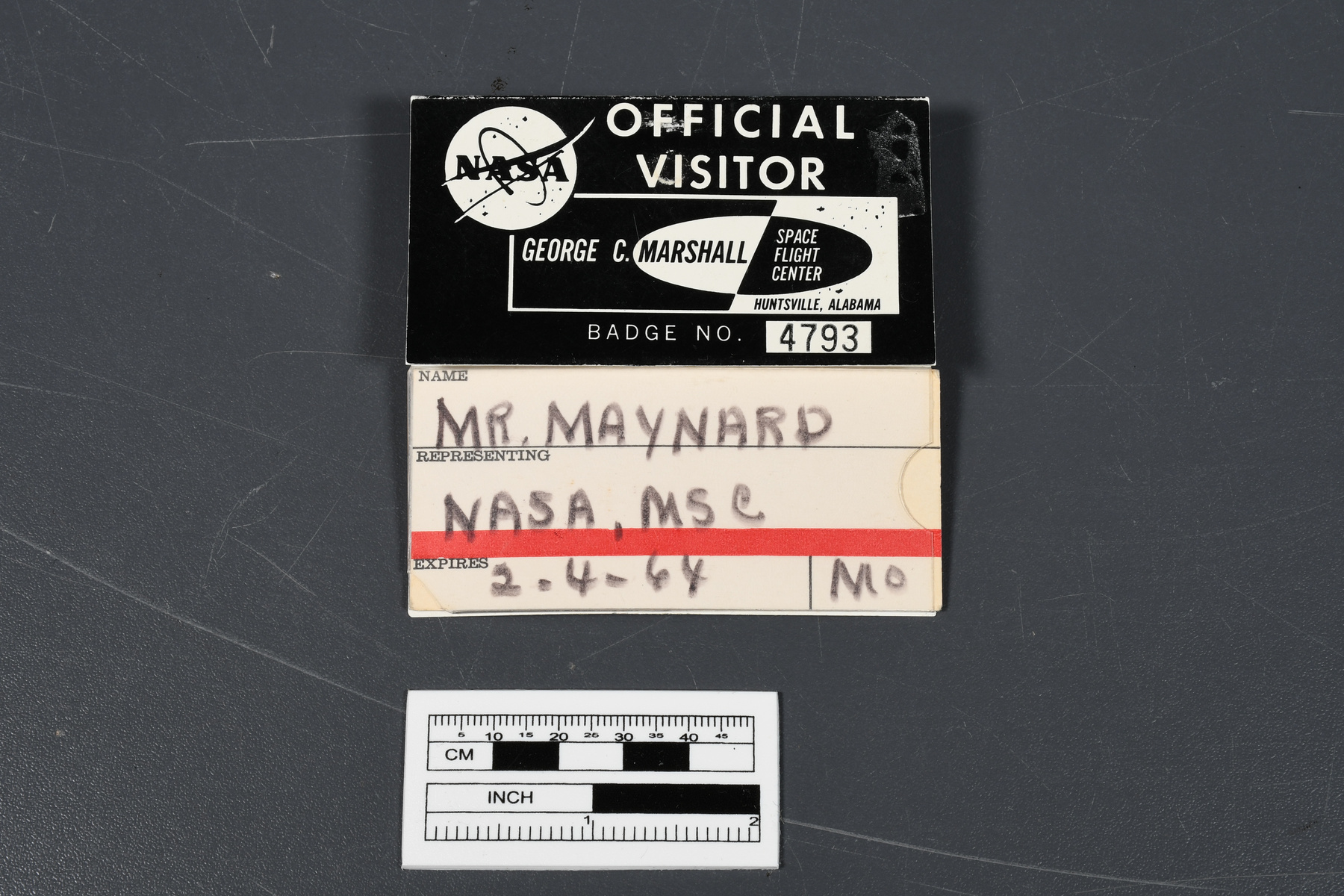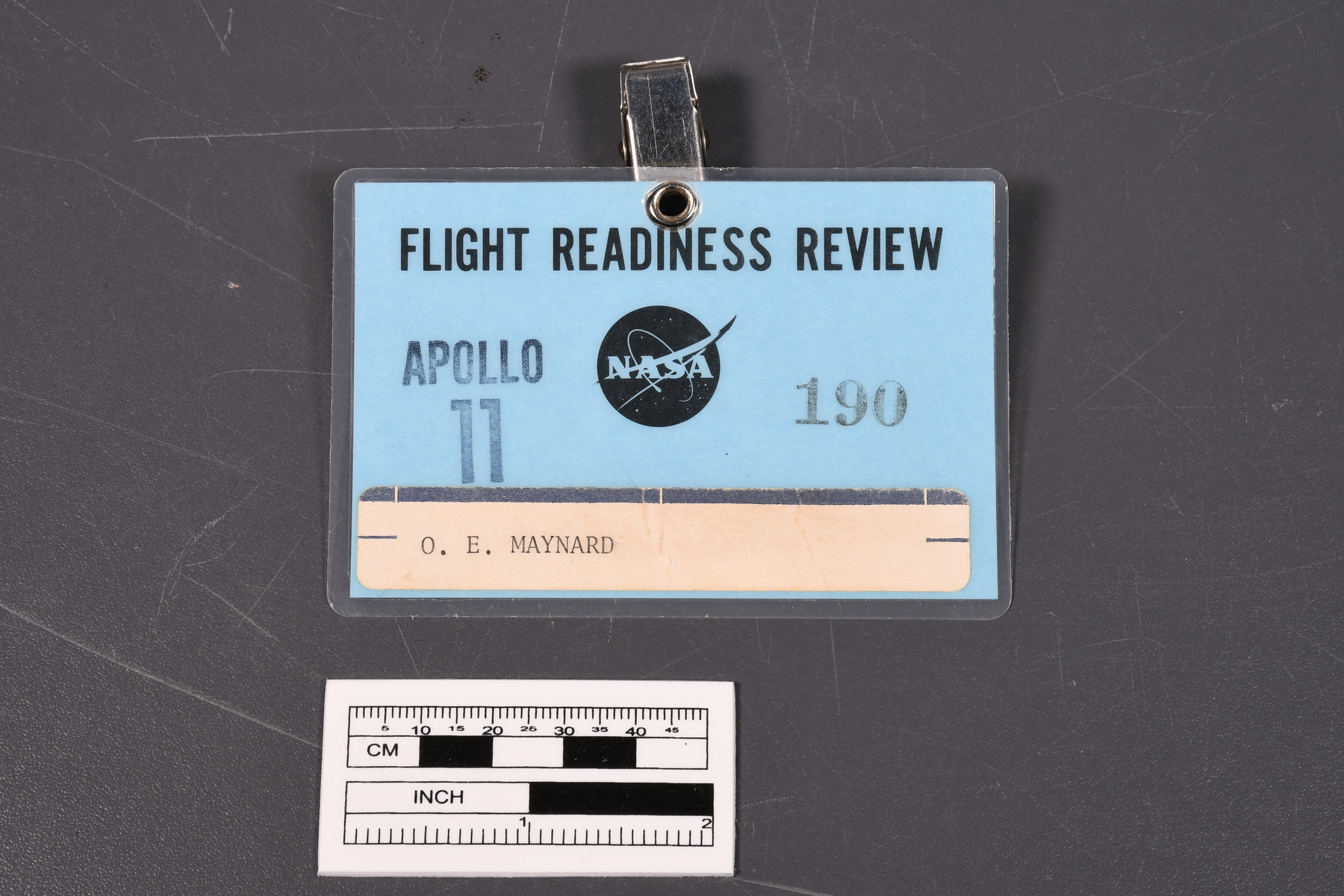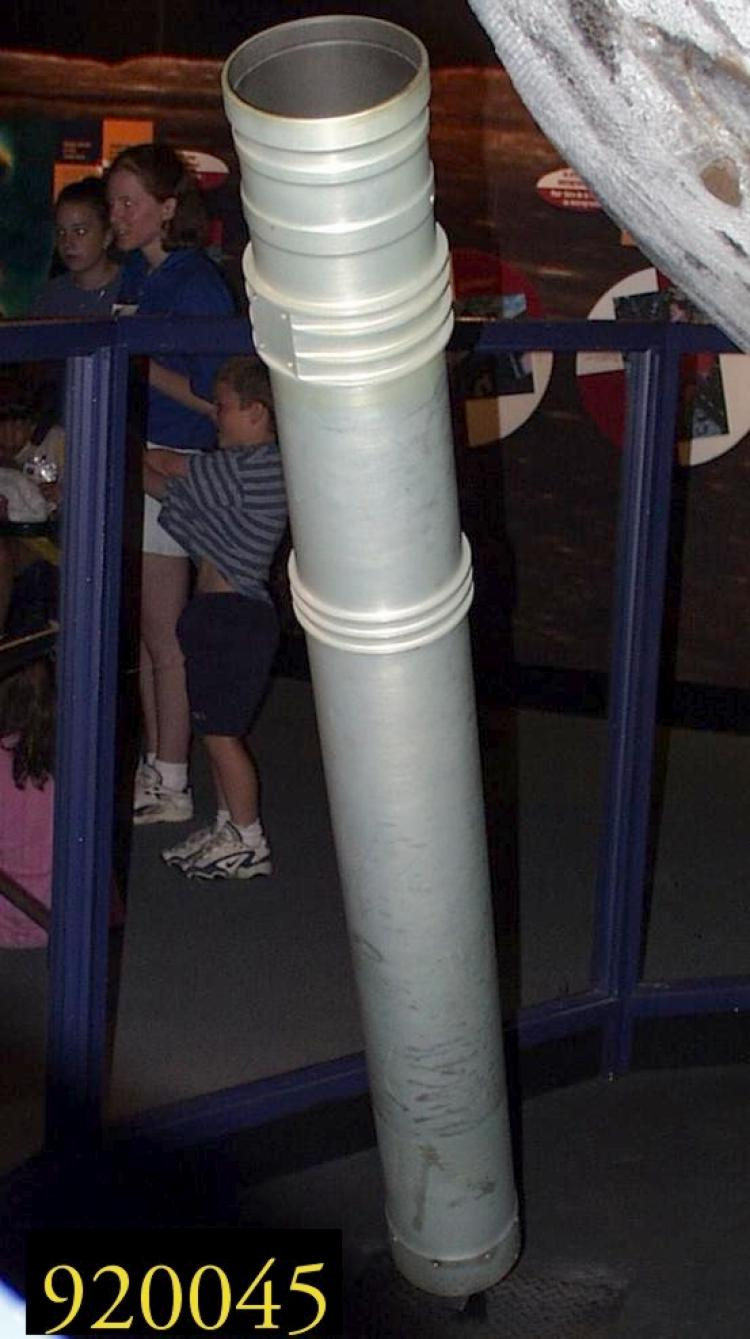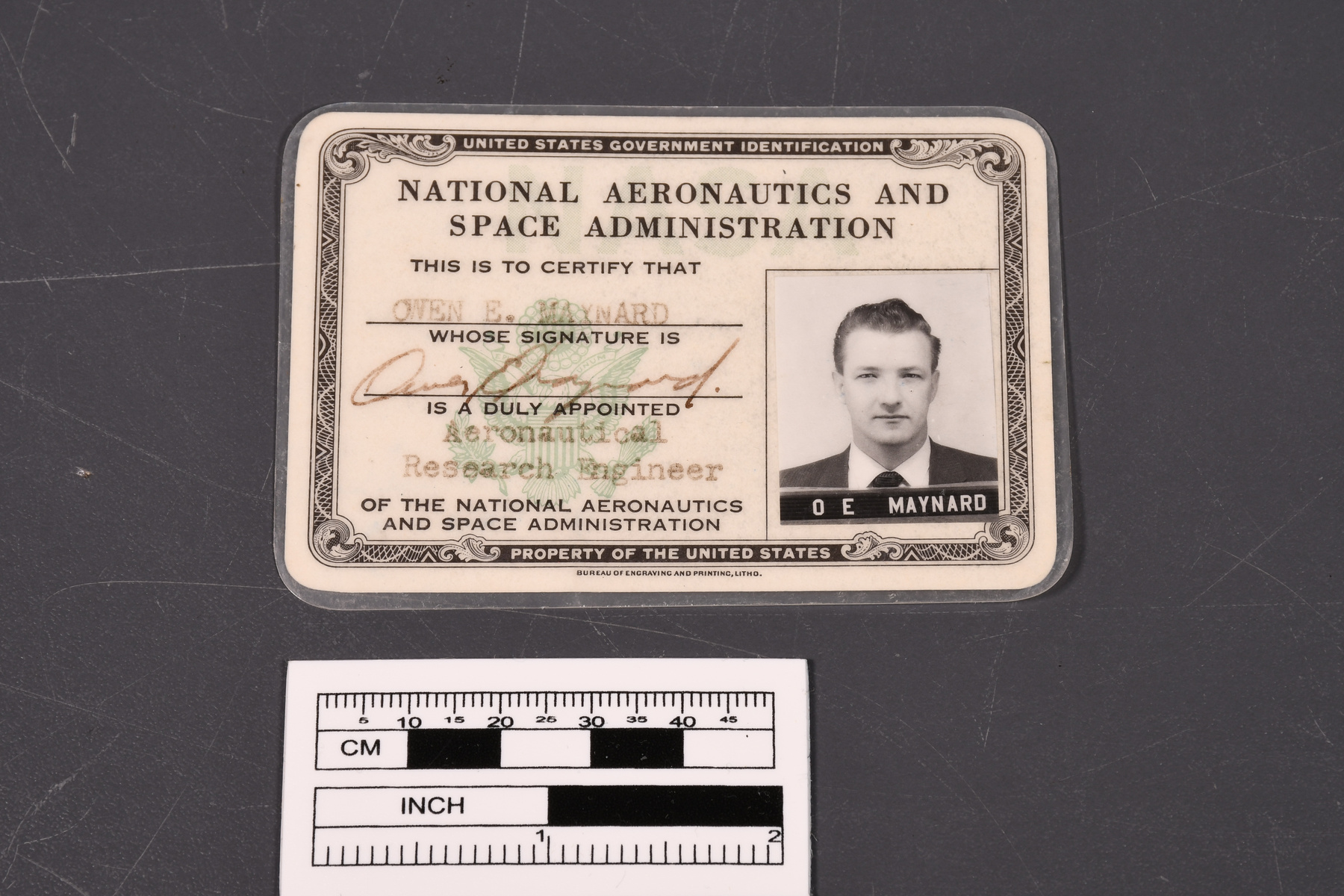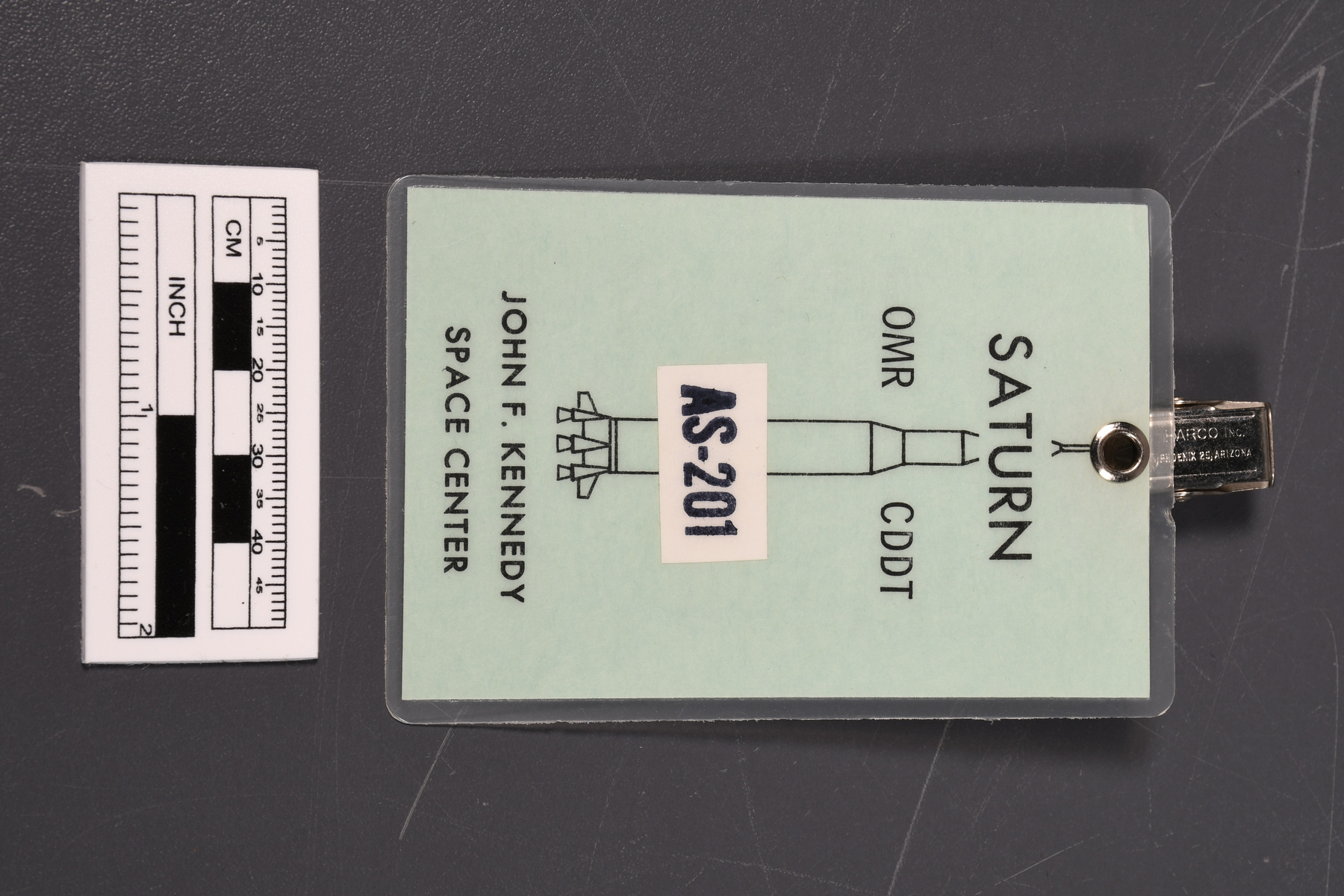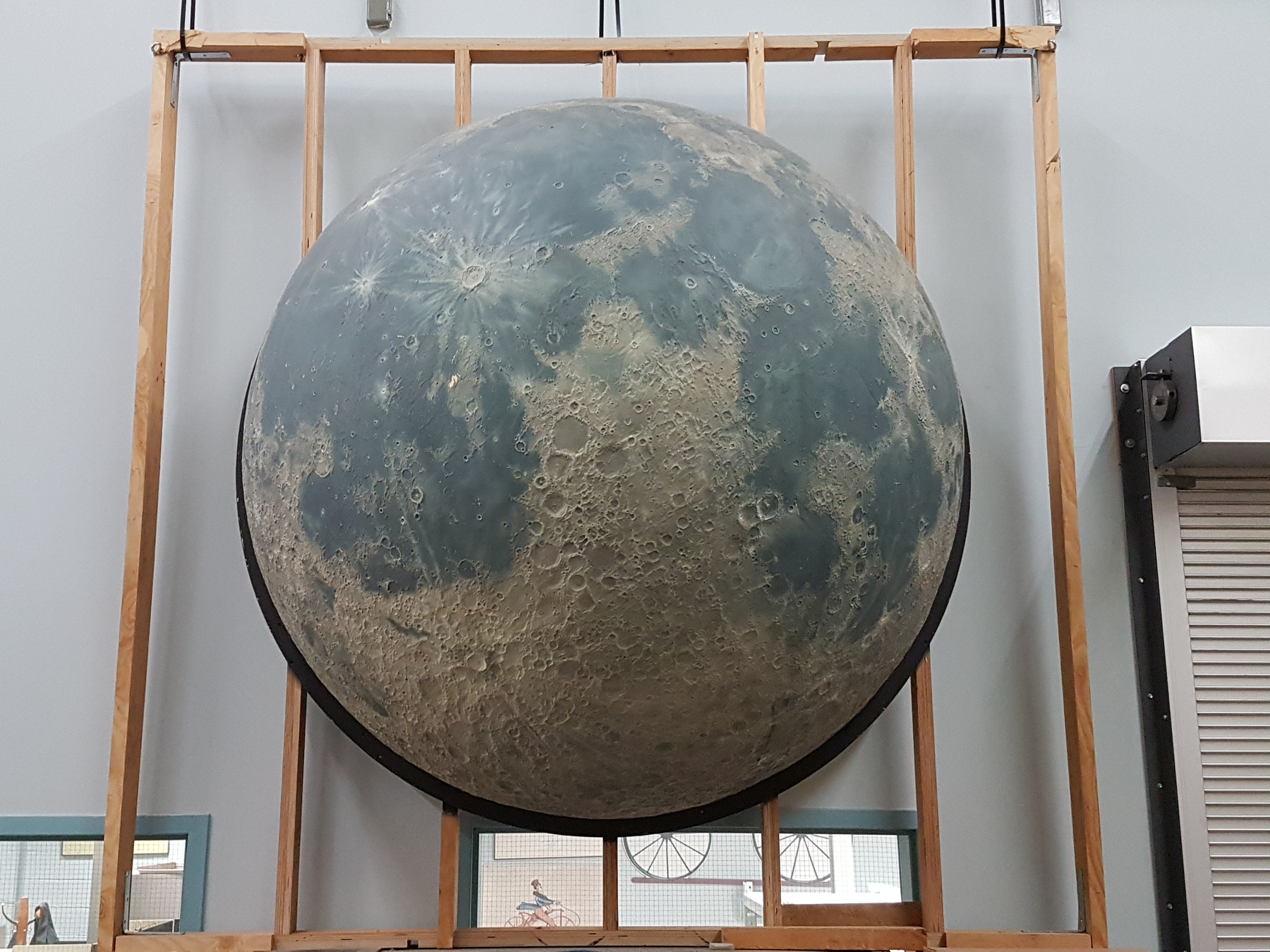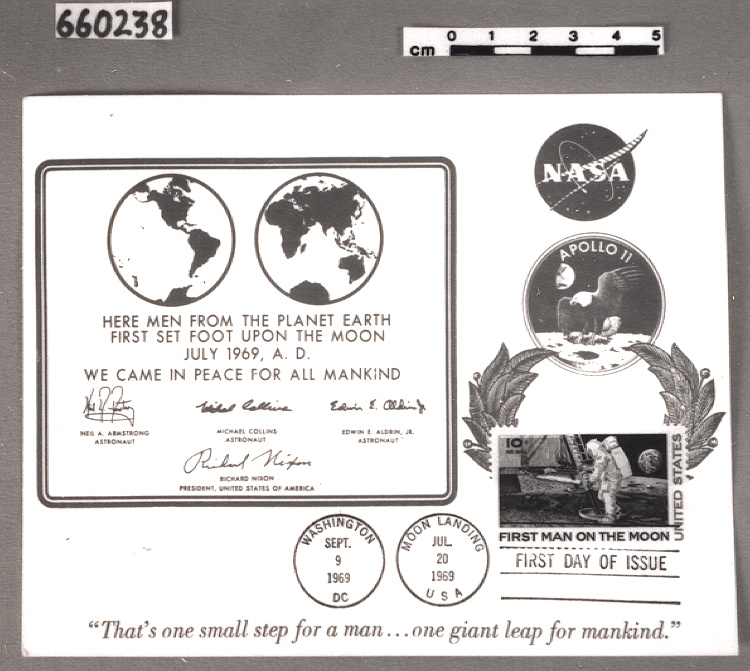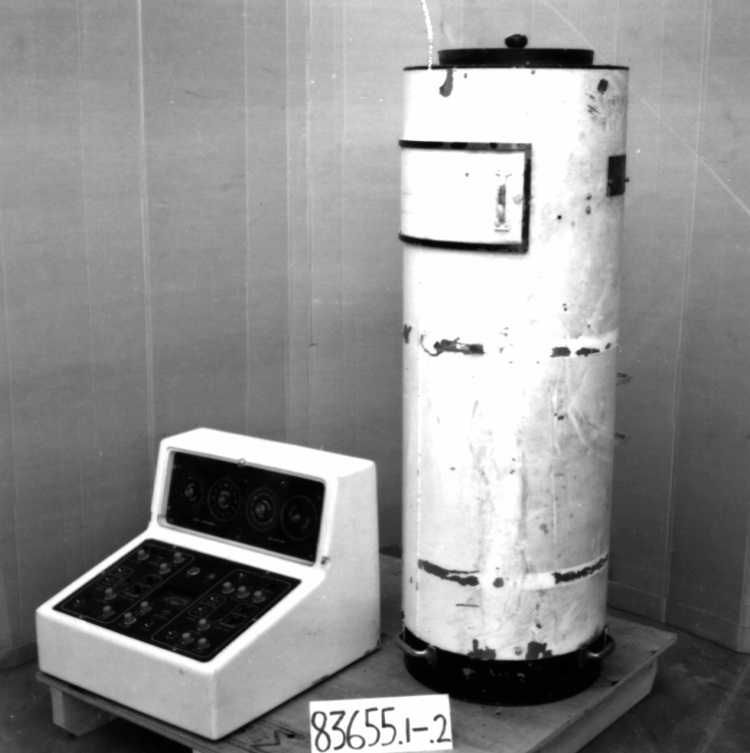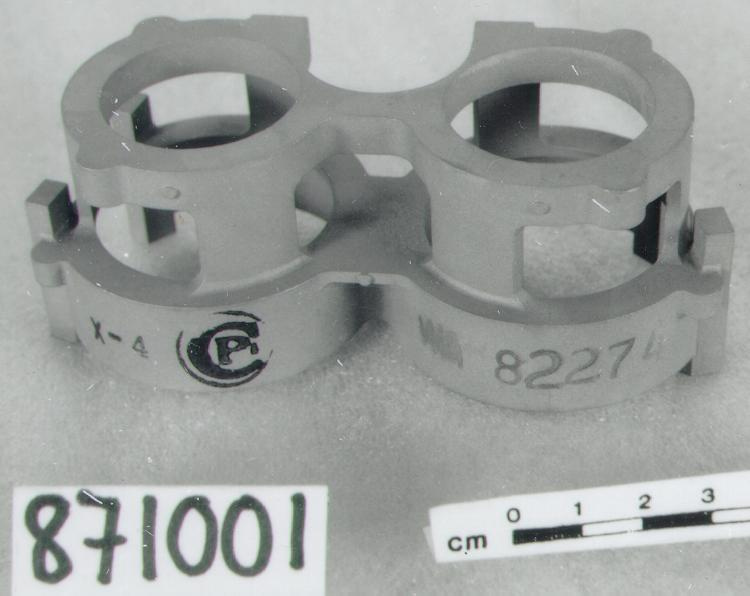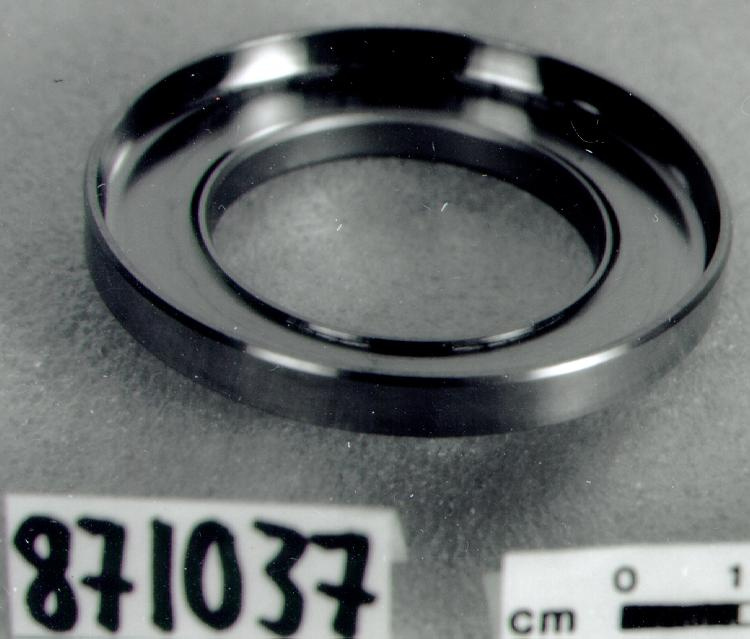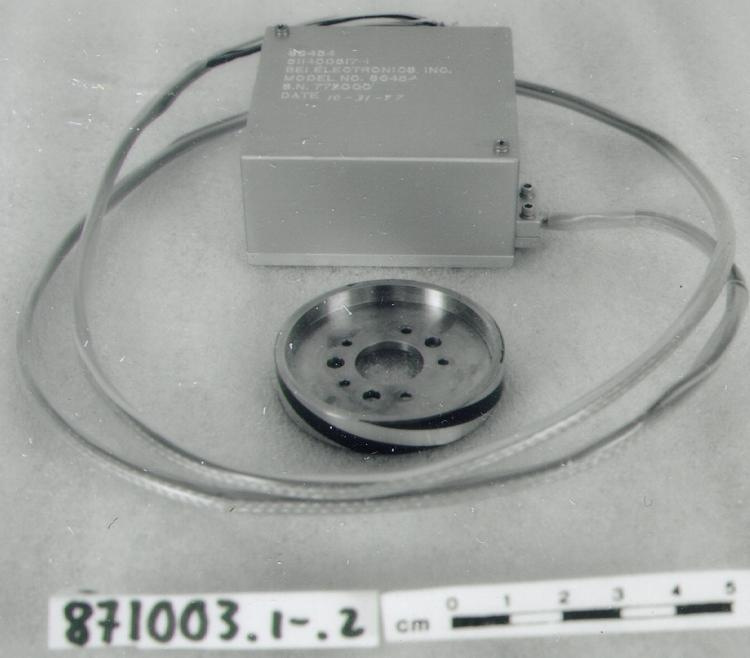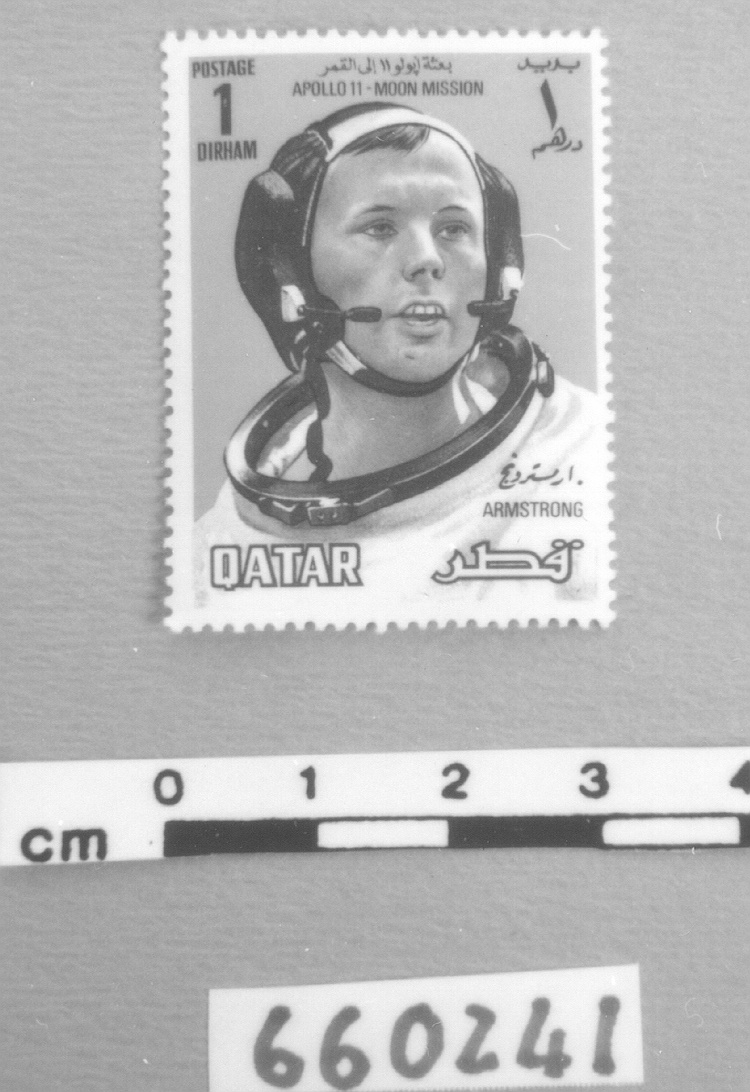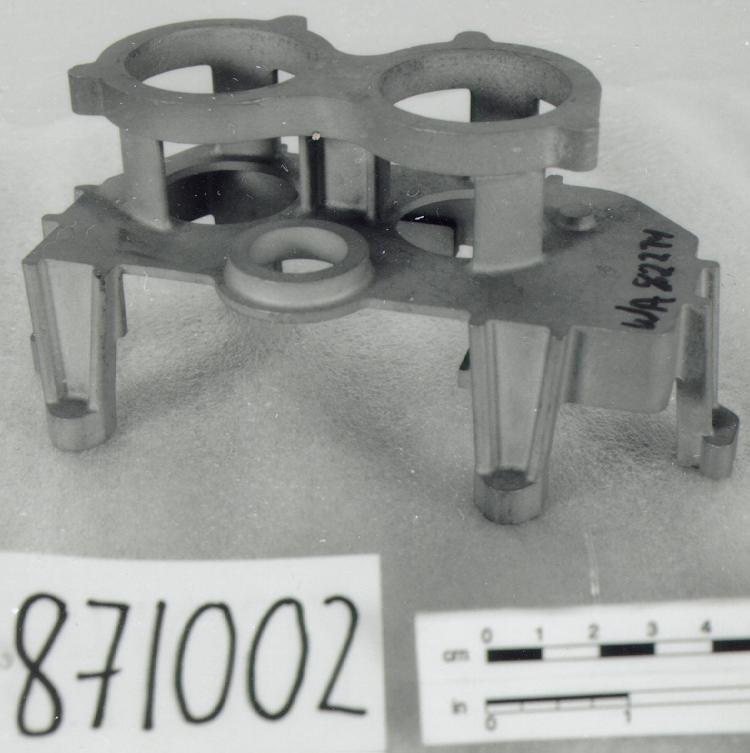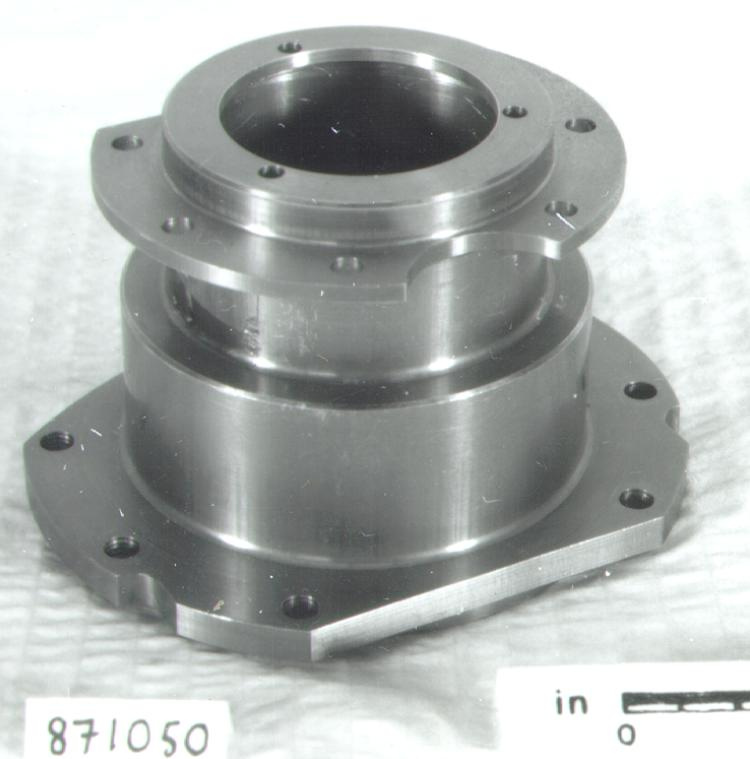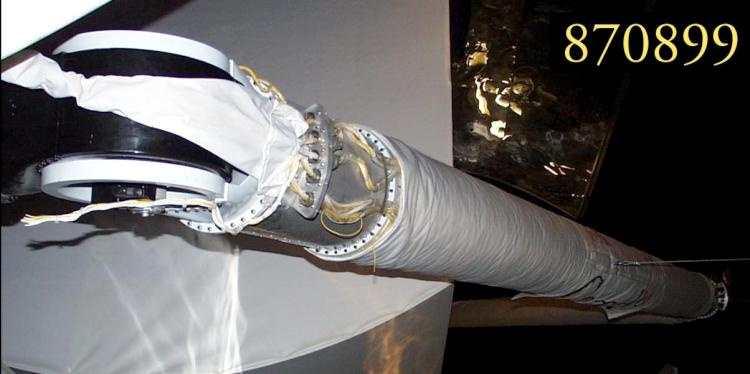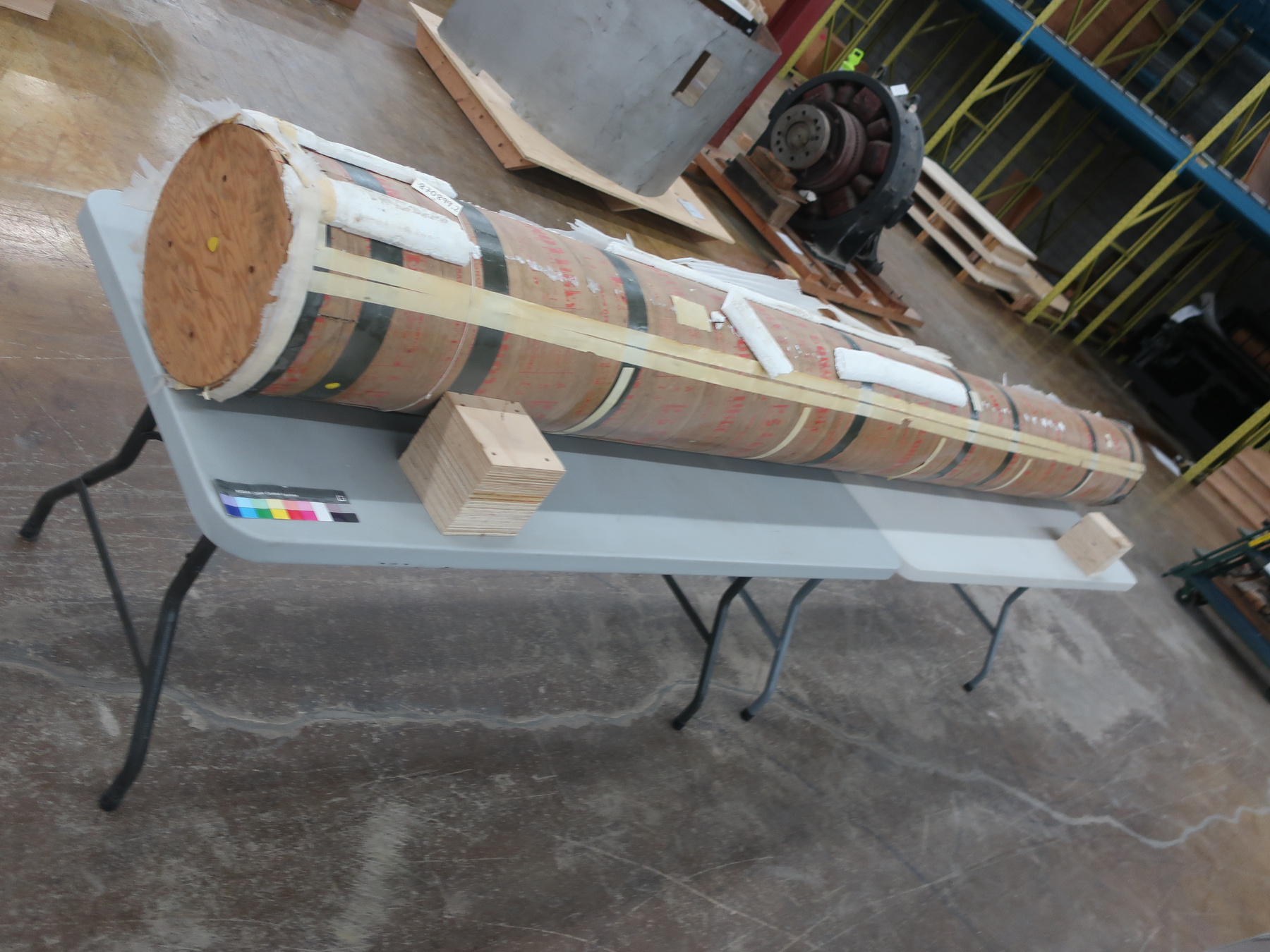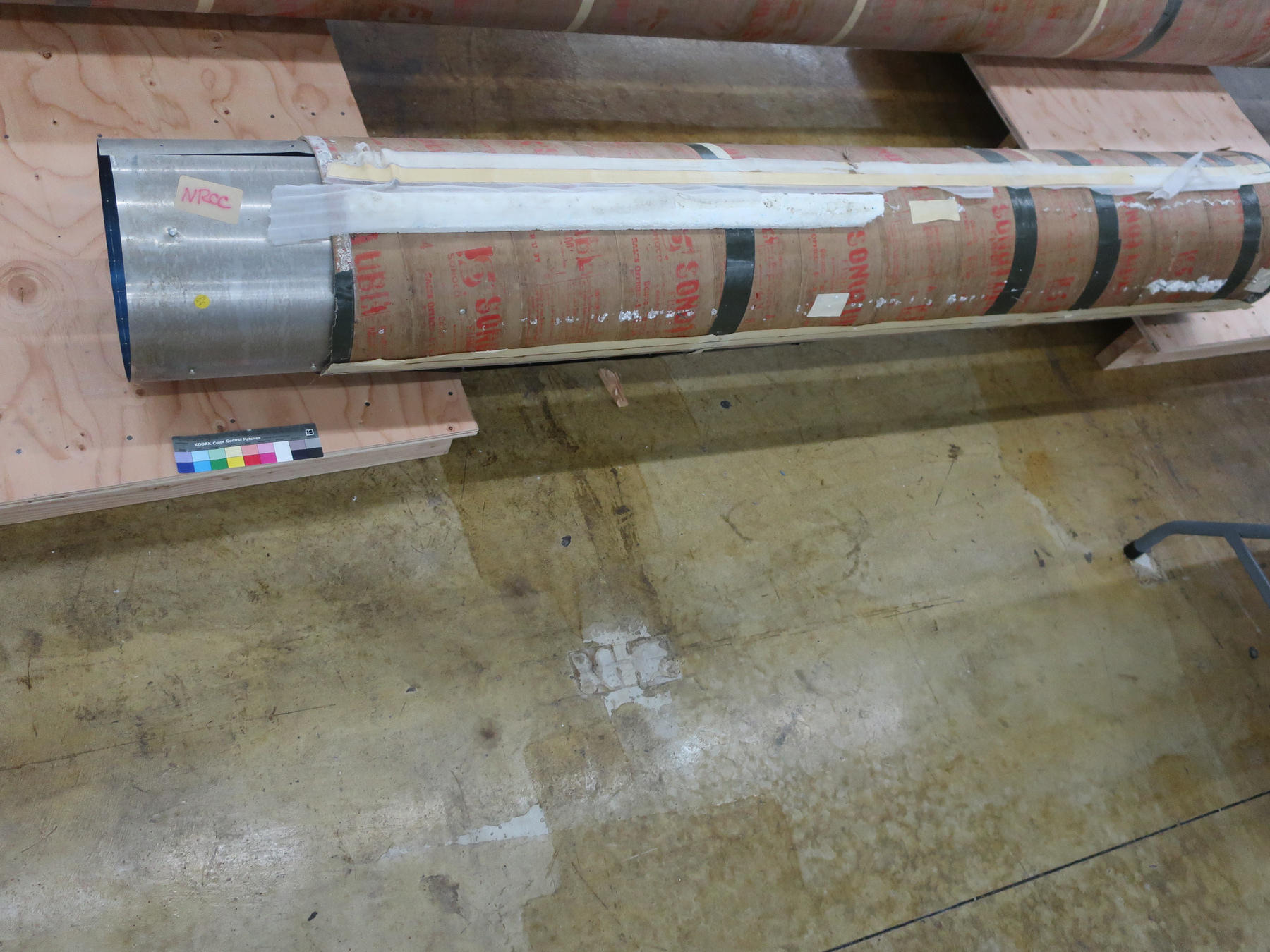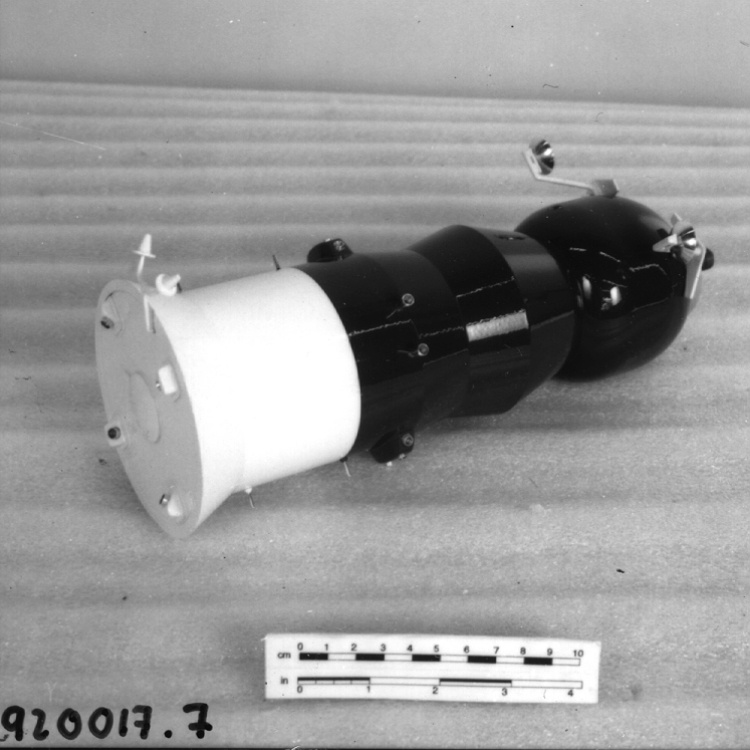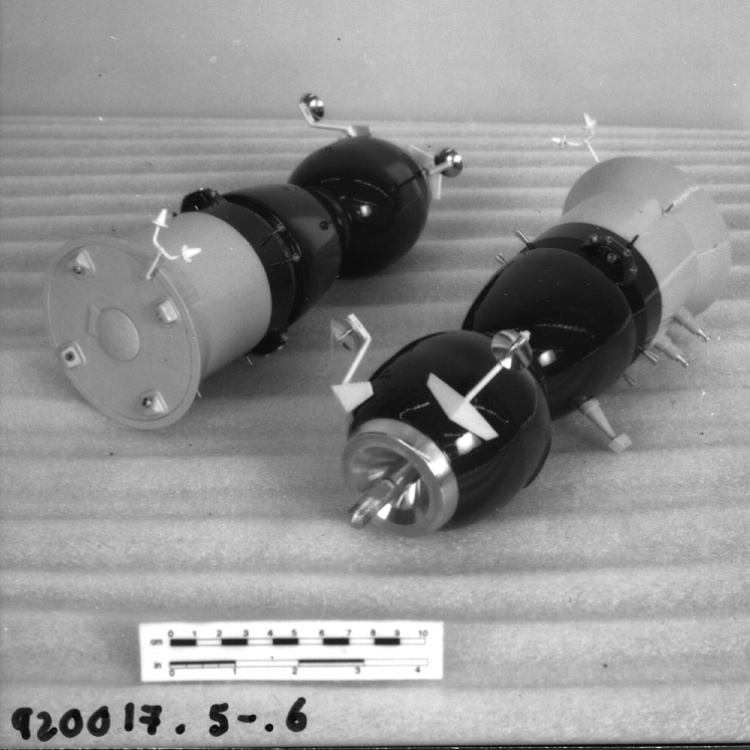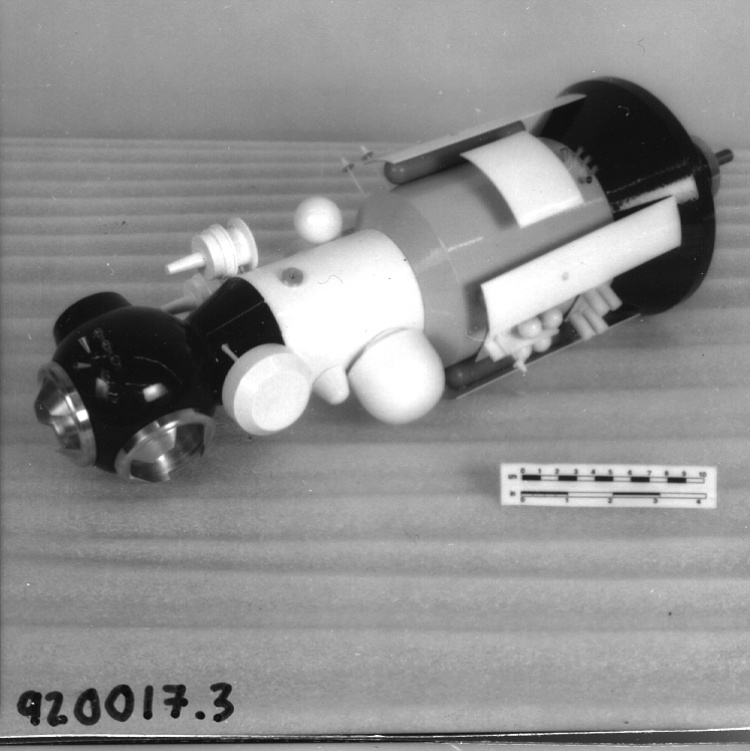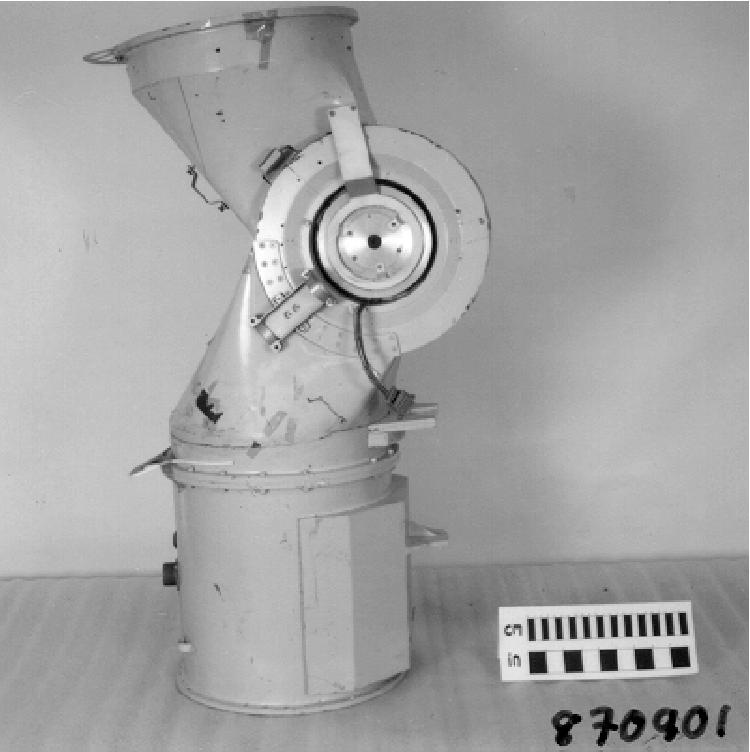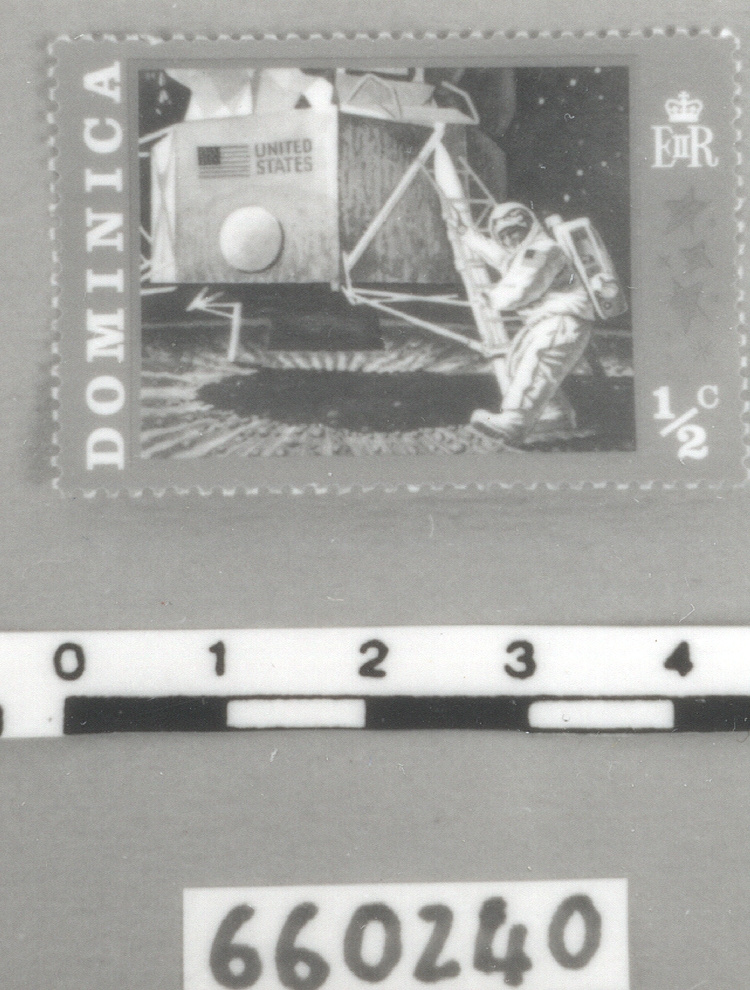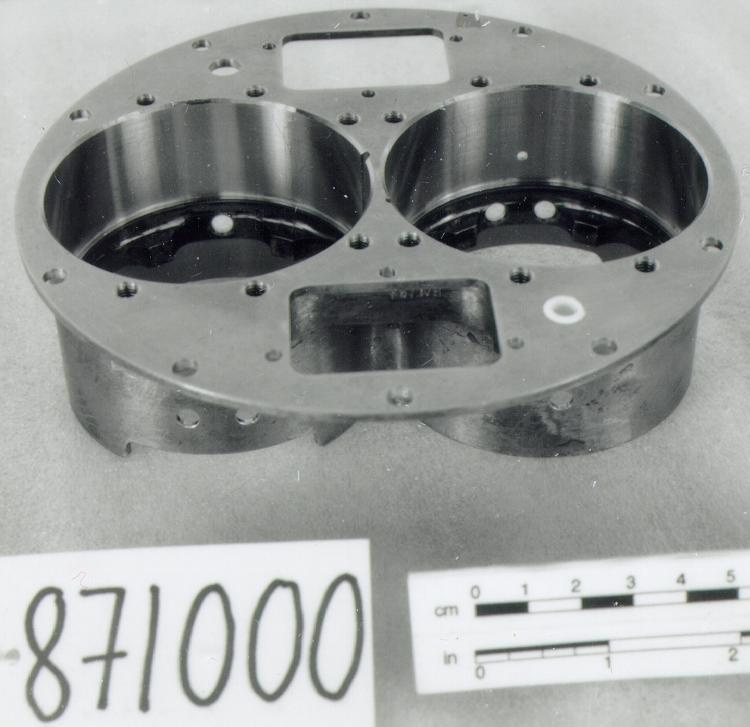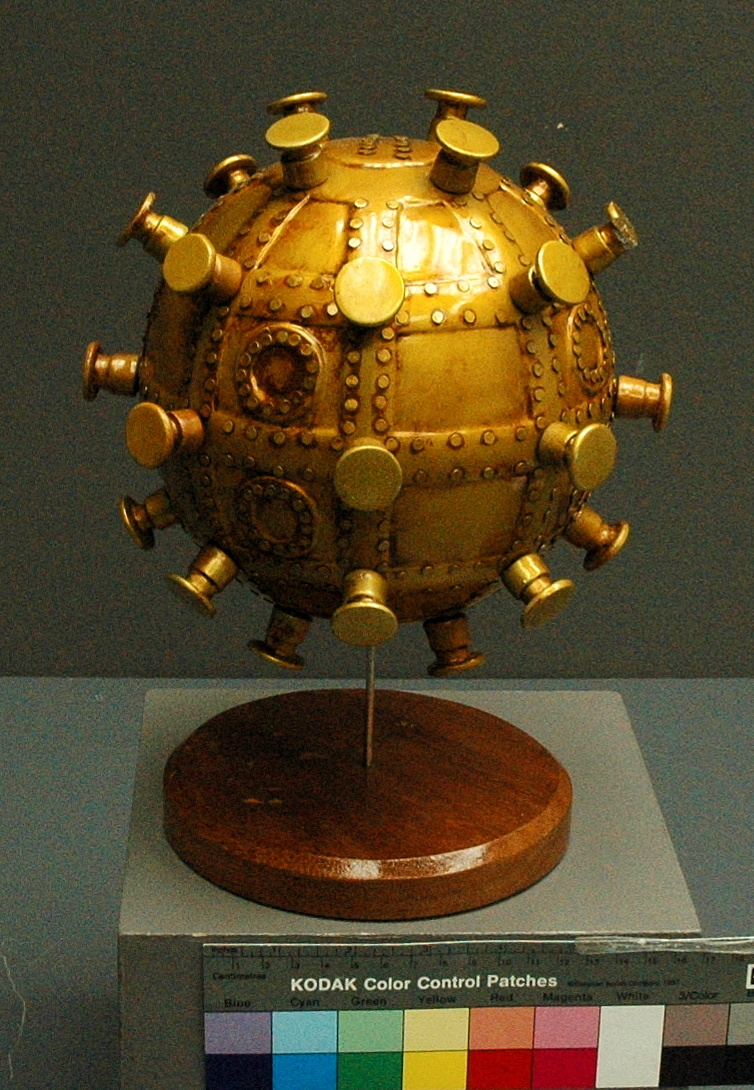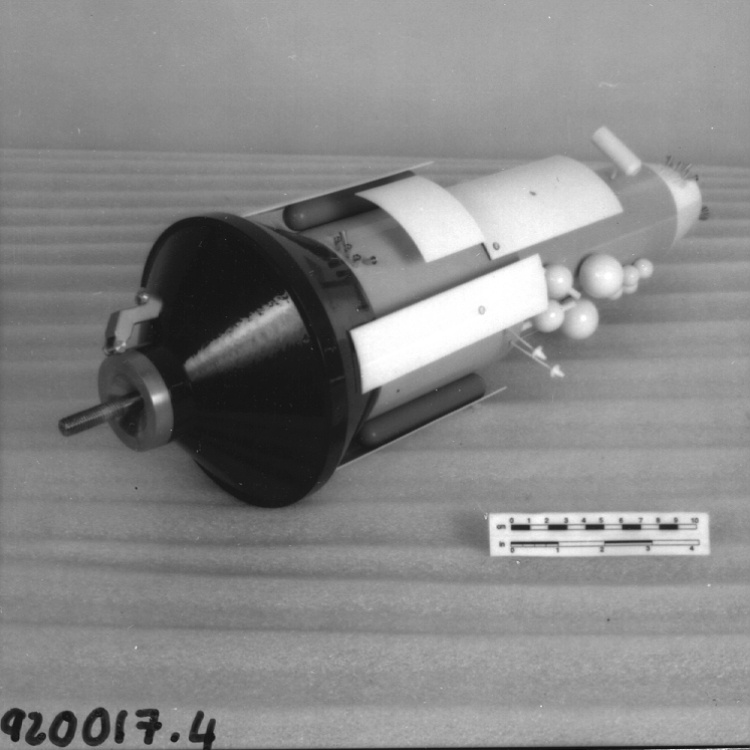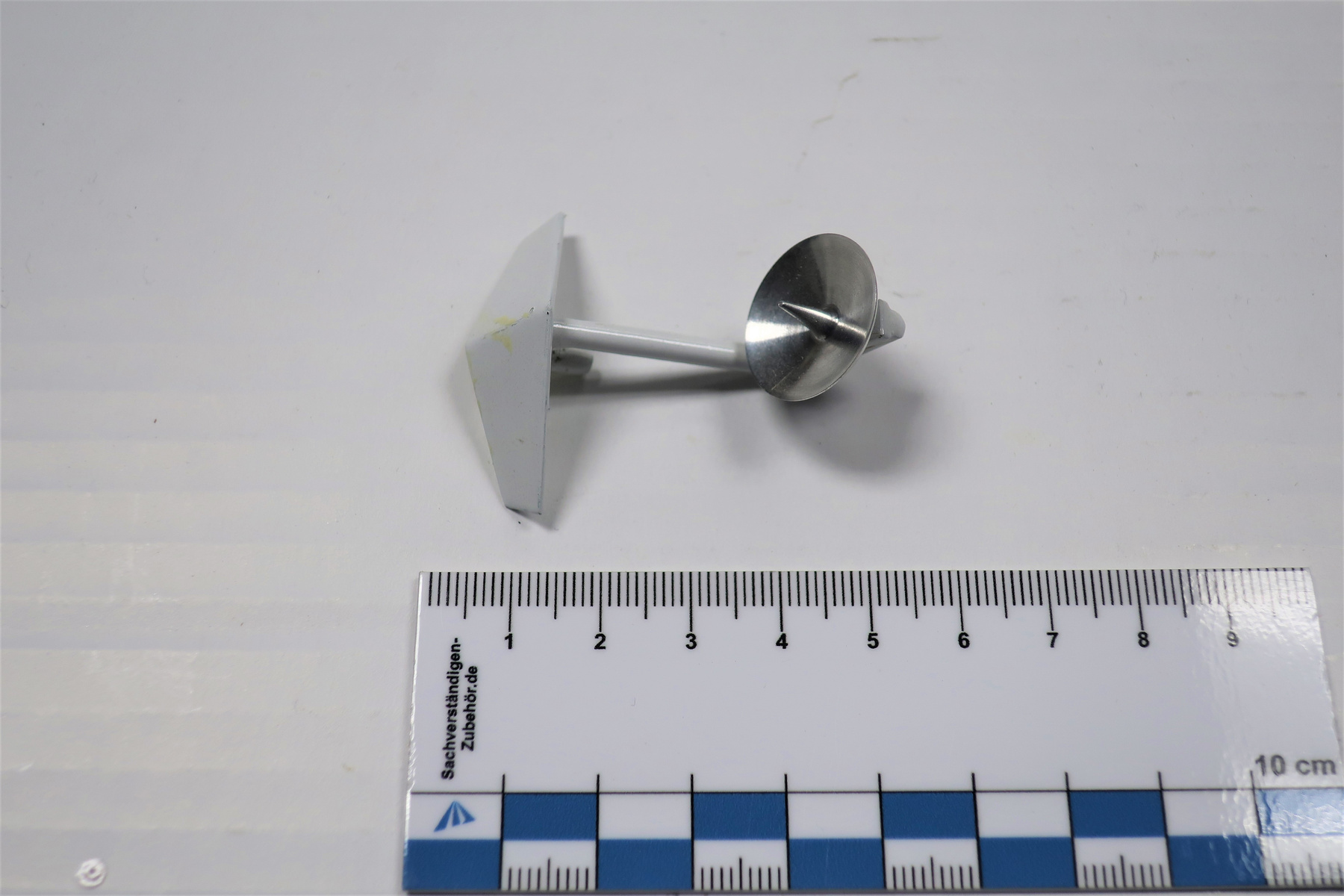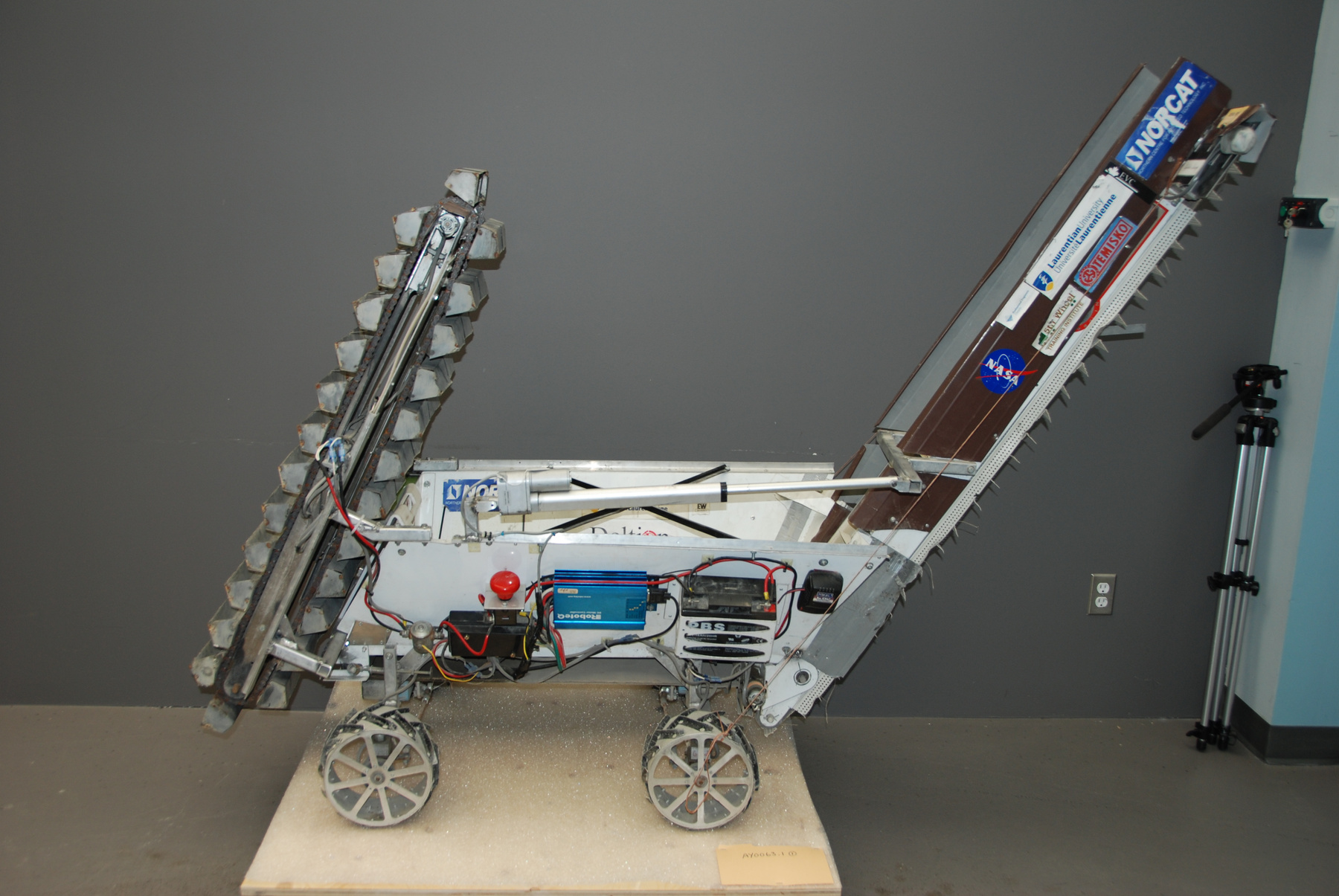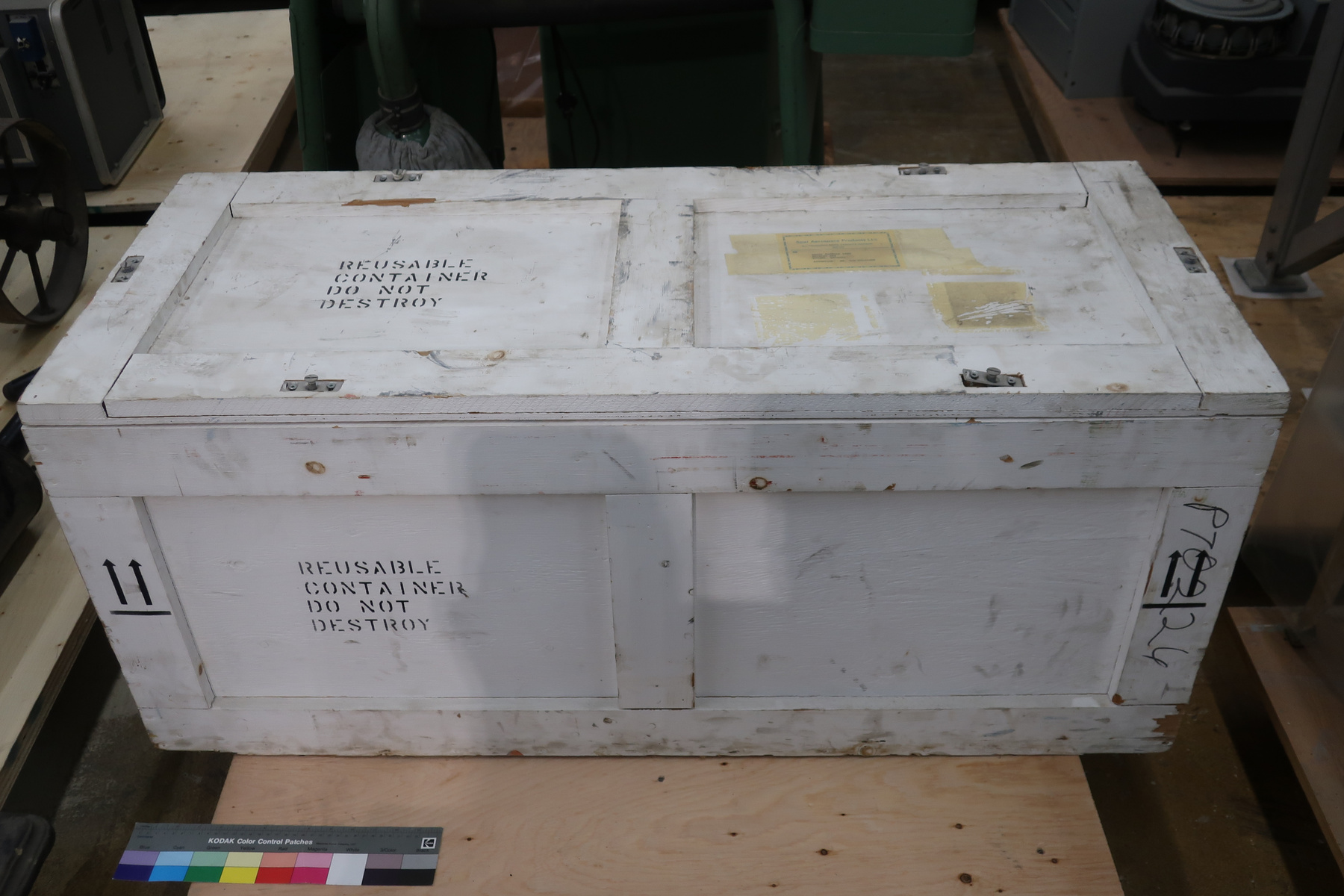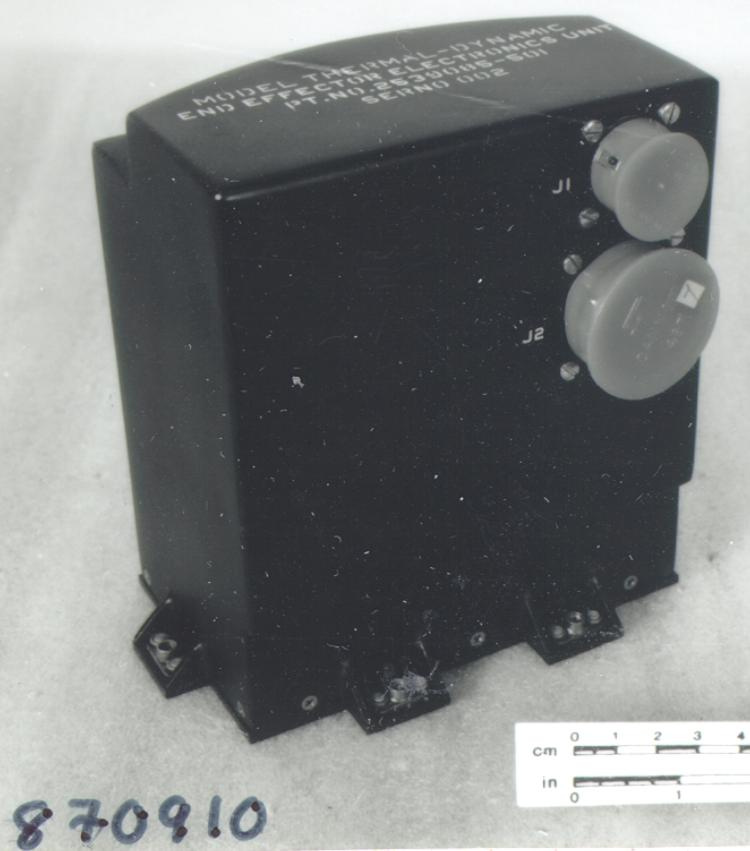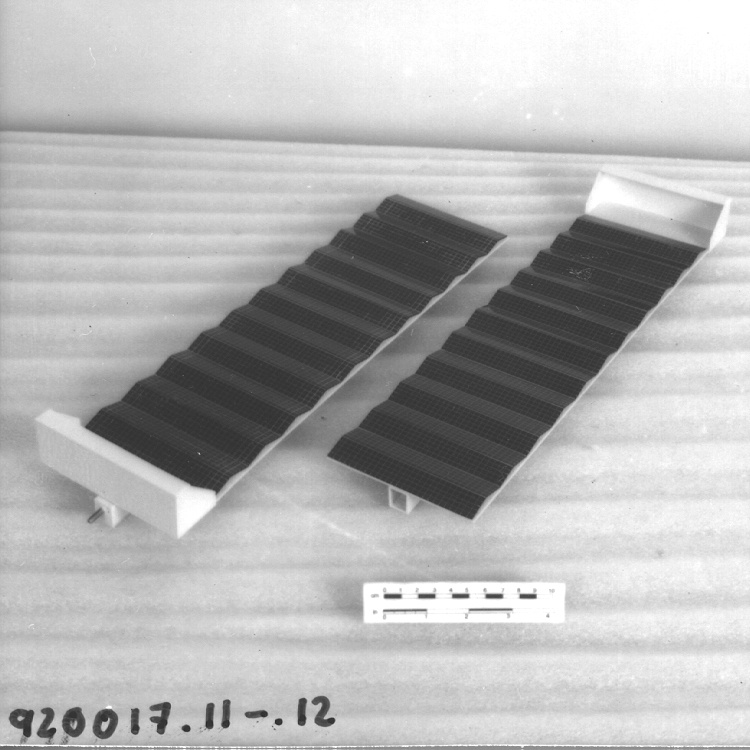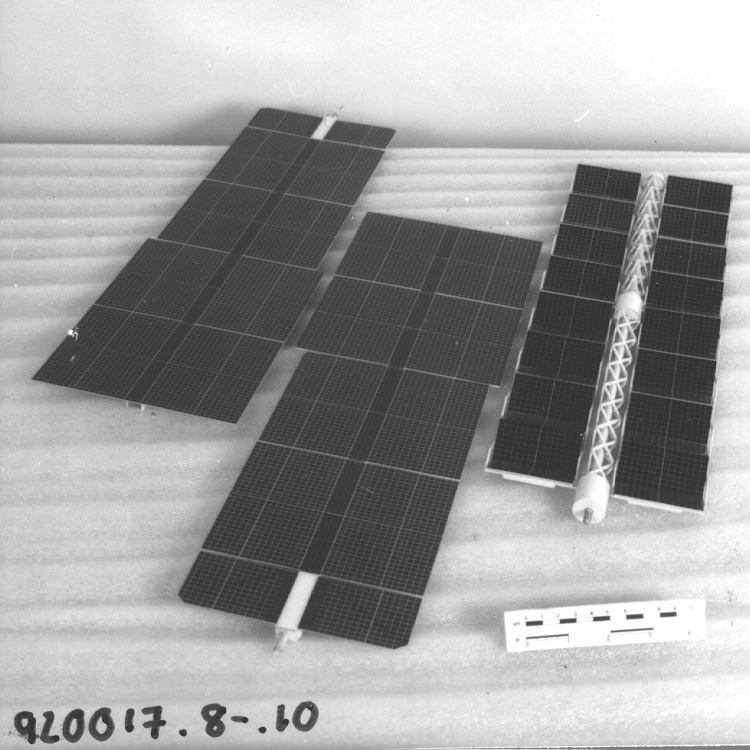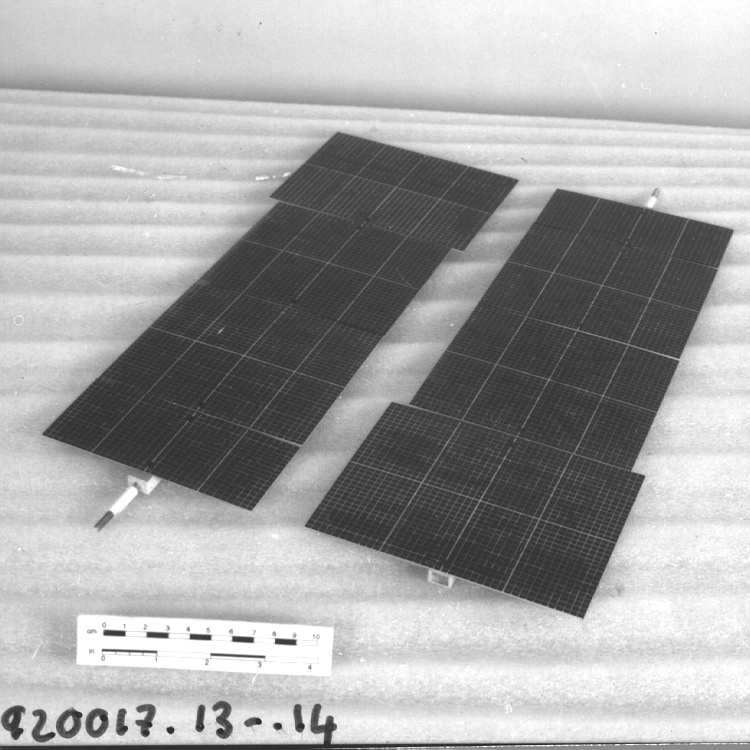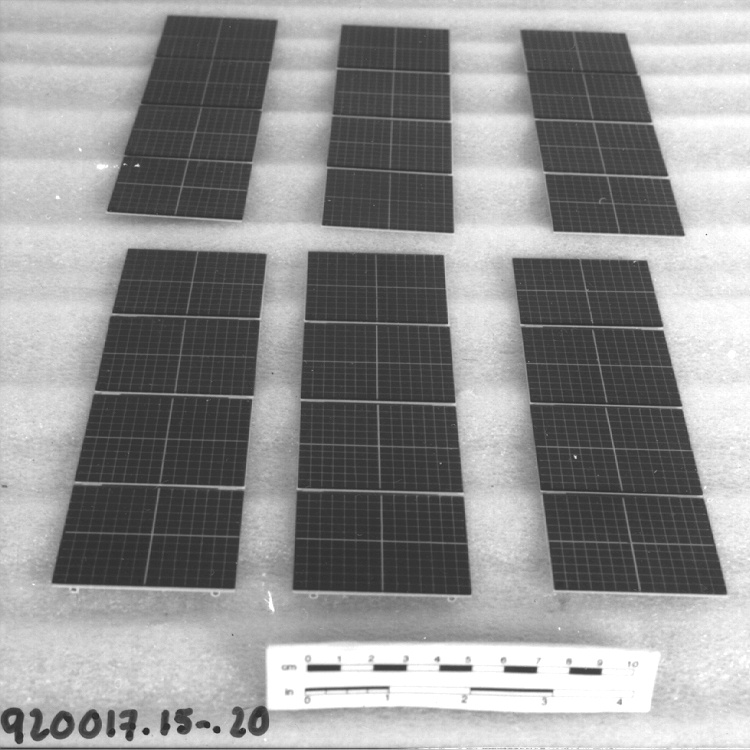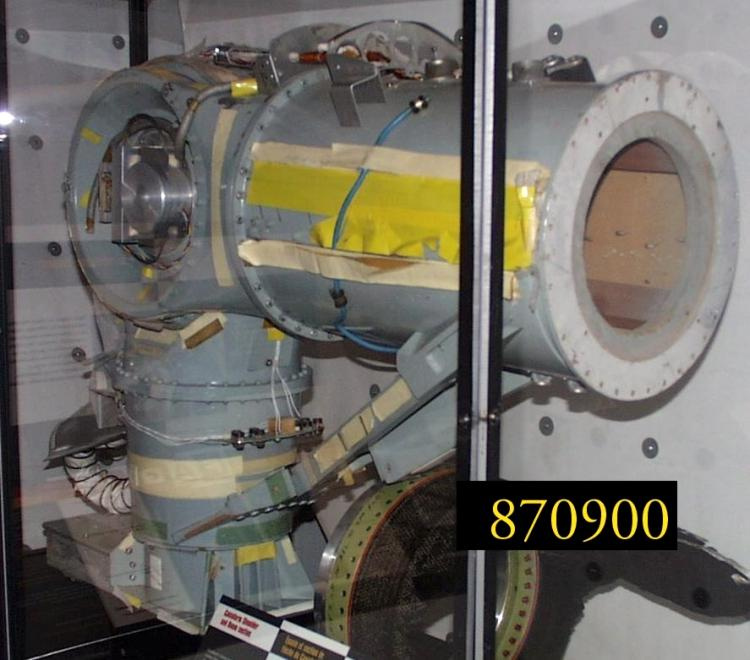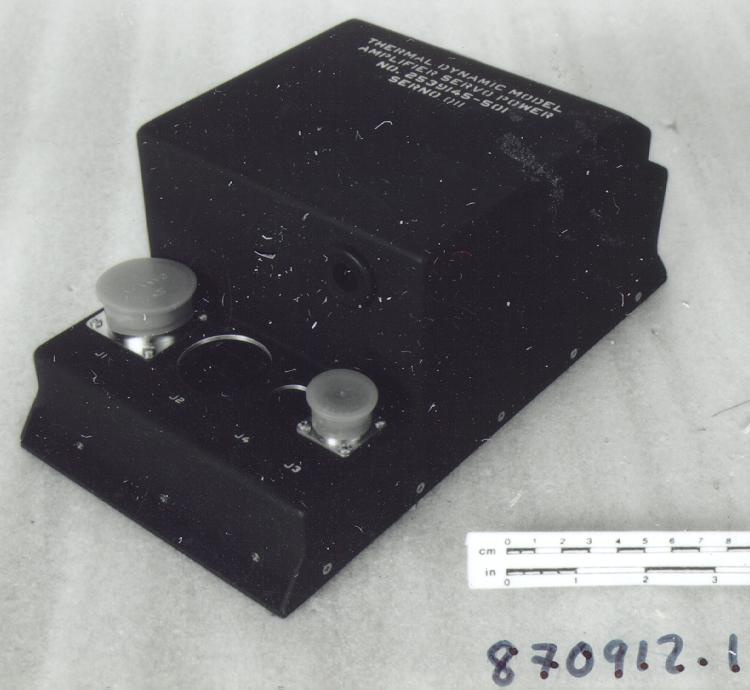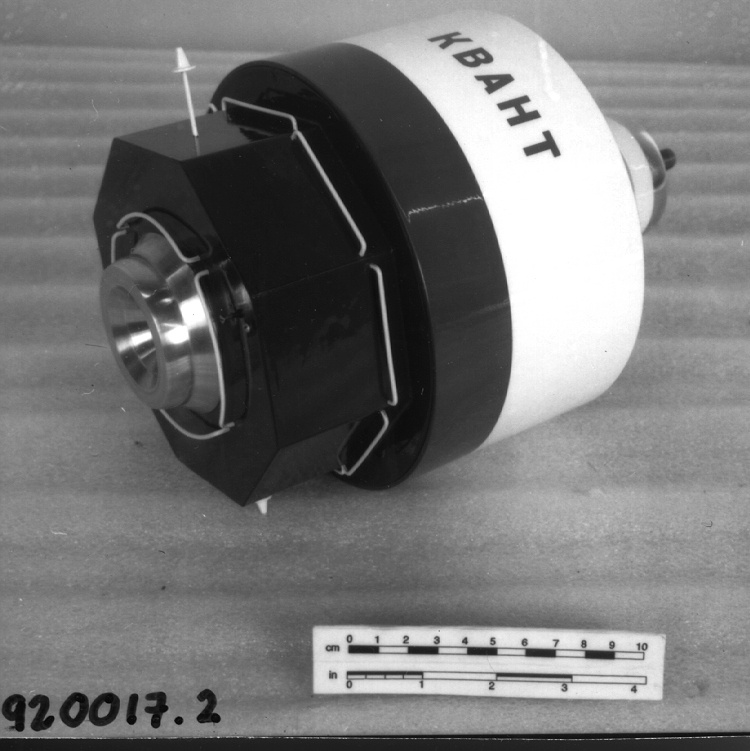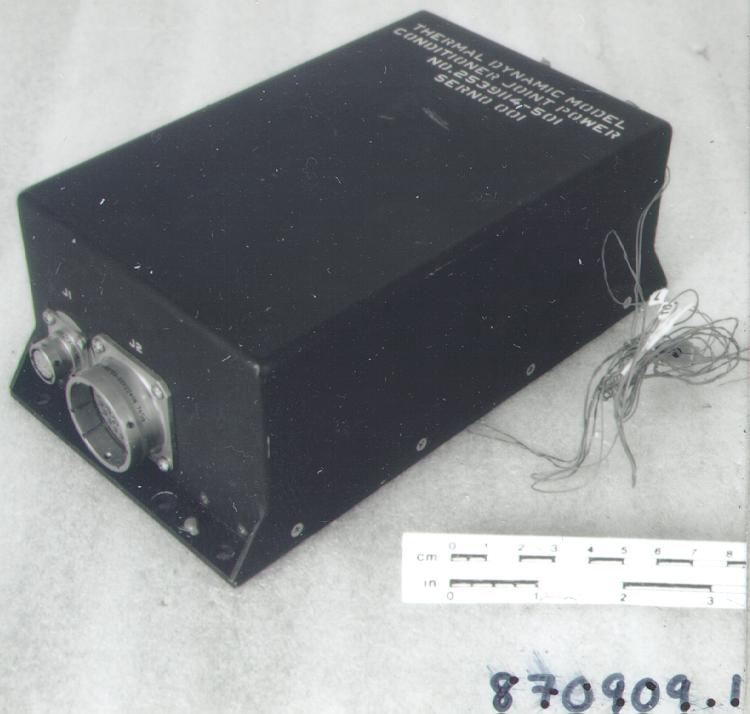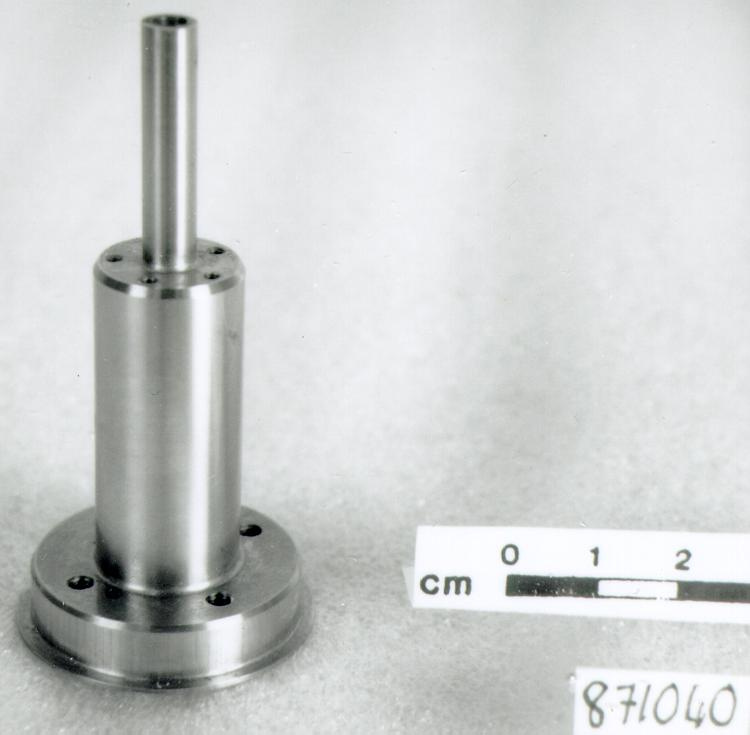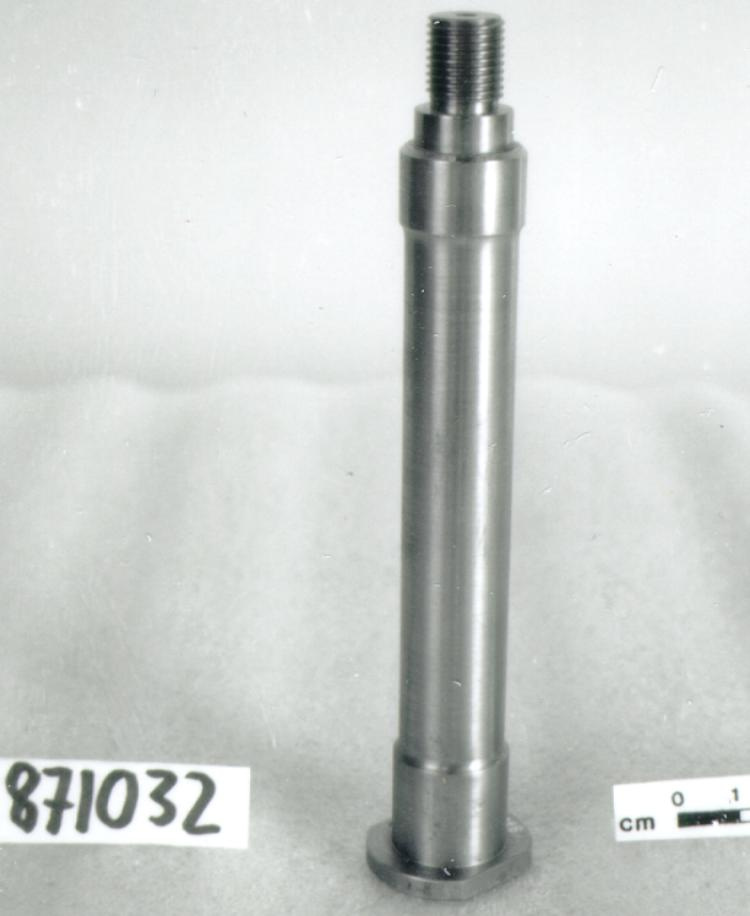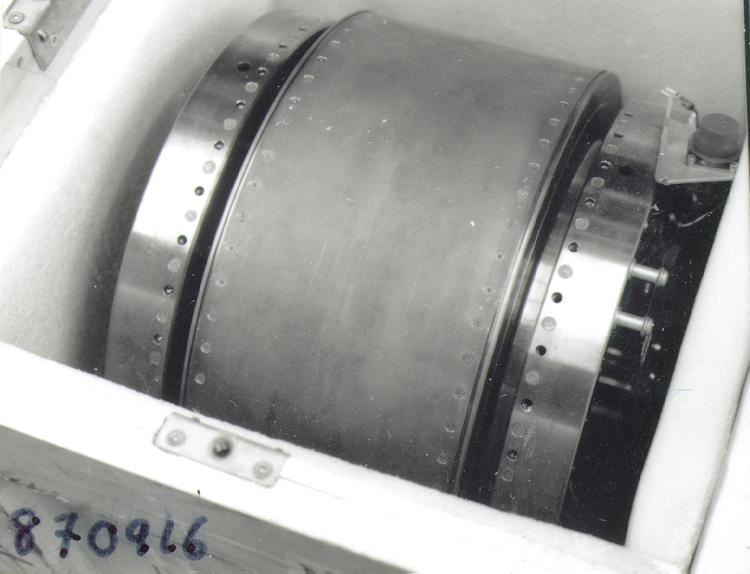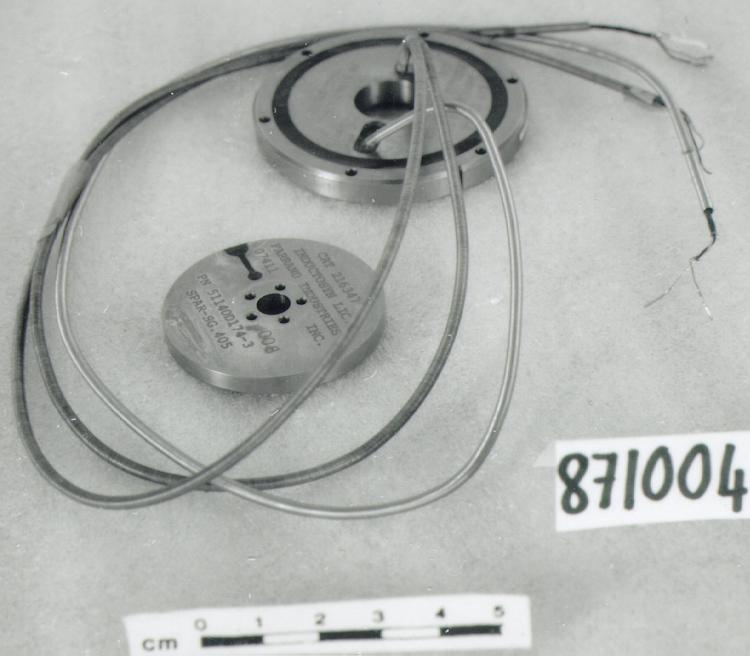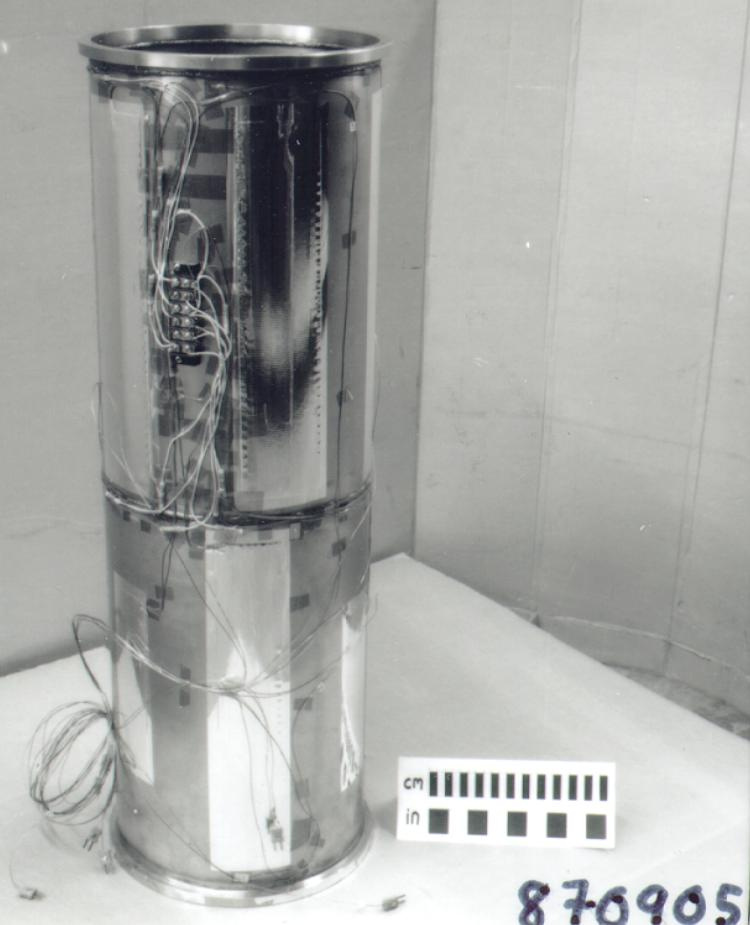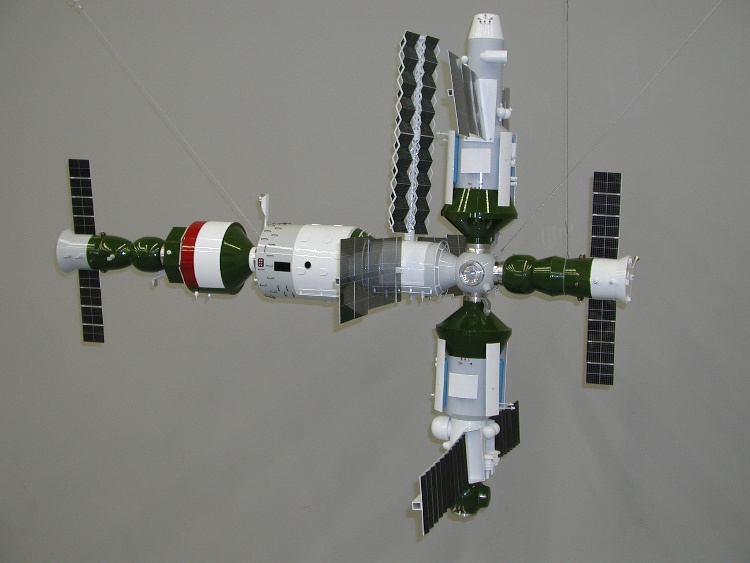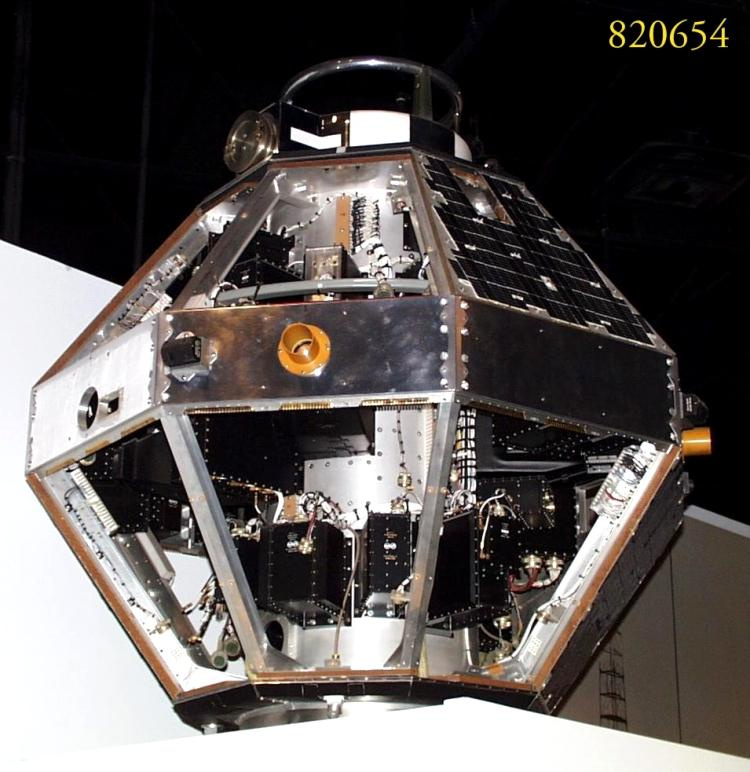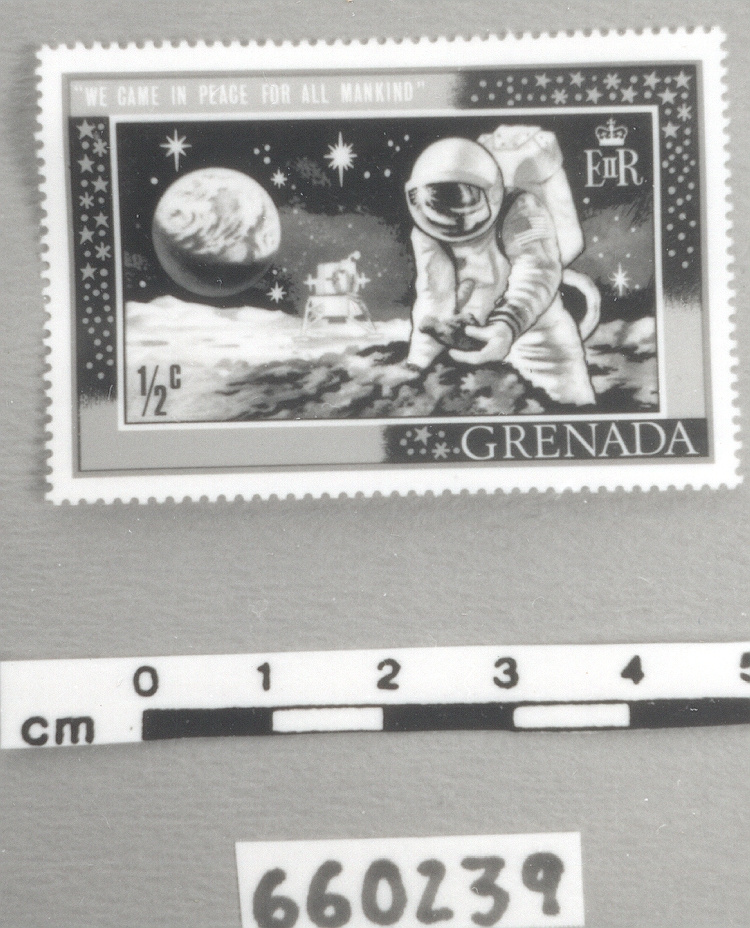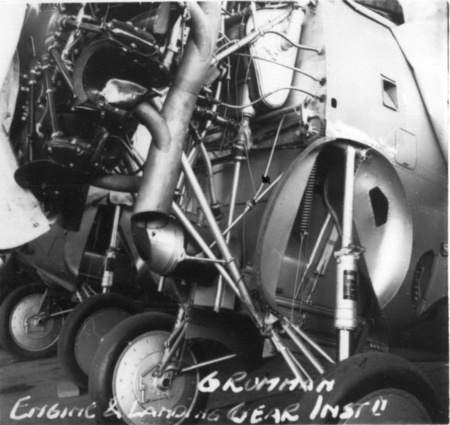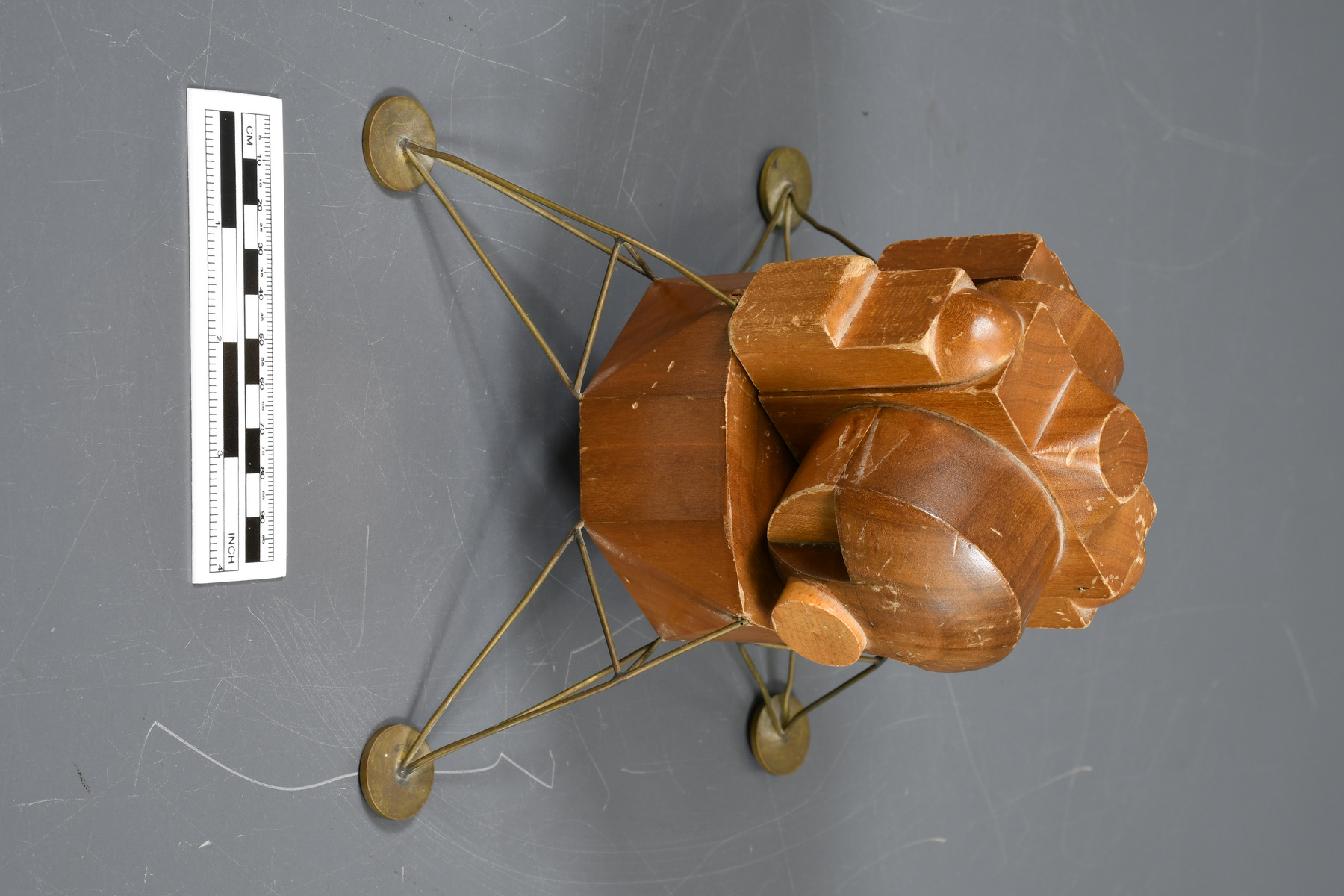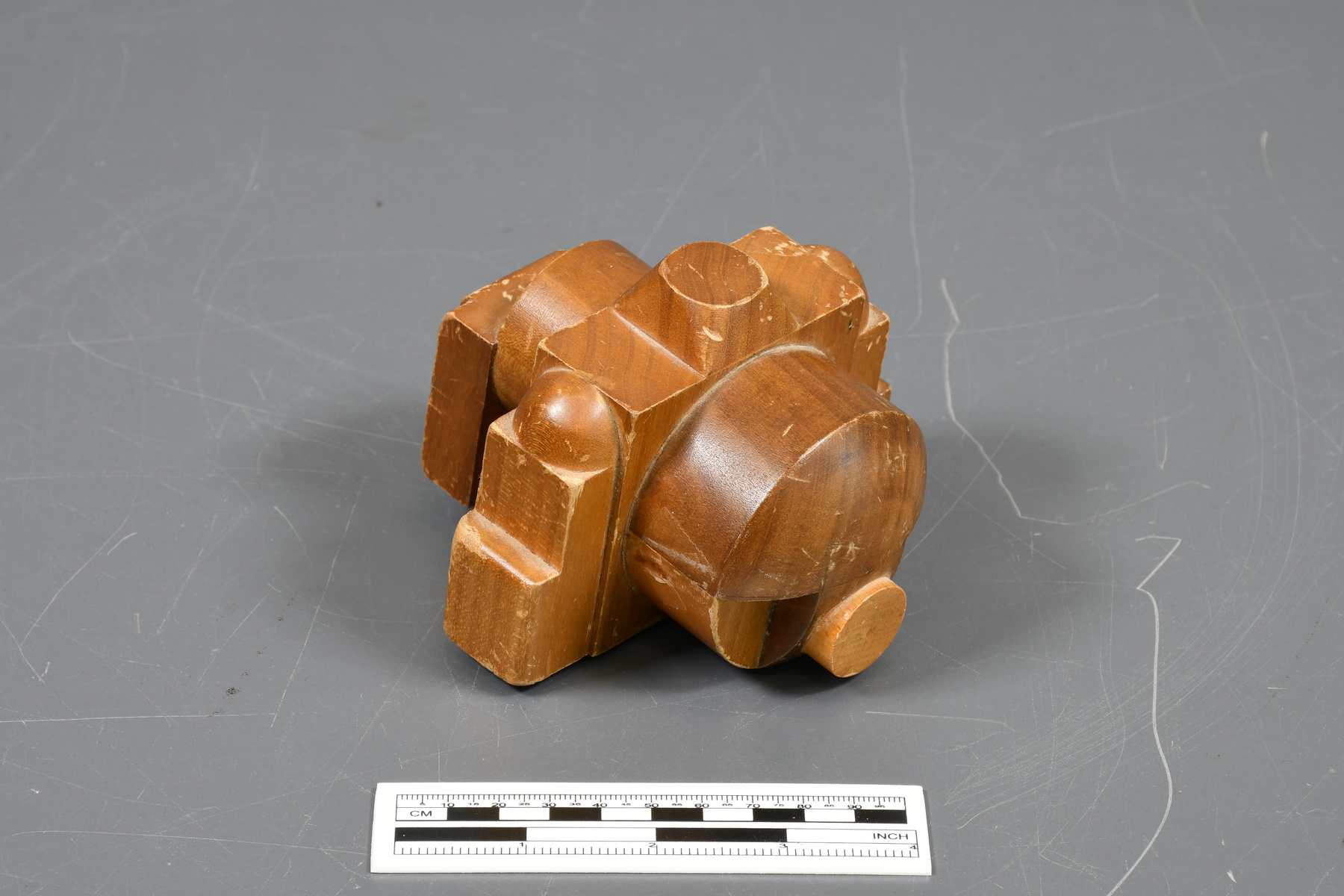Vehicle model
Use this image
Can I reuse this image without permission? Yes
Object images on the Ingenium Collection’s portal have the following Creative Commons license:
Copyright Ingenium / CC BY-NC-ND (Attribution-NonCommercial 4.0 International (CC BY-NC 4.0)
ATTRIBUTE THIS IMAGE
Ingenium,
2023.0002.001
Permalink:
Ingenium is releasing this image under the Creative Commons licensing framework, and encourages downloading and reuse for non-commercial purposes. Please acknowledge Ingenium and cite the artifact number.
DOWNLOAD IMAGEPURCHASE THIS IMAGE
This image is free for non-commercial use.
For commercial use, please consult our Reproduction Fees and contact us to purchase the image.
- OBJECT TYPE
- LUNAR LANDER
- DATE
- 1963
- ARTIFACT NUMBER
- 2023.0002.001
- MANUFACTURER
- Grumman Aircraft Engineering Corp.
- MODEL
- Unknown
- LOCATION
- Bethpage, New York, United States of America
More Information
General Information
- Serial #
- N/A
- Part Number
- 1
- Total Parts
- 2
- AKA
- N/A
- Patents
- N/A
- General Description
- Wood model with brass alignment pins.
Dimensions
Note: These reflect the general size for storage and are not necessarily representative of the object's true dimensions.
- Length
- 17.1 cm
- Width
- 17.0 cm
- Height
- 15.0 cm
- Thickness
- N/A
- Weight
- N/A
- Diameter
- N/A
- Volume
- N/A
Lexicon
- Group
- Space Technology
- Category
- Models
- Sub-Category
- N/A
Manufacturer
- AKA
- Grumman
- Country
- United States of America
- State/Province
- New York
- City
- Bethpage
Context
- Country
- United States of America
- State/Province
- Texas
- Period
- ca. 1963-1970
- Canada
-
As part of the Apollo Program’s mission of landing a man on the Moon and returning him safely to Earth, NASA requested proposals for a Lunar Excursion Module (LEM) in July 1962 from eleven U.S. aerospace companies. Out of the nine proposals submitted, Grumman Aircraft Engineering Cooperation won the contract in November 1962, signing it in January 1963. This small wooden model depicts an early LEM design. It is not the first LEM design, as it has only four legs, where the design that won Grumman the bid in 1962 featured five legs, but it is still an early design as it has the very round shape characteristic of Grumman’s early LEM designs. This small wooden LEM model is very rare and originally belonged to Canadian engineer Owen Maynard and illustrates his close association to the Apollo Program as he was integral to the design and development of the Apollo spacecrafts, especially the LEM. Maynard was the first person at NASA to start working on the design of the LEM in 1961 and worked closely with Grumman as the manager of the LEM Systems Office. During the development of the LEM, Maynard brought this particular model home and shared it with his family, explaining that this was the spacecraft that would be landing on the Moon. - Function
-
To illustrate the appearance of a proposed Lunar Excursion Module as one of the spacecrafts of the Apollo Program. - Technical
-
The Lunar Excursion Module (LEM), eventually known as the Lunar Module (LM), was a series spacecraft designed to land a two-person crew on the Moon’s surface as part of the Apollo Program from 1969-1972. This 1963 wooden LEM model by Grumman features four legs, two docking hatches and is spherical in shape. The final LM would similarly feature four legs, which helped simplify the design and save on weight, but the spherical shape would change significantly. This small wooden model served as a communication tool and proof of concept during the design and development of the LEM. The simple wooden design allowed for faster manufacturing and gave engineers the opportunity to quickly illustrate the main design features of the LEM. - Area Notes
-
Unknown
Details
- Markings
- None apparent
- Missing
- Appears complete
- Finish
- Dark brown wood model with brass-coloured metal pins.
- Decoration
- N/A
CITE THIS OBJECT
If you choose to share our information about this collection object, please cite:
Grumman Aircraft Engineering Corp., Vehicle model, circa 1963, Artifact no. 2023.0002, Ingenium – Canada’s Museums of Science and Innovation, http://collection.ingeniumcanada.org/en/item/2023.0002.001/
FEEDBACK
Submit a question or comment about this artifact.
More Like This
